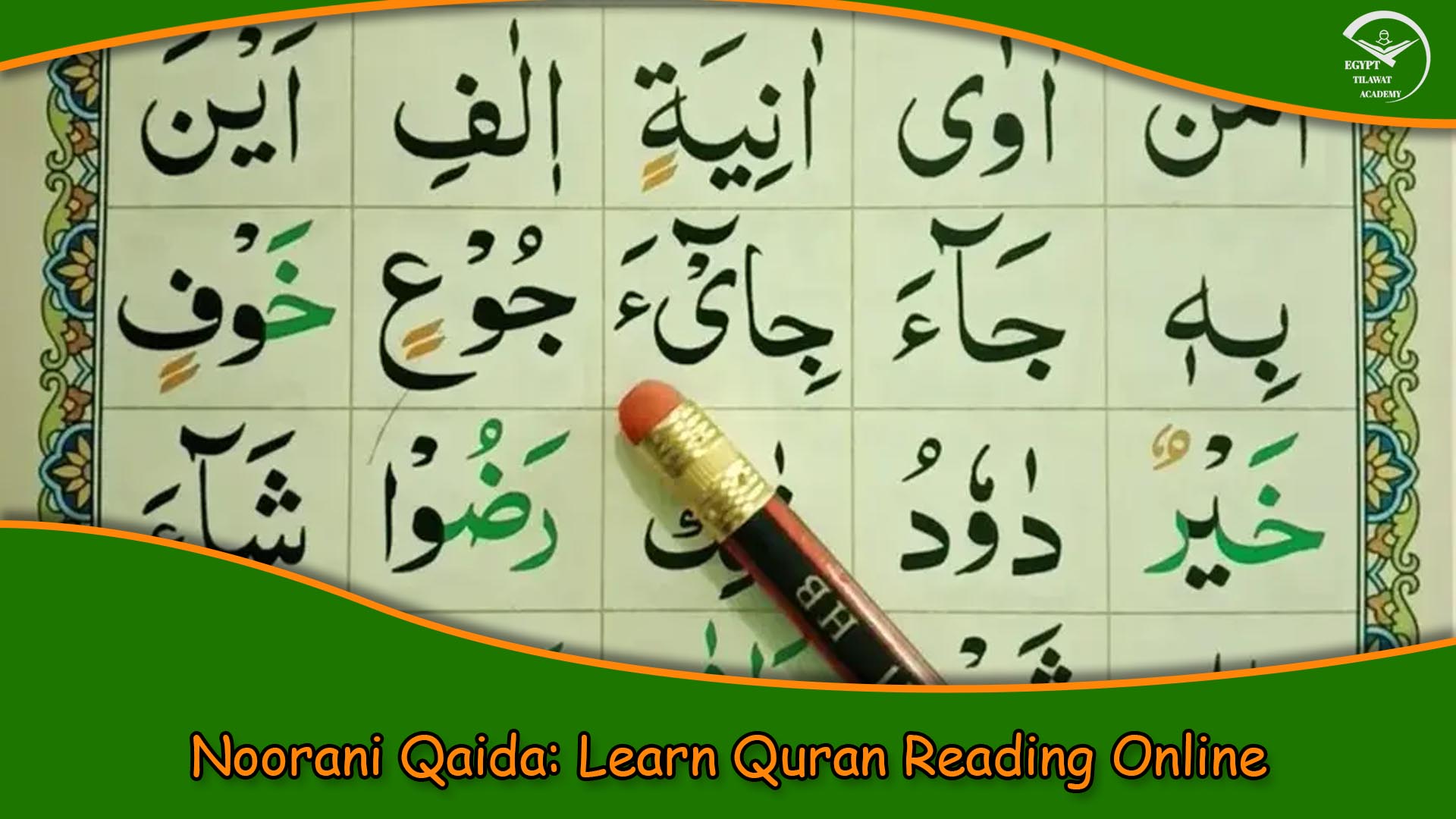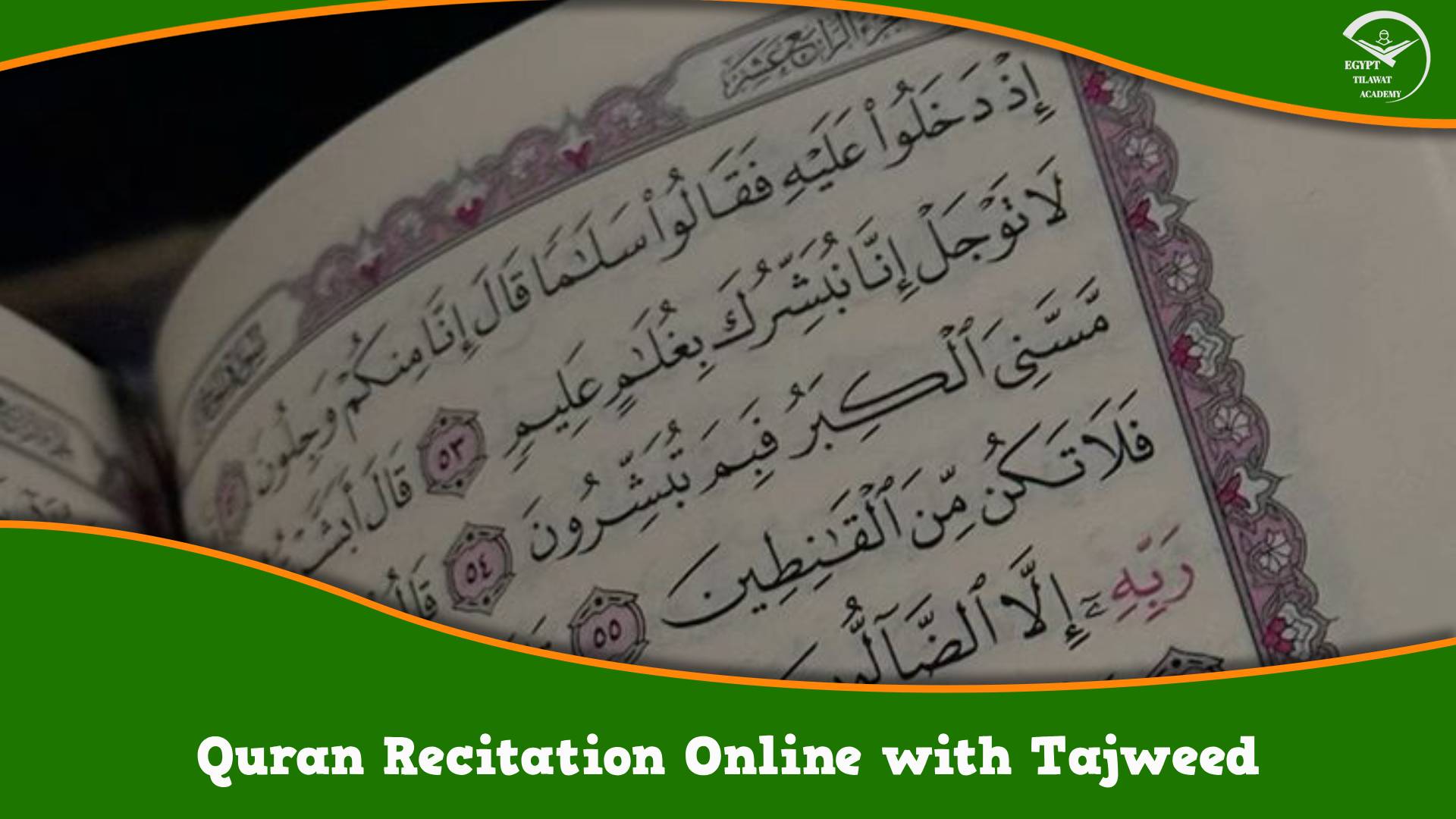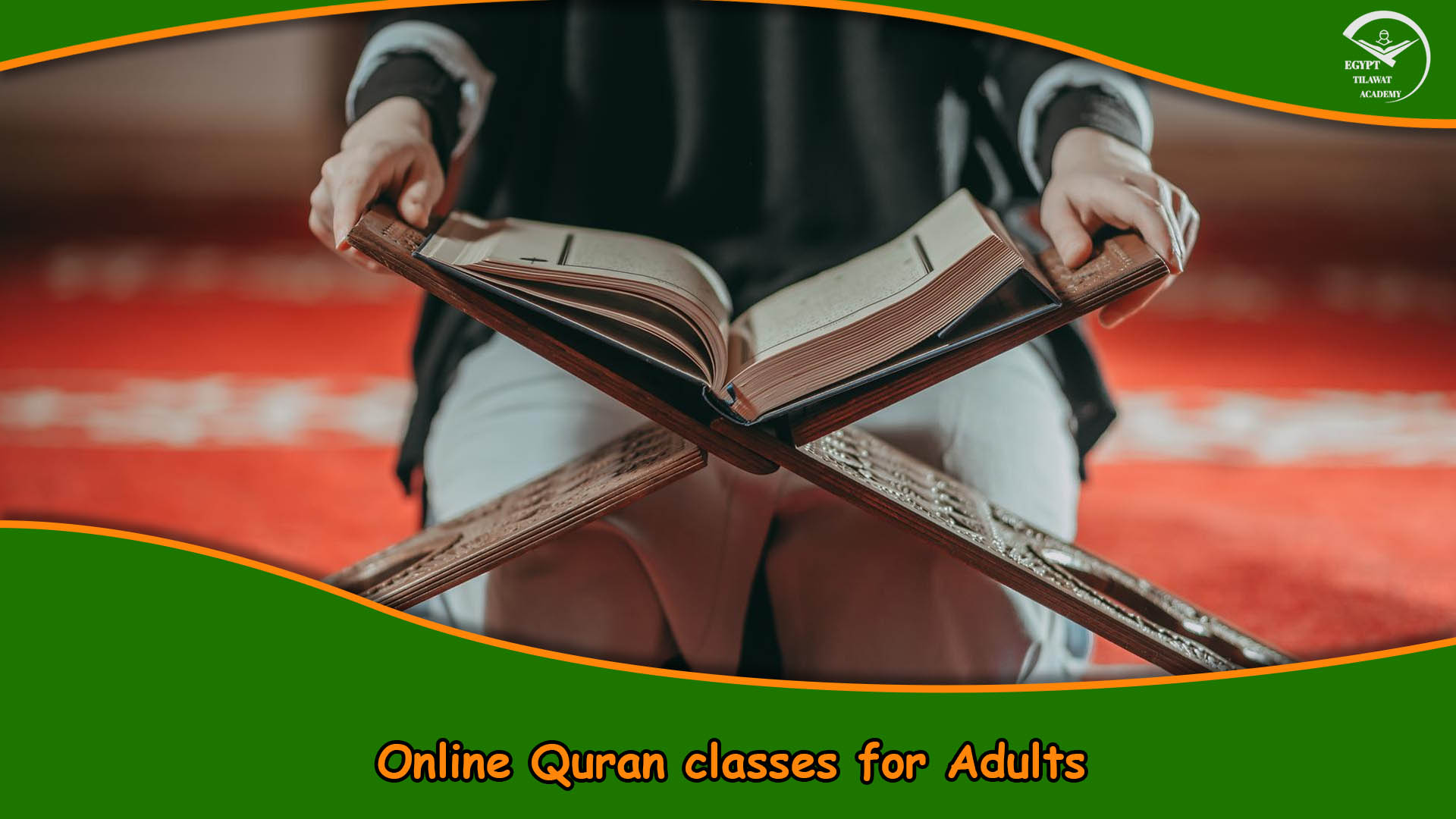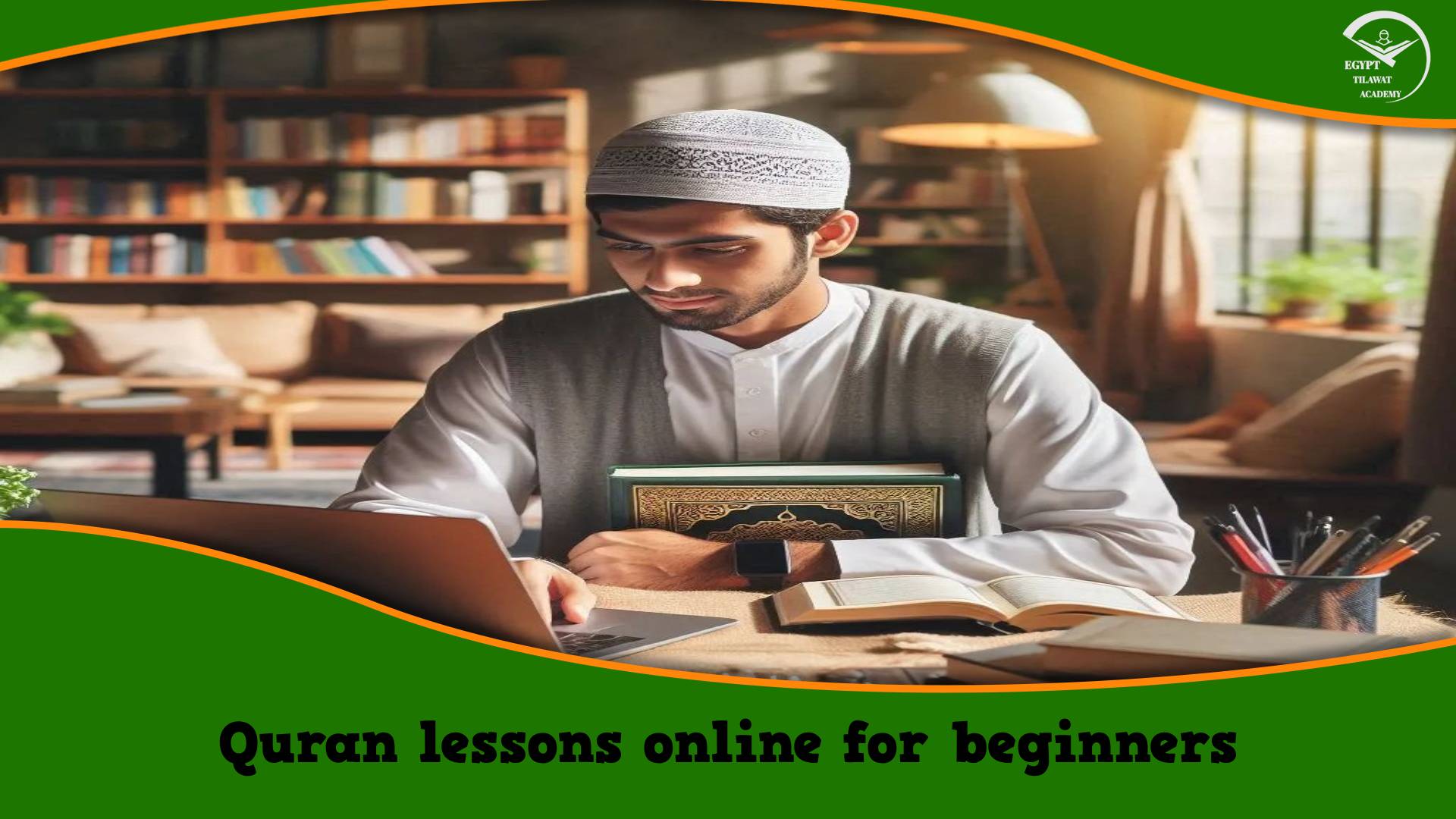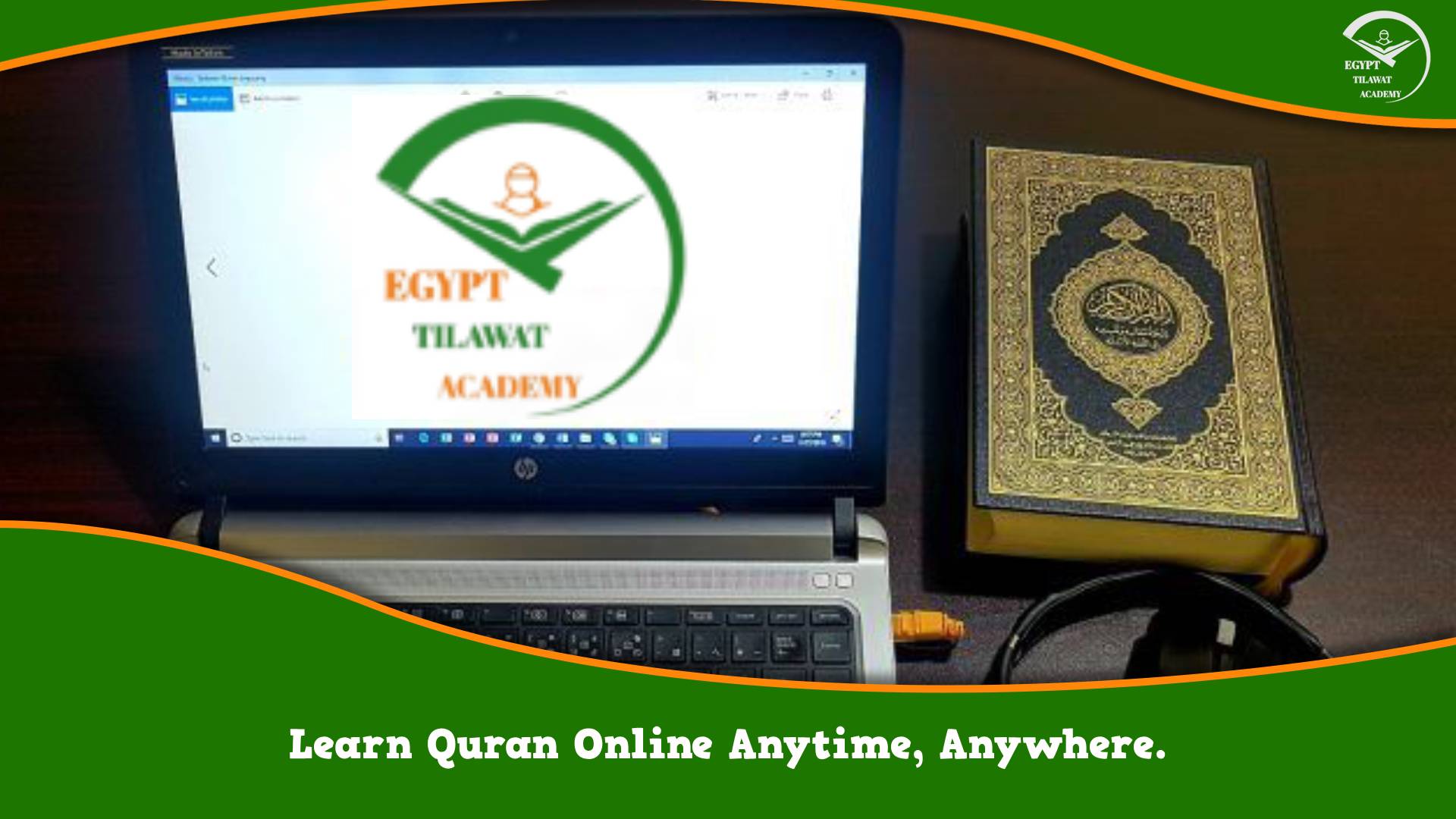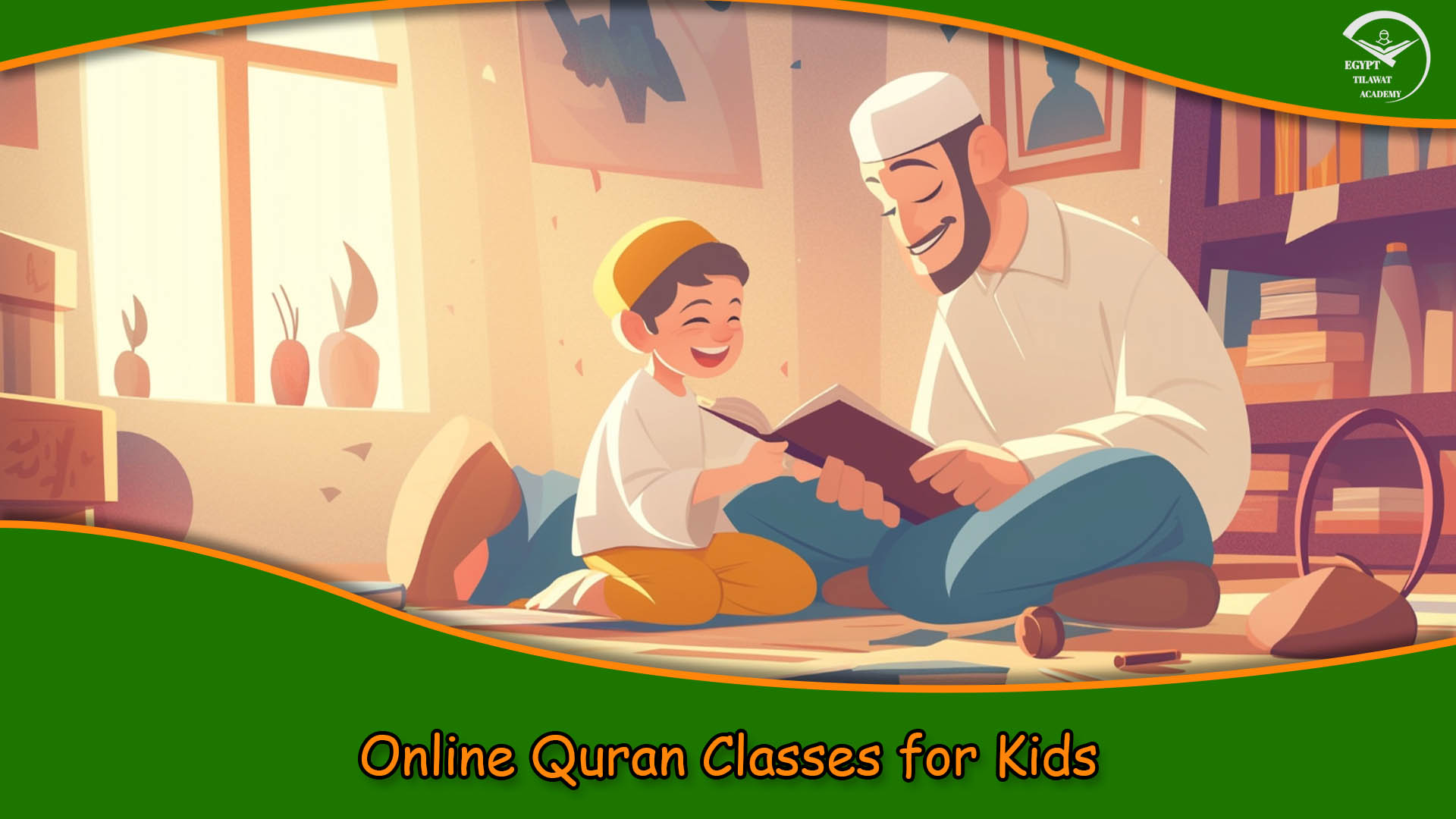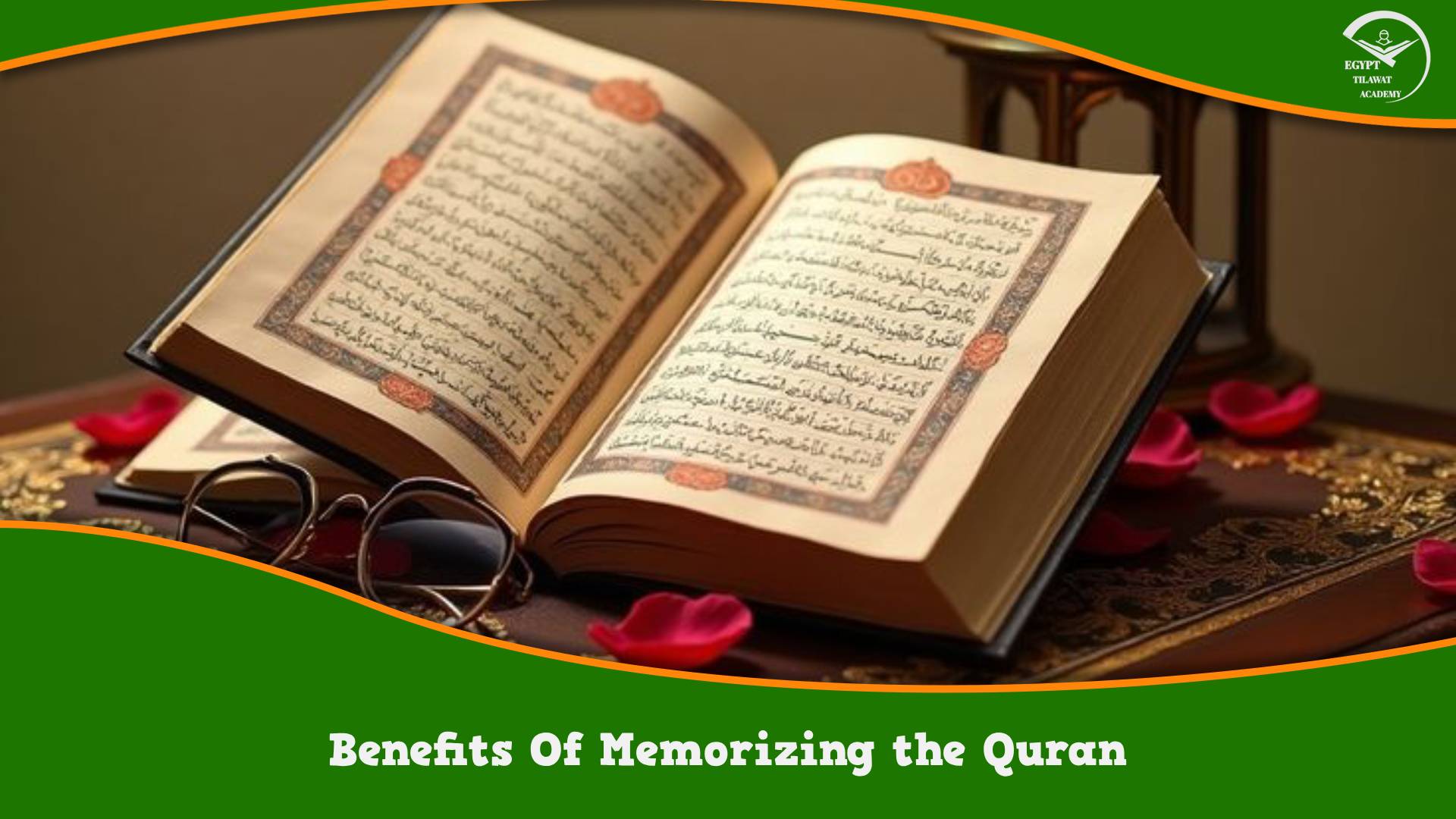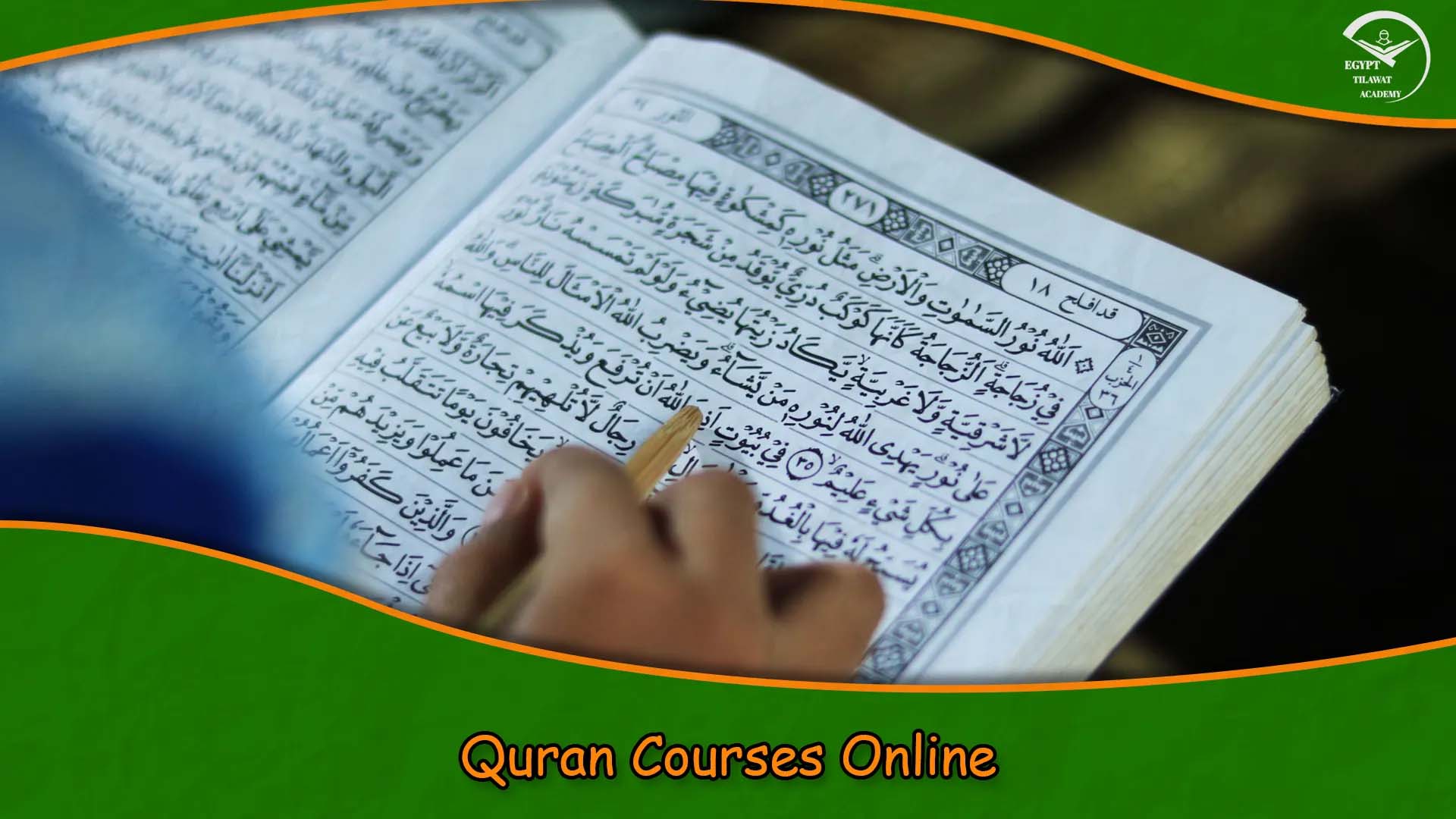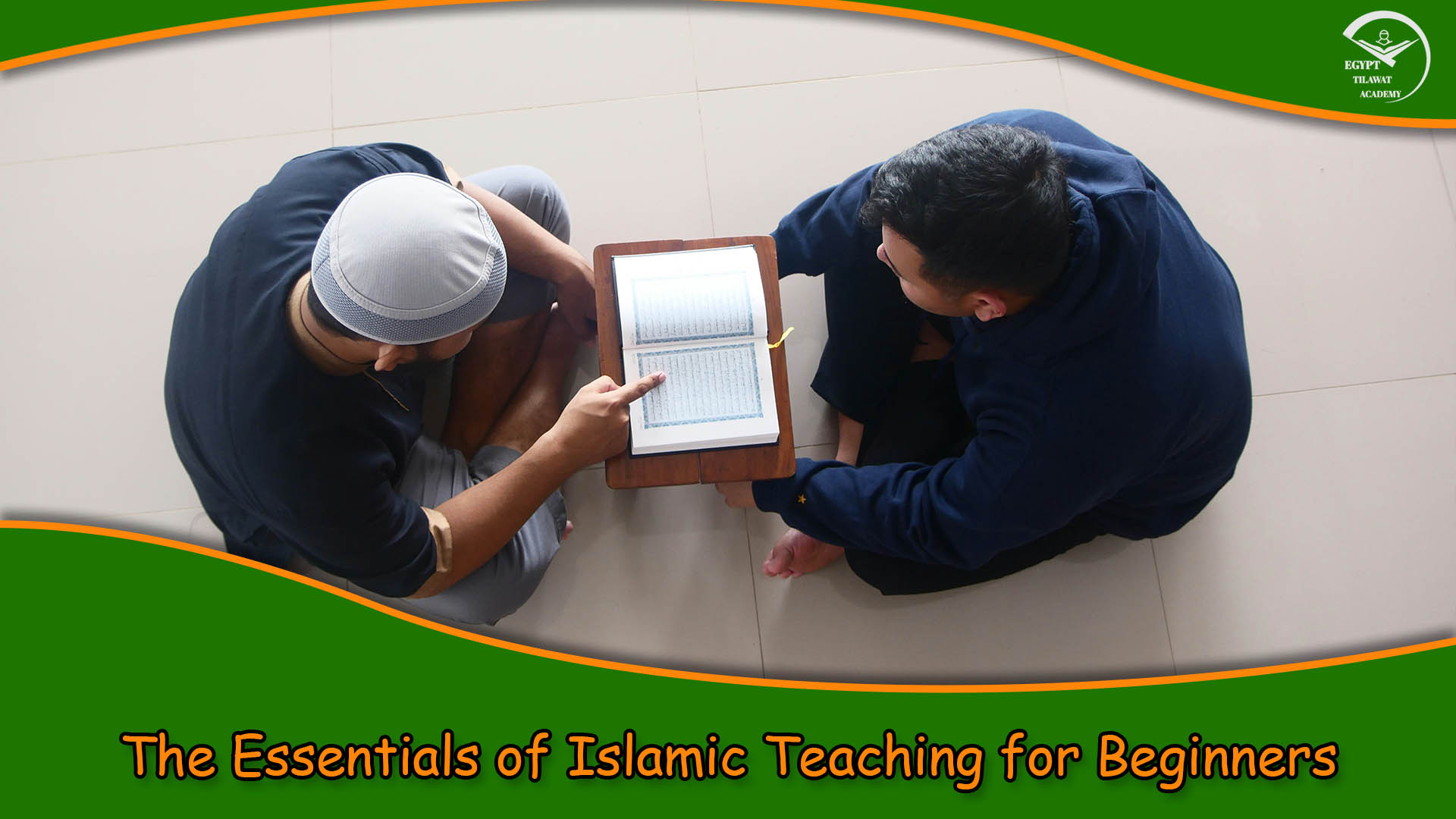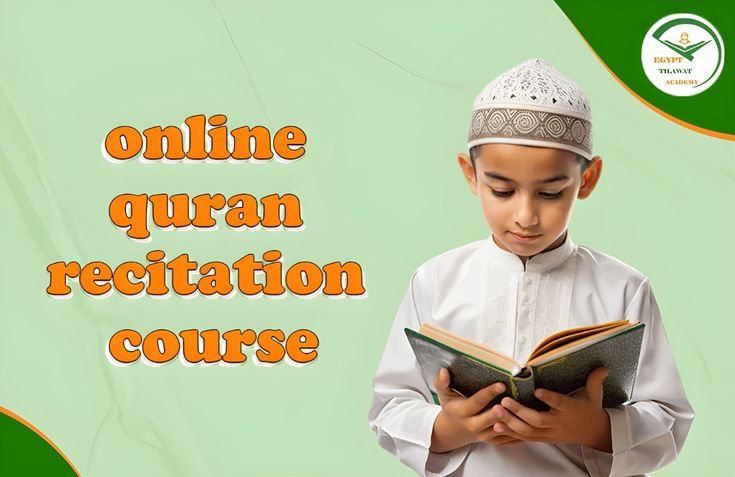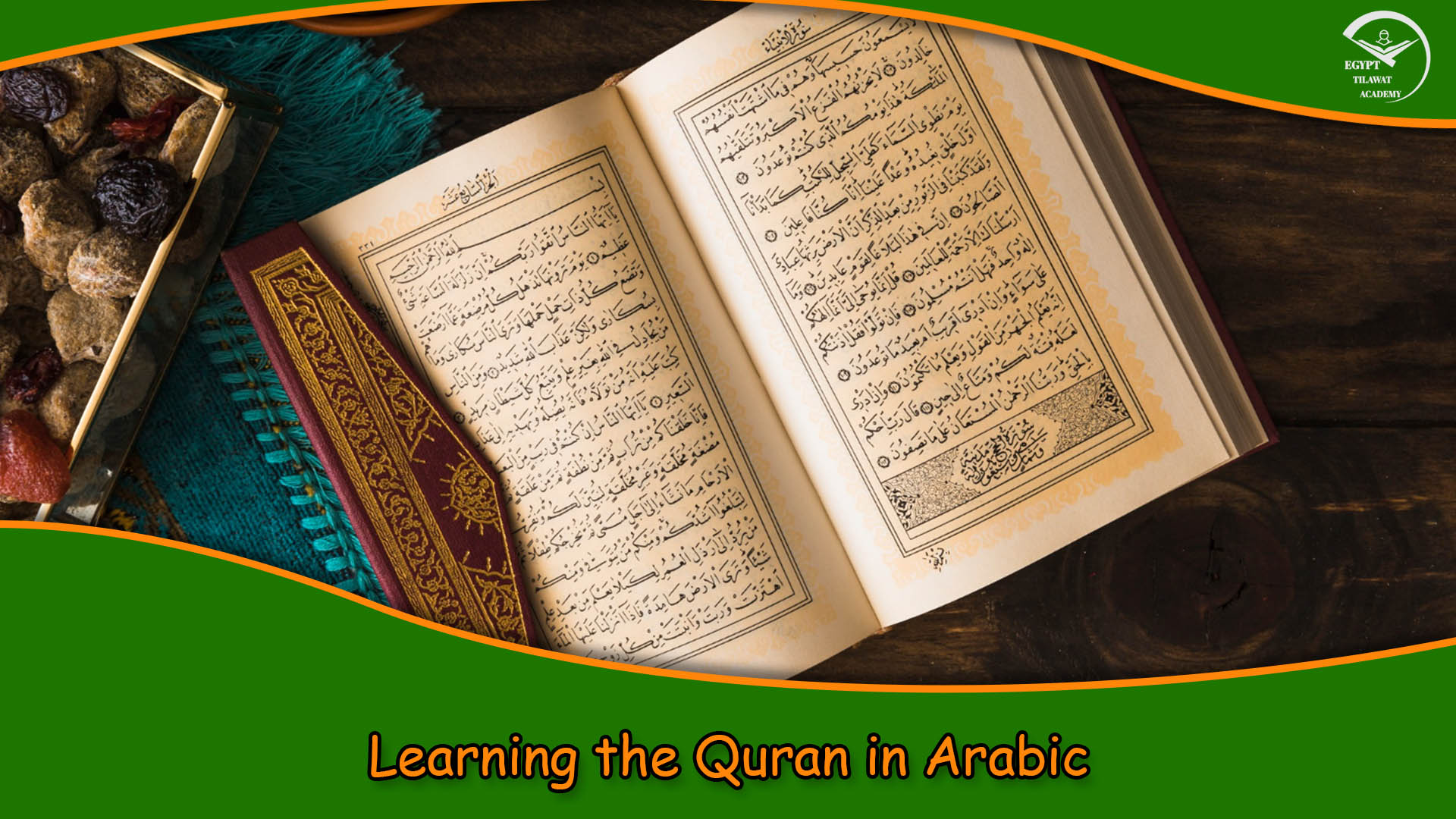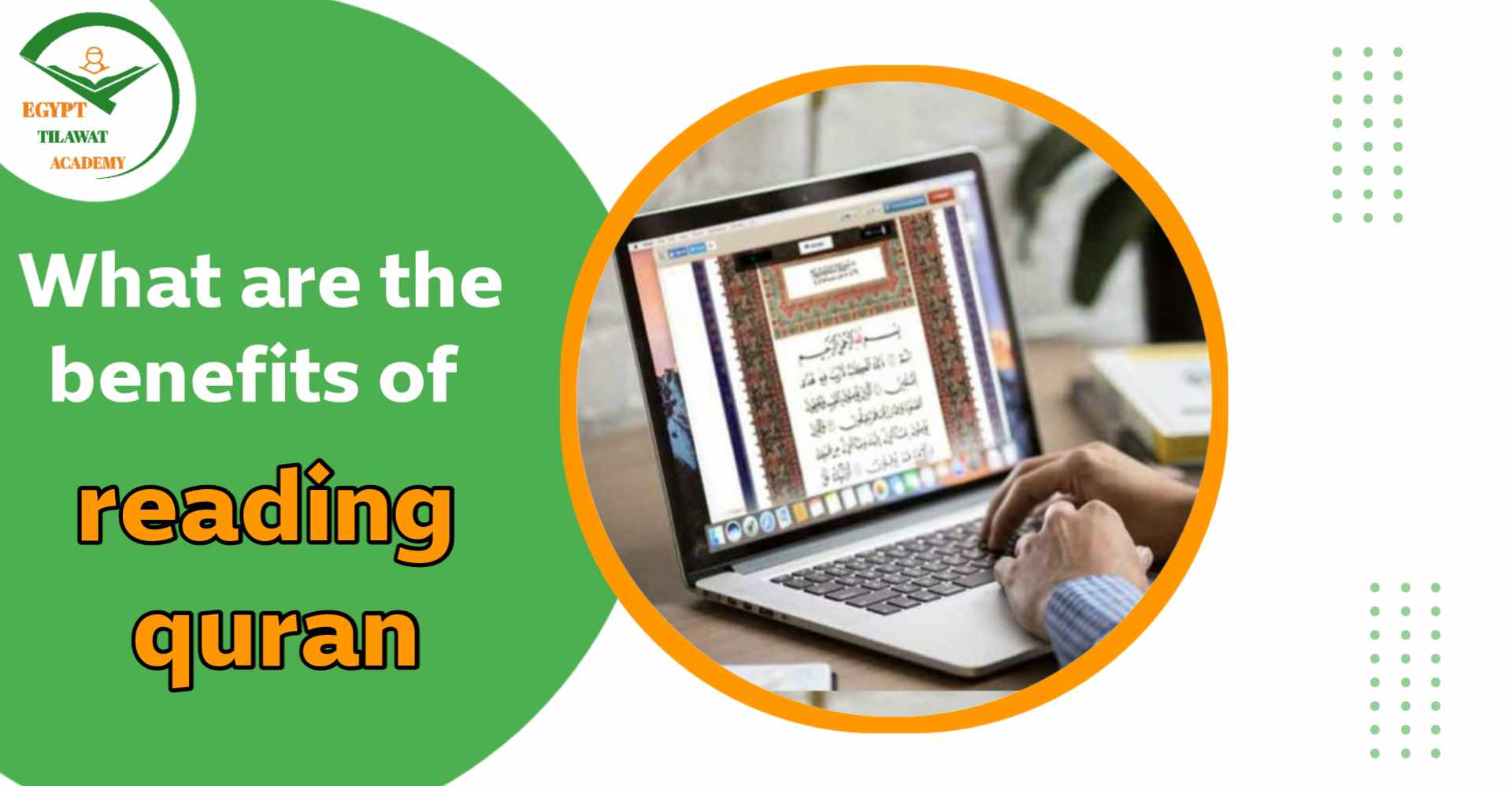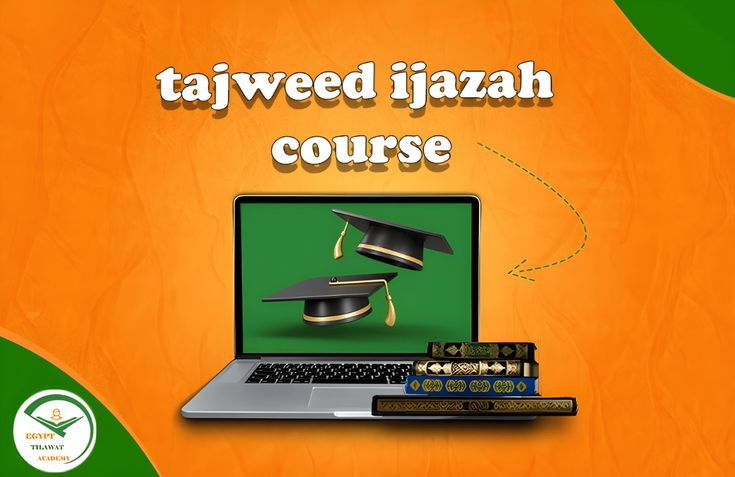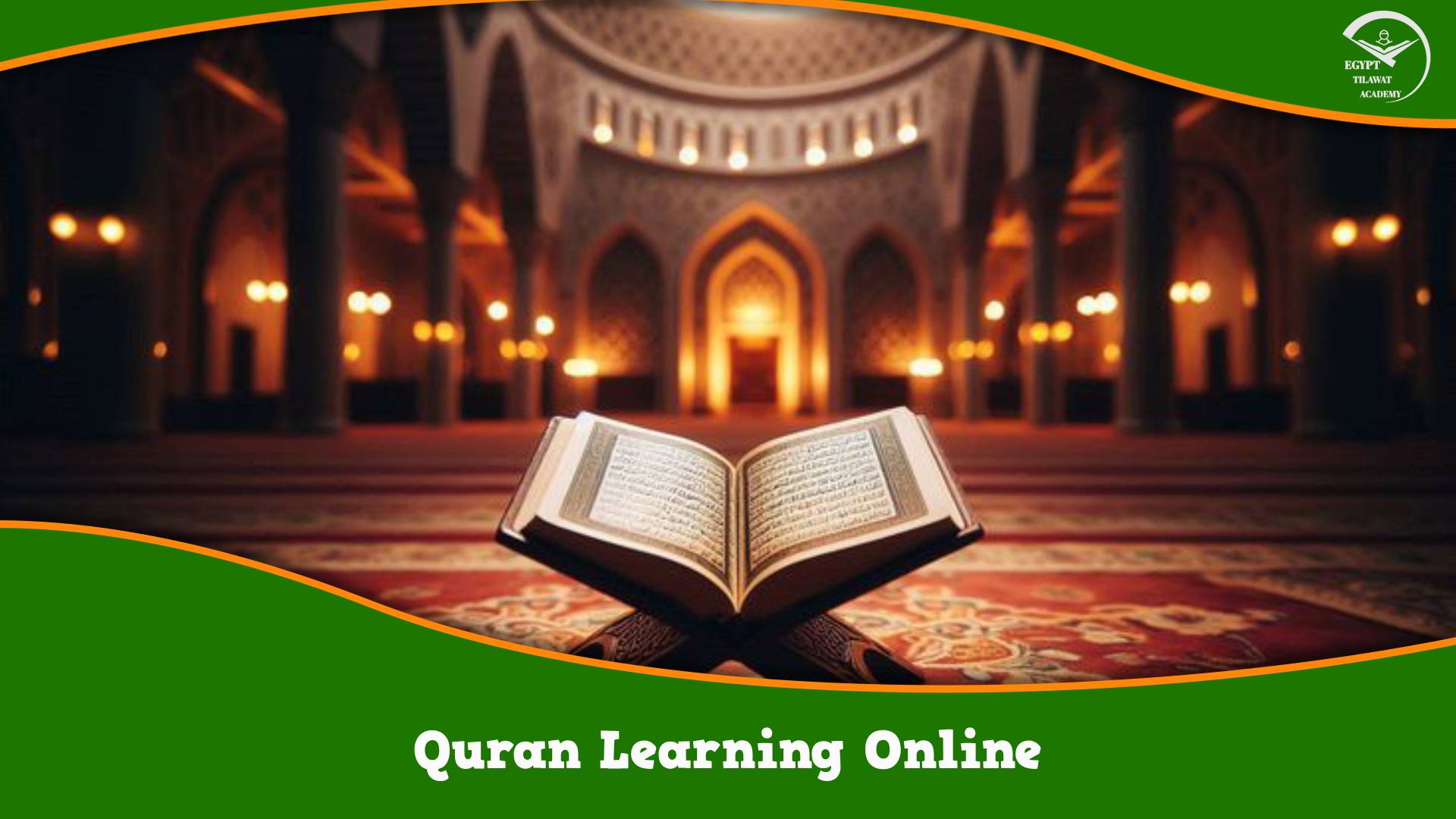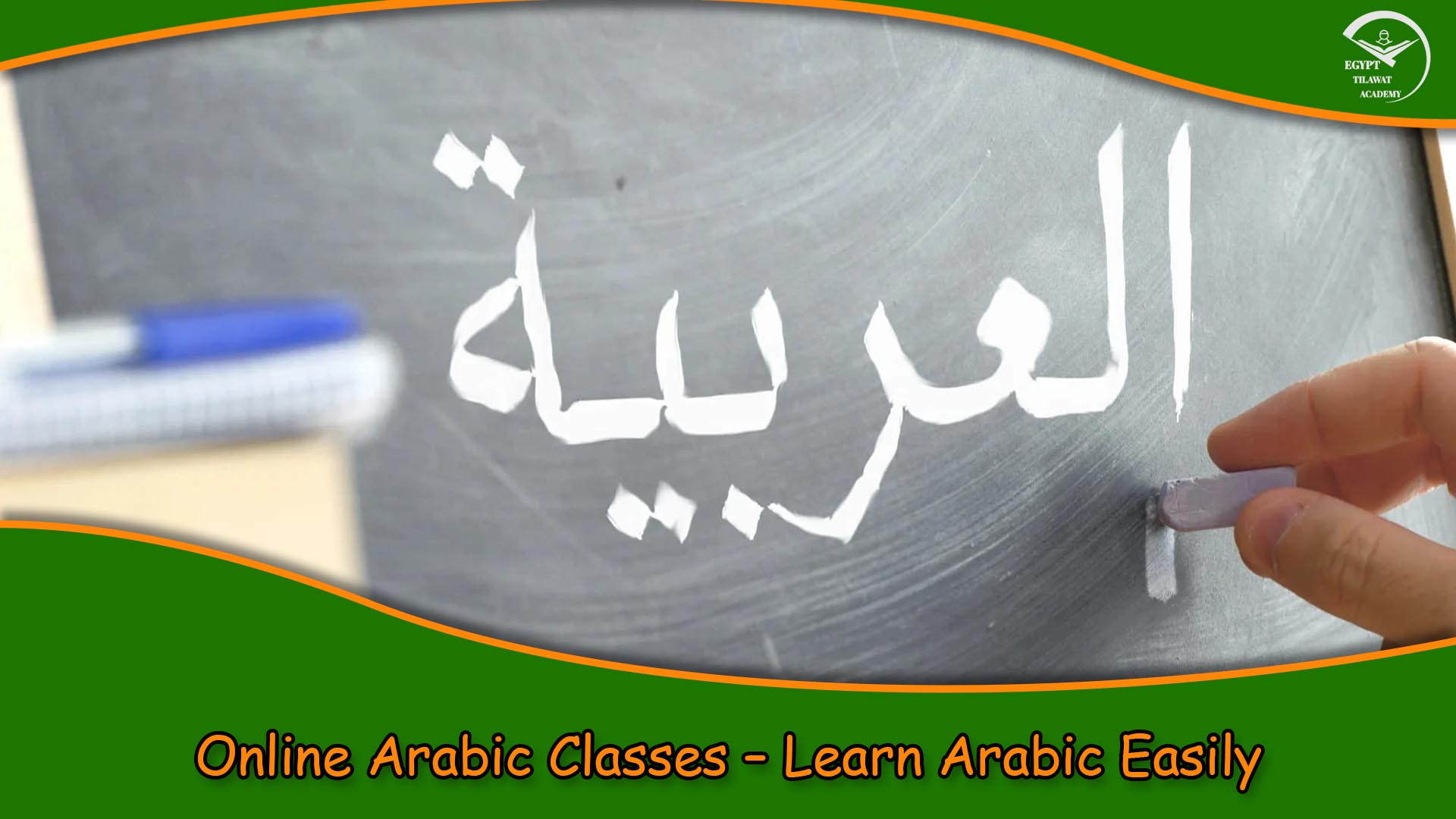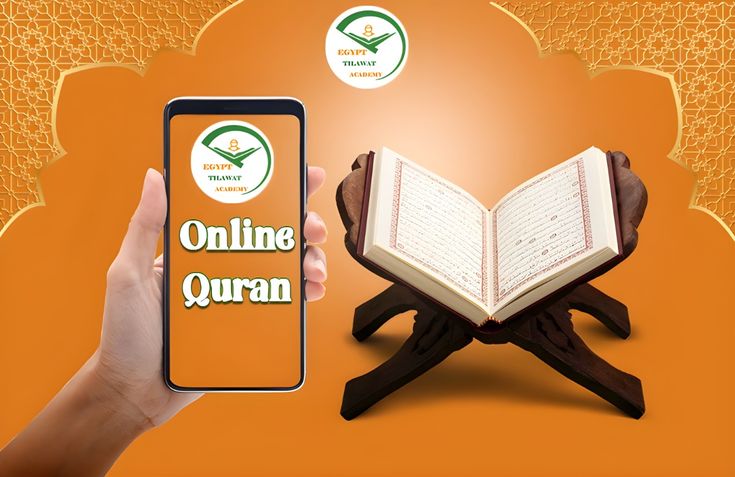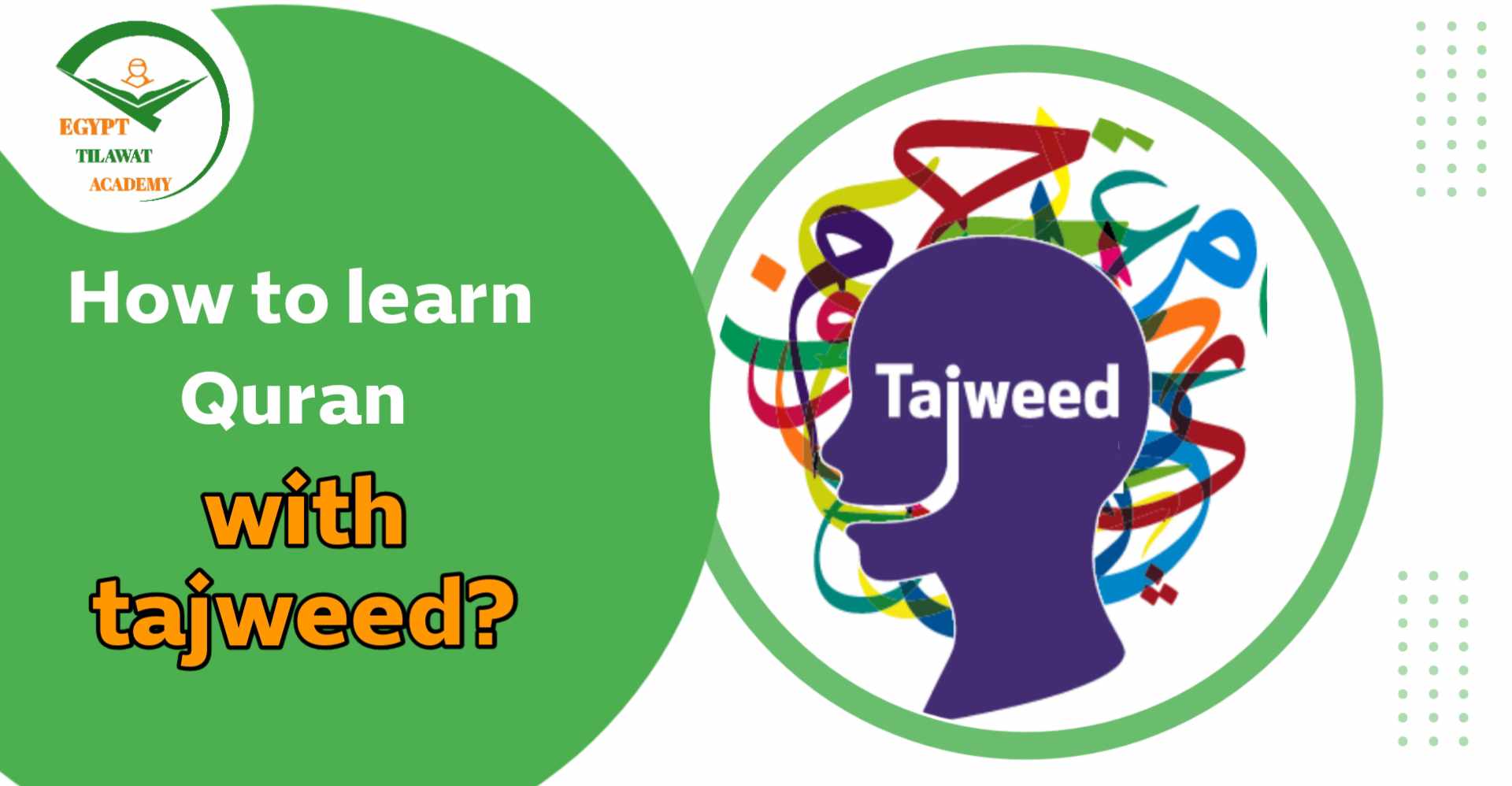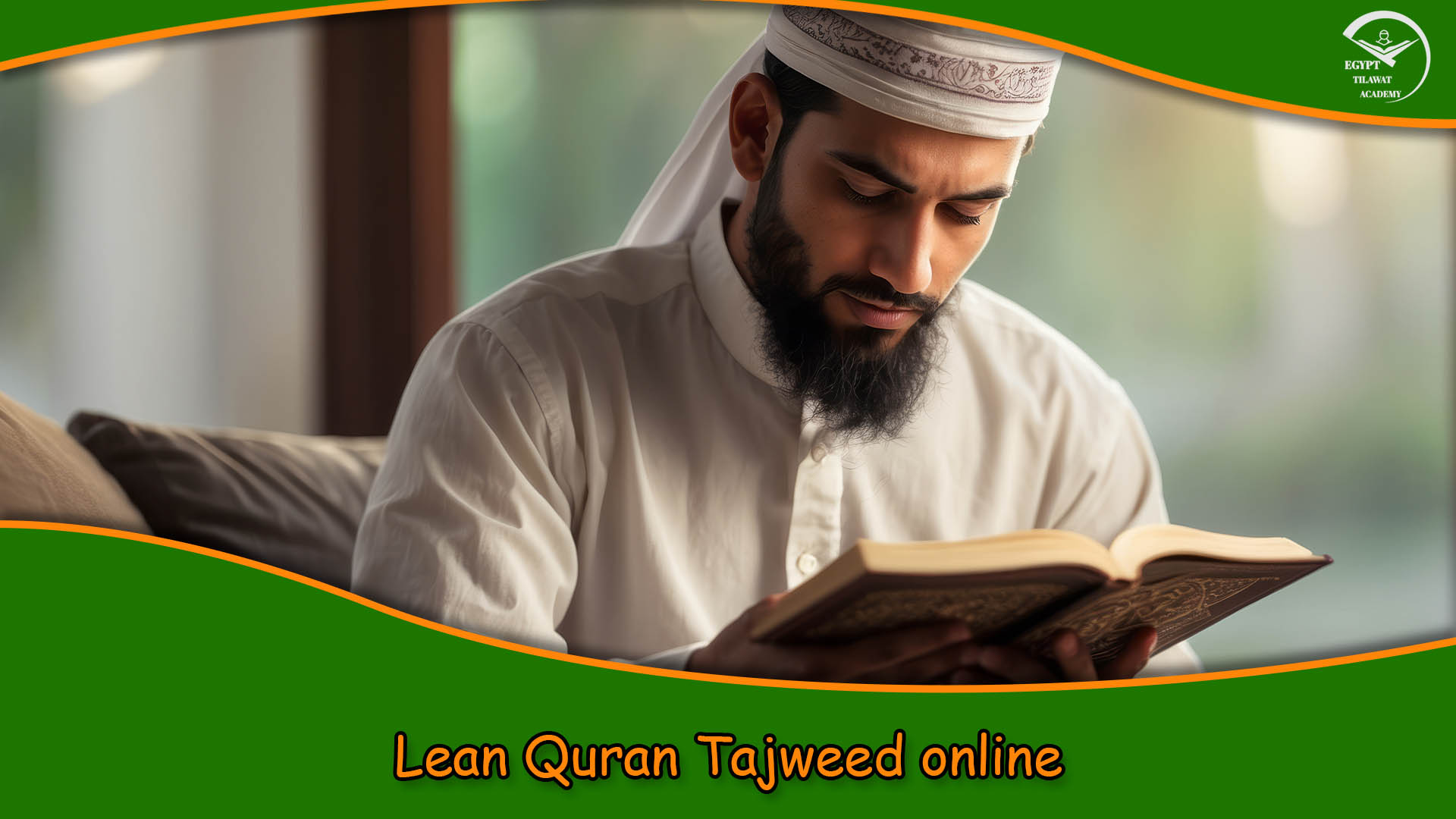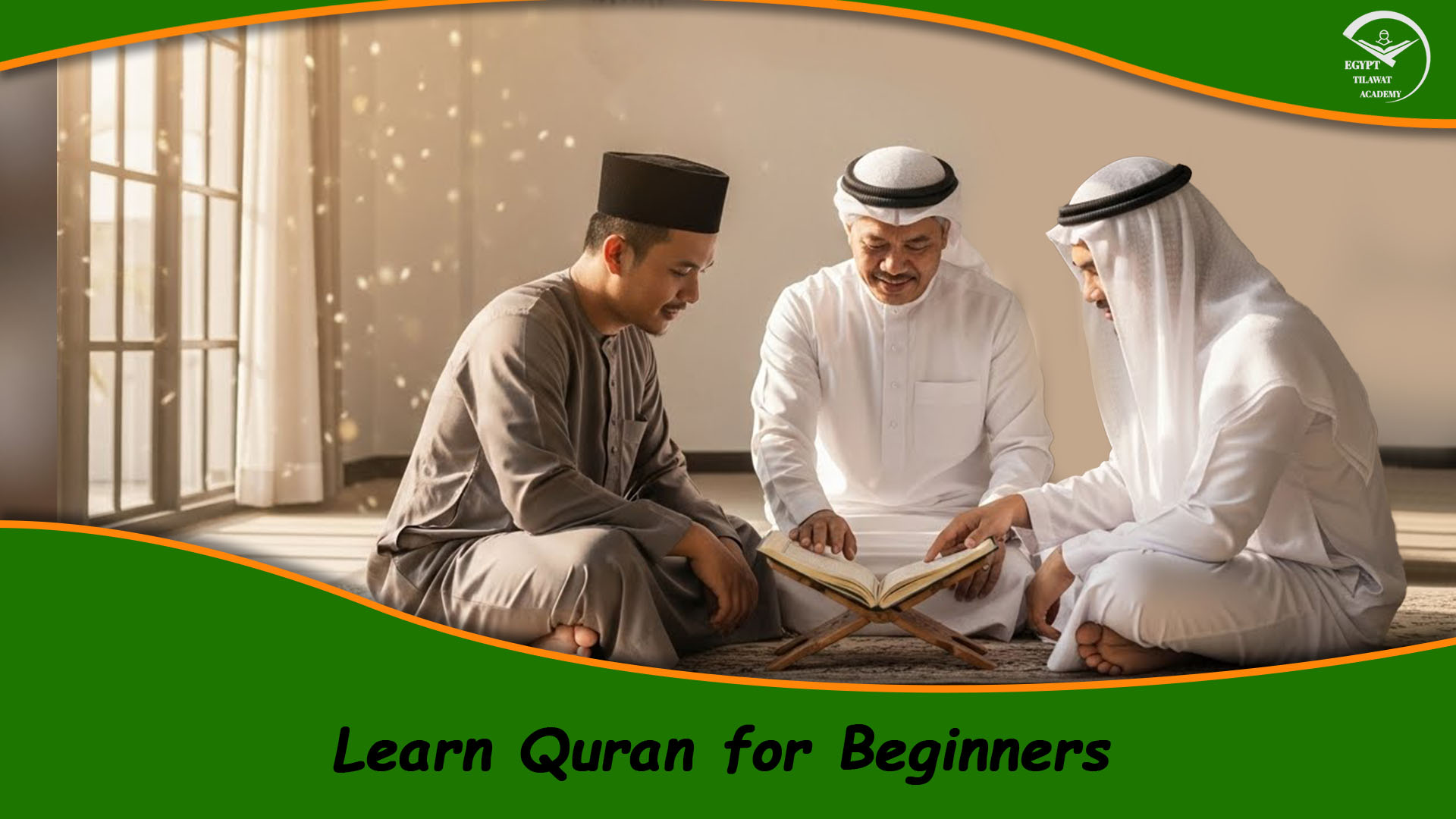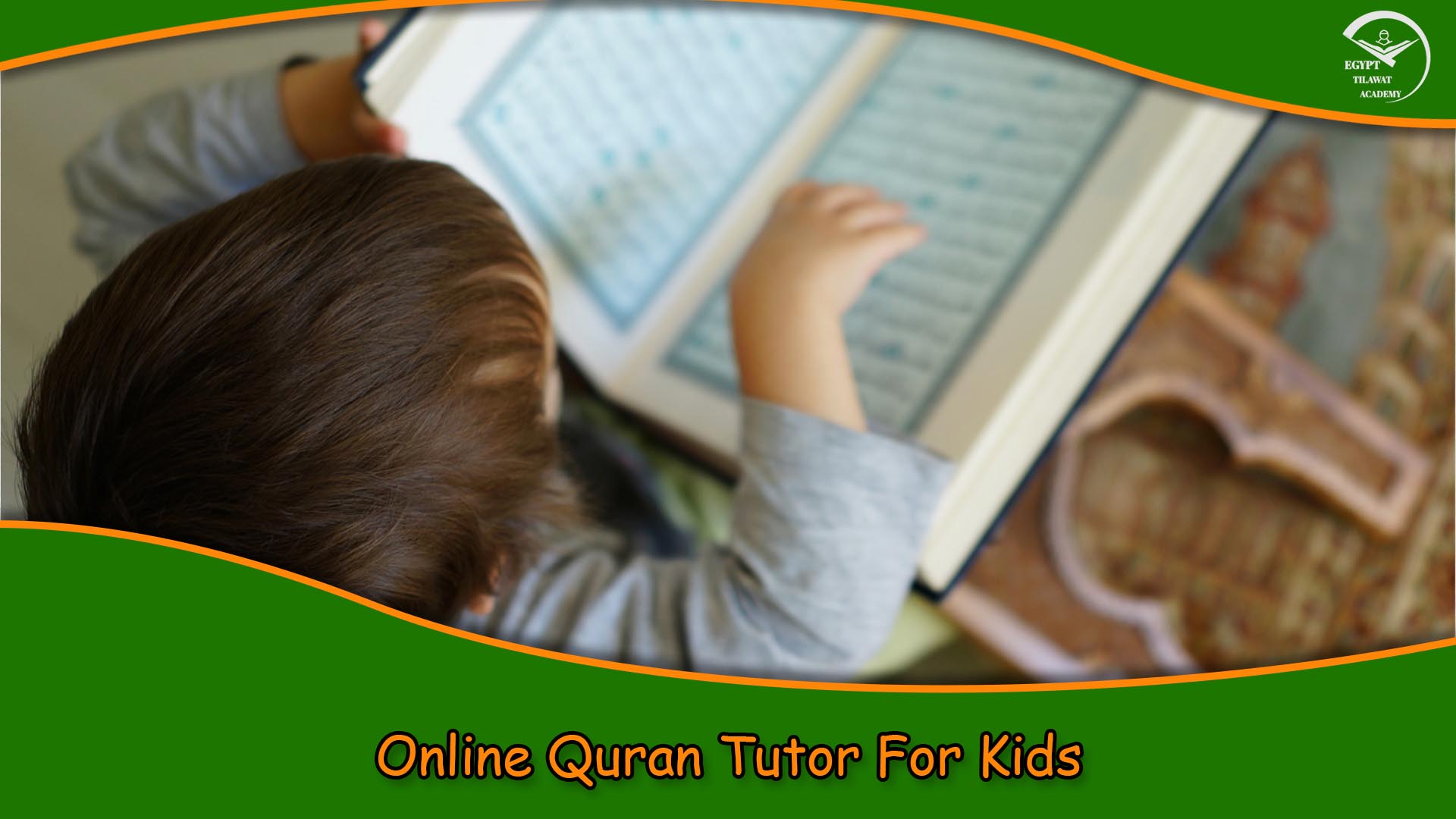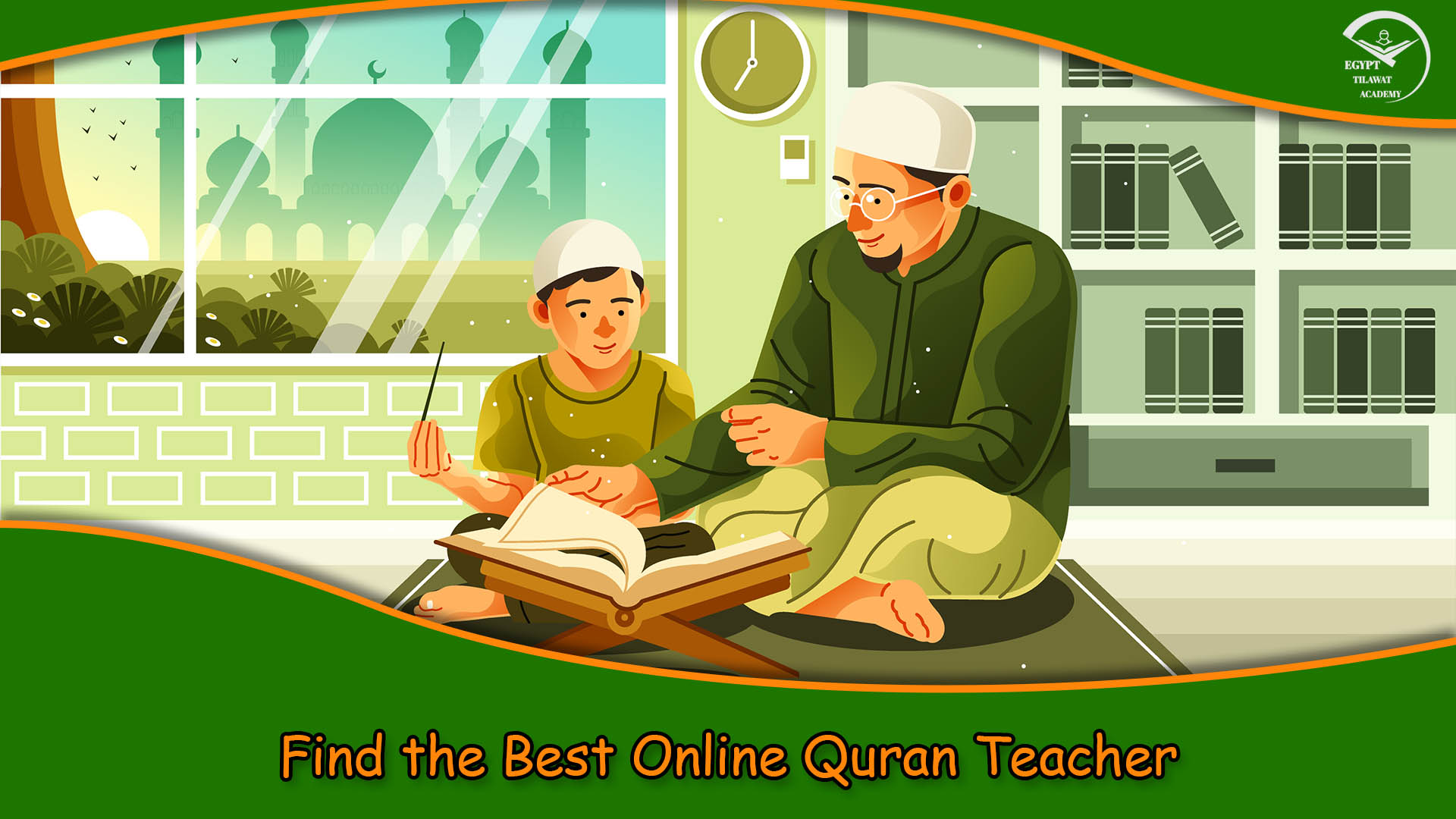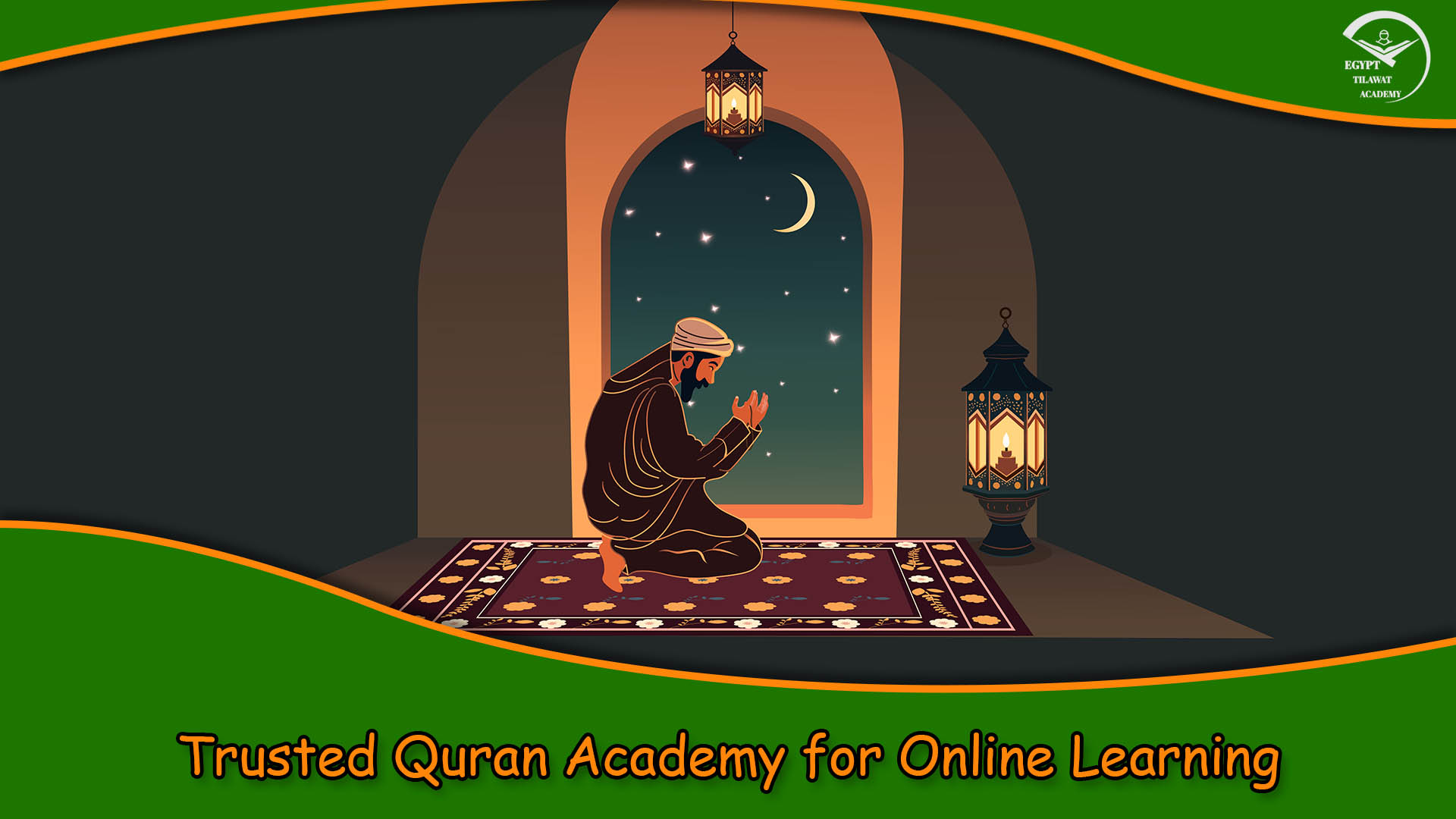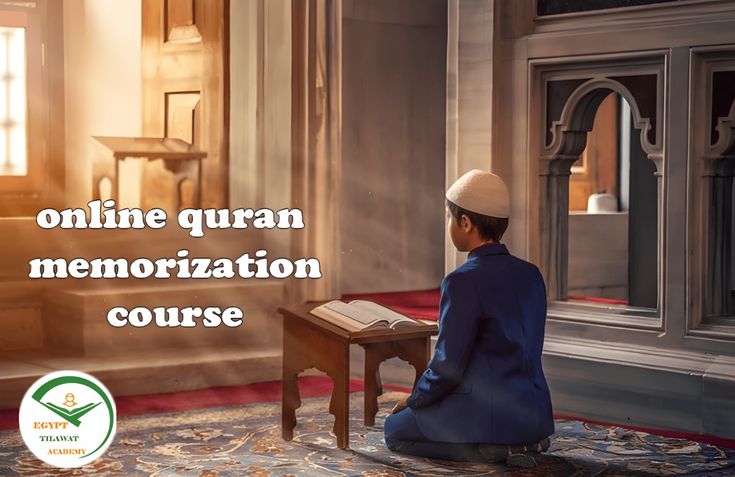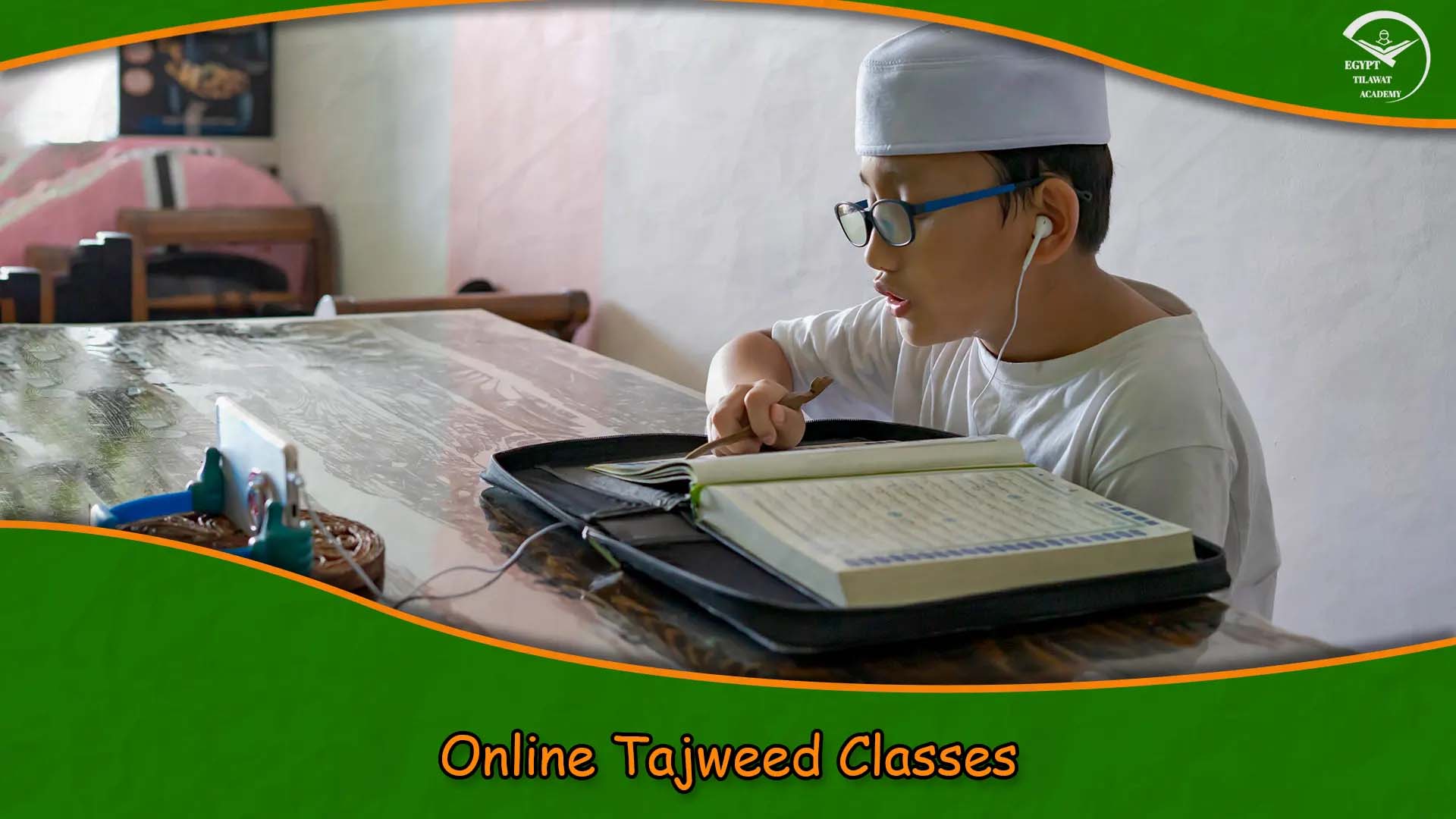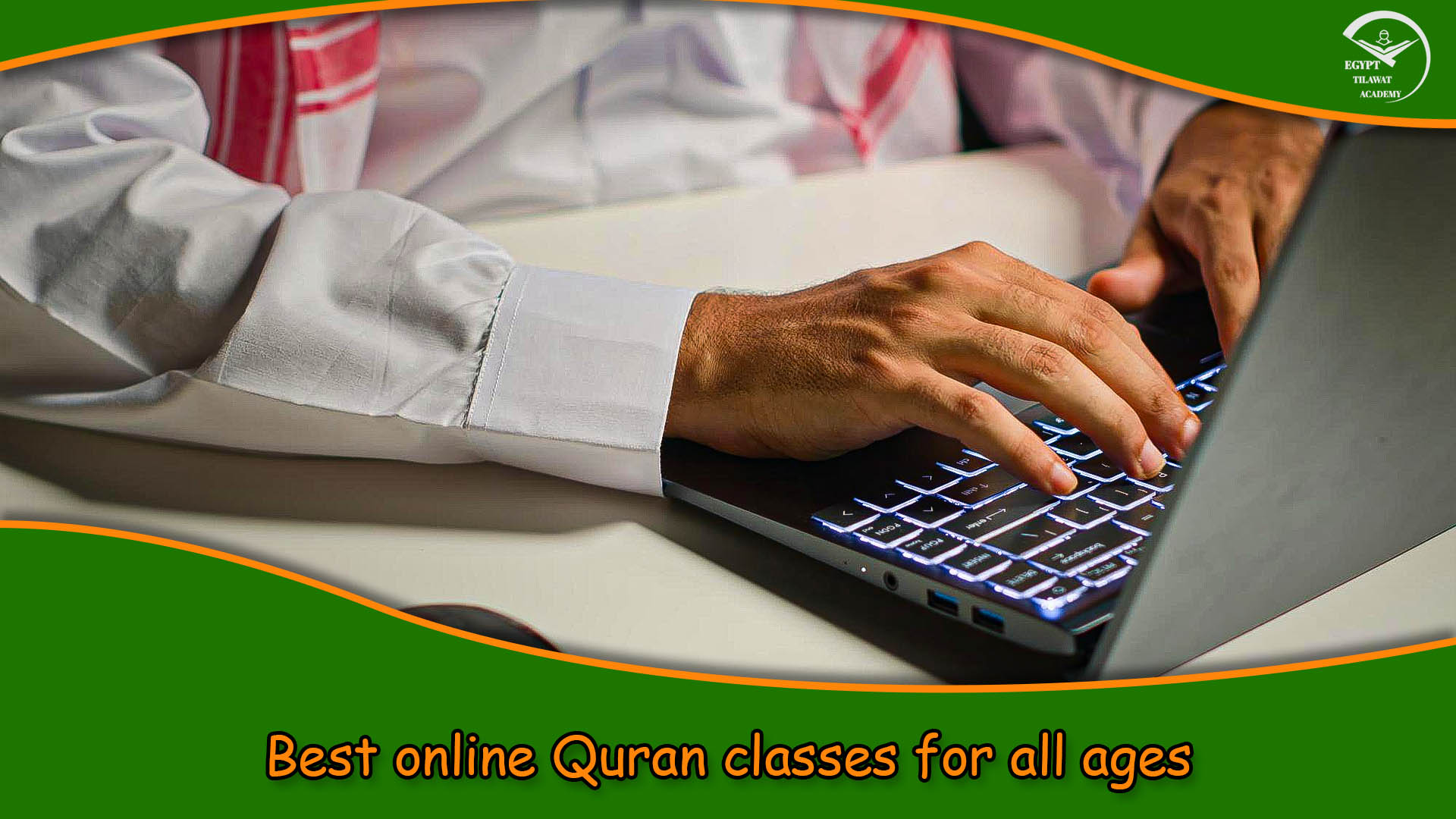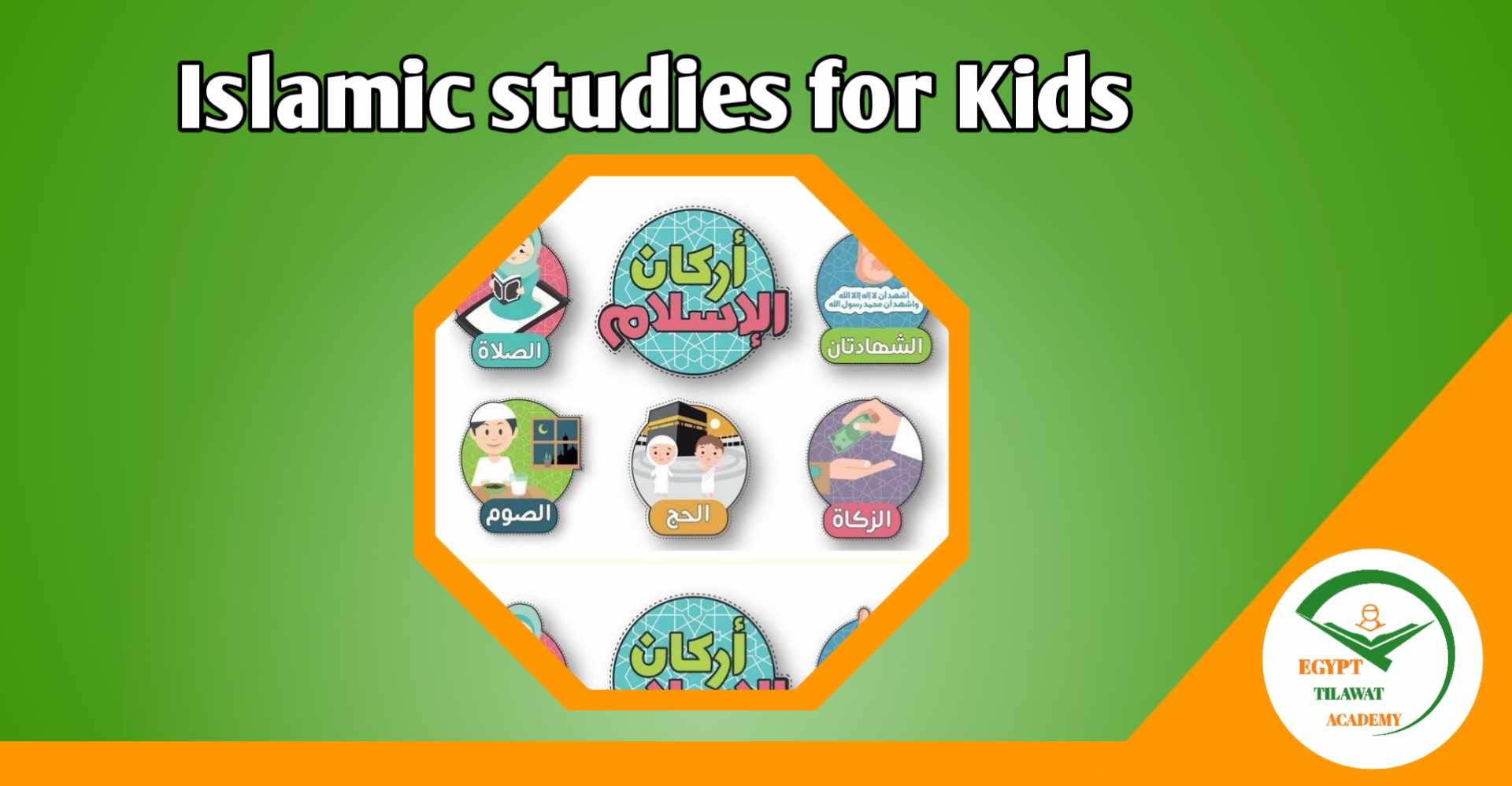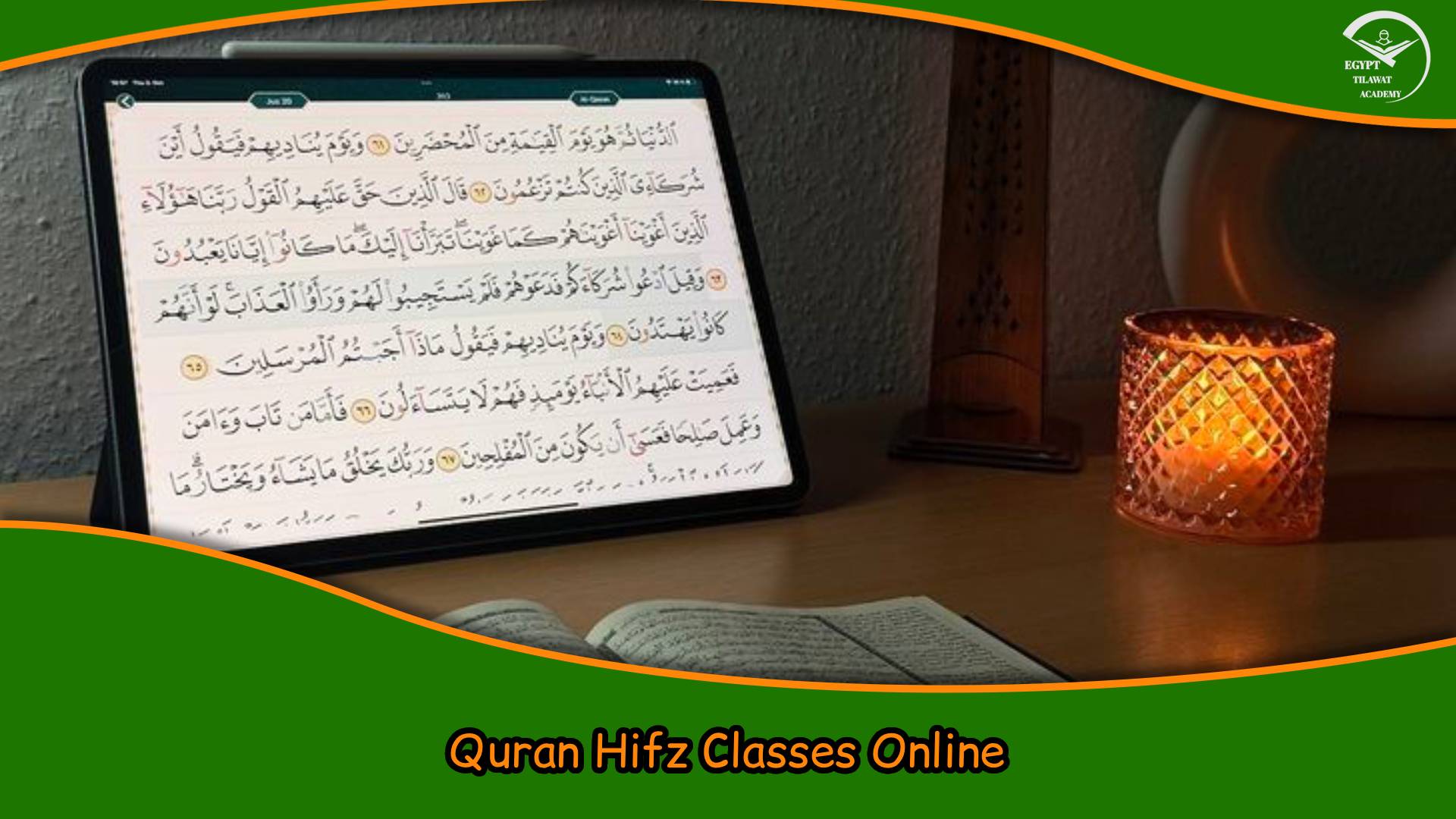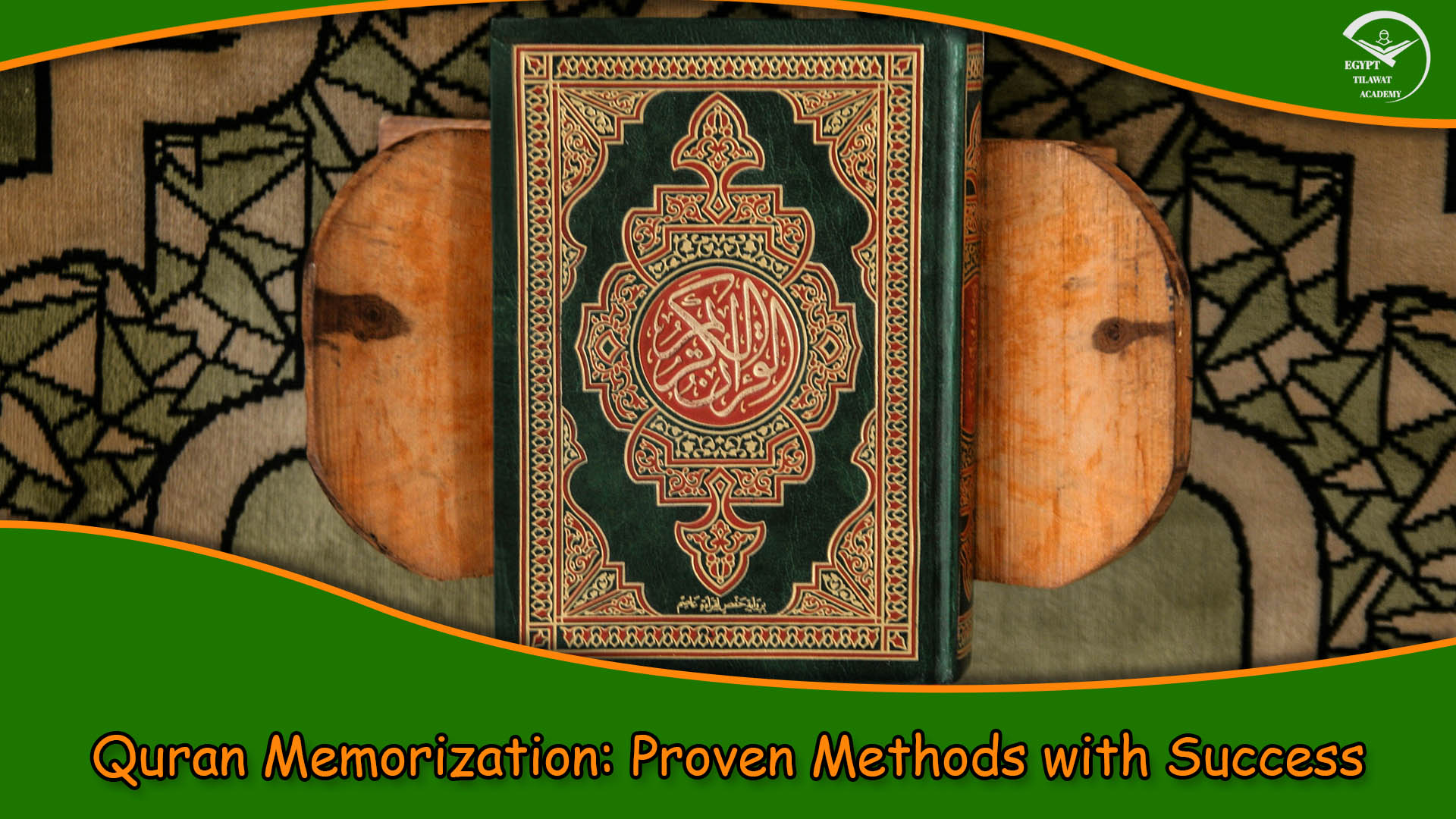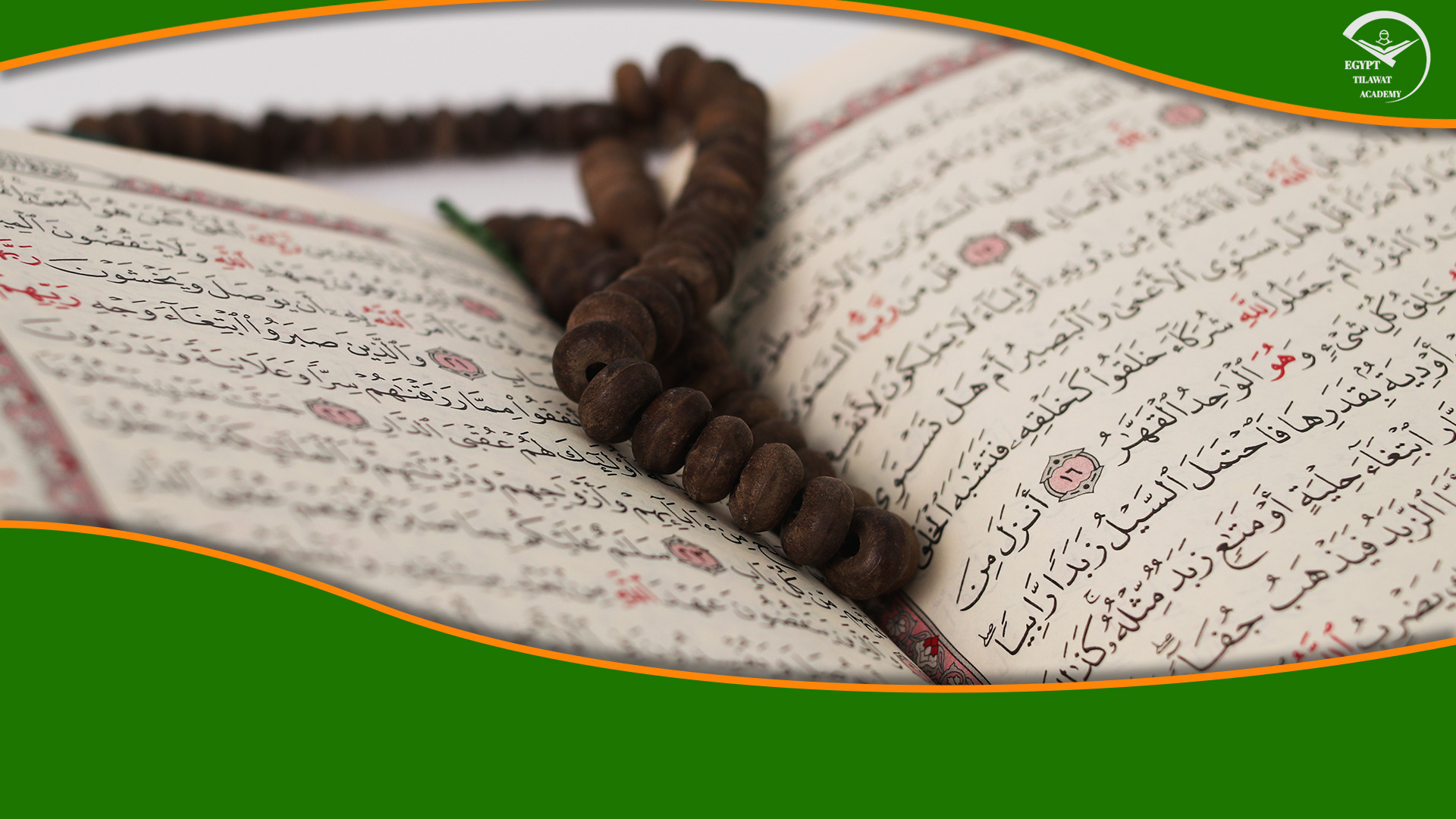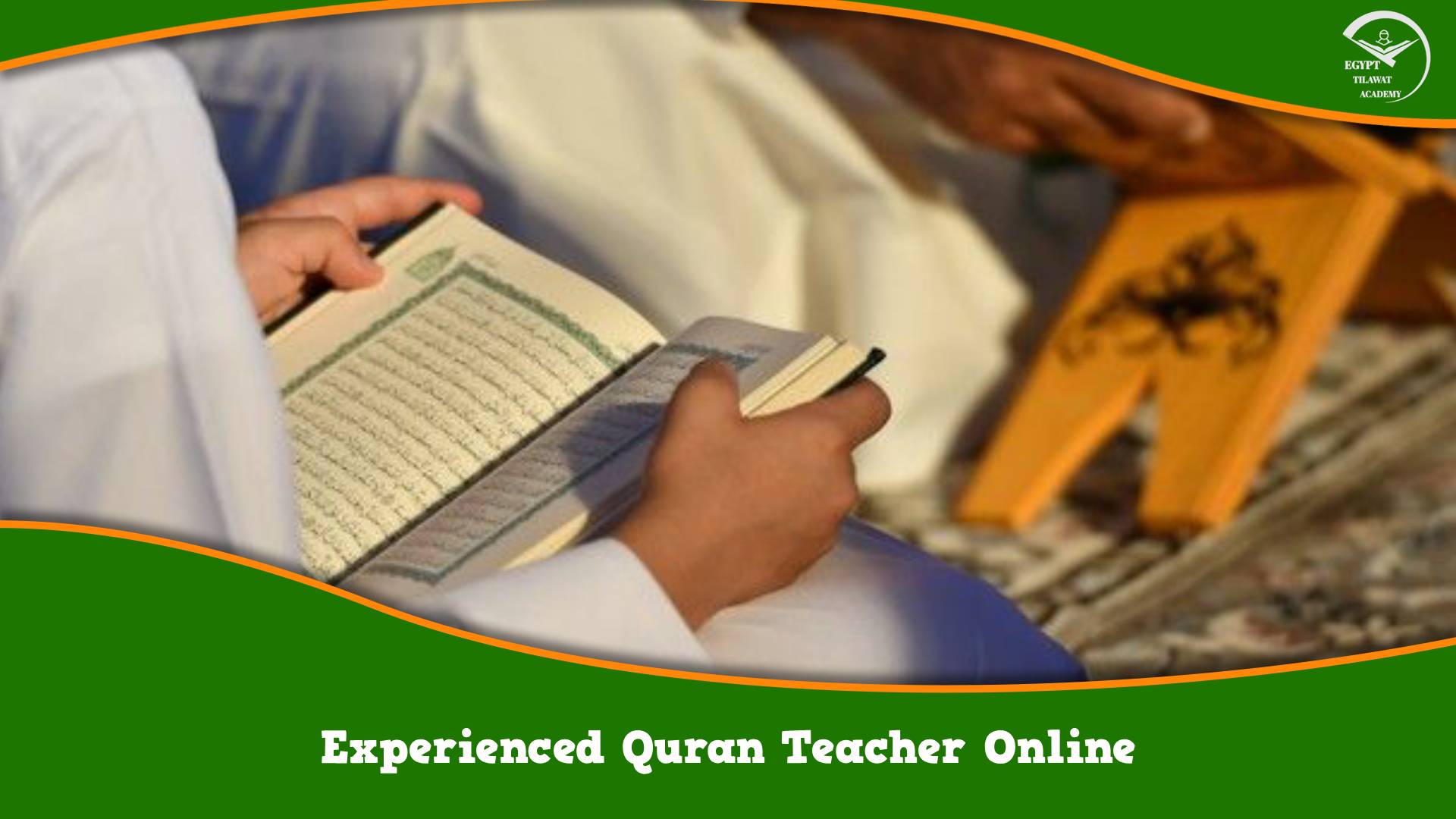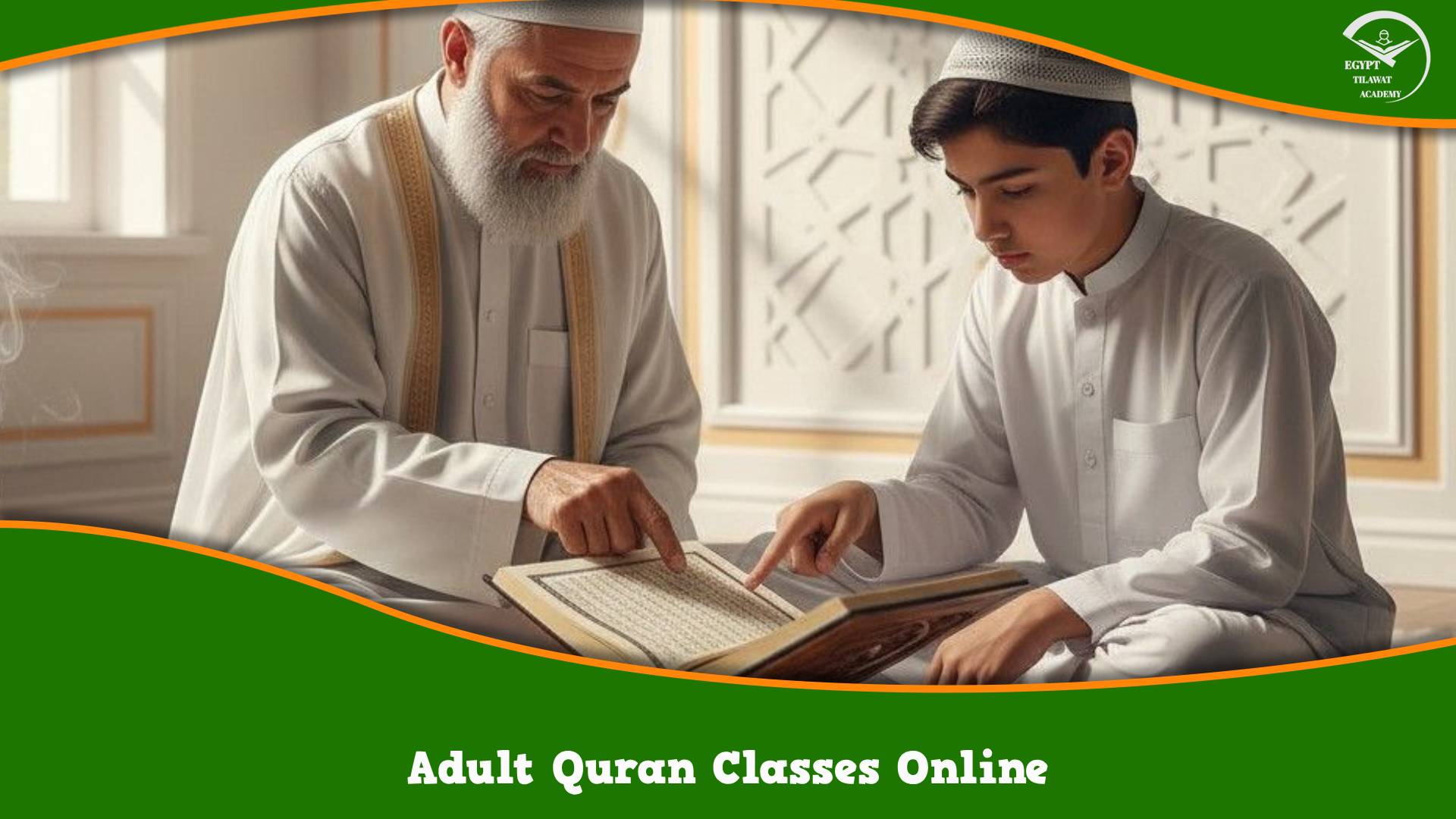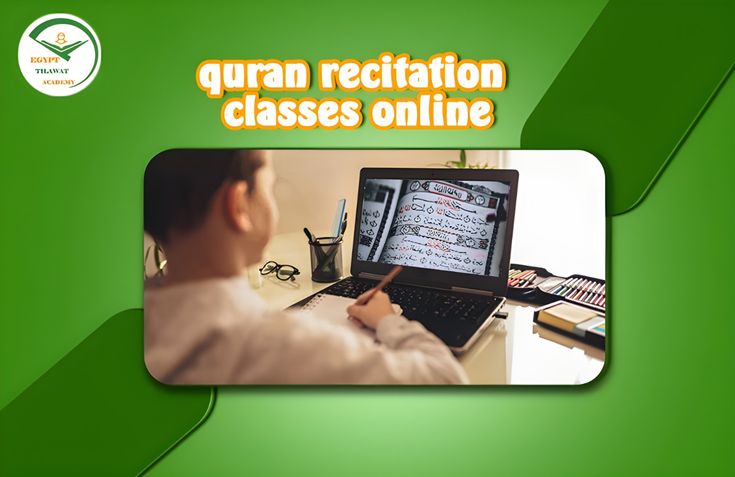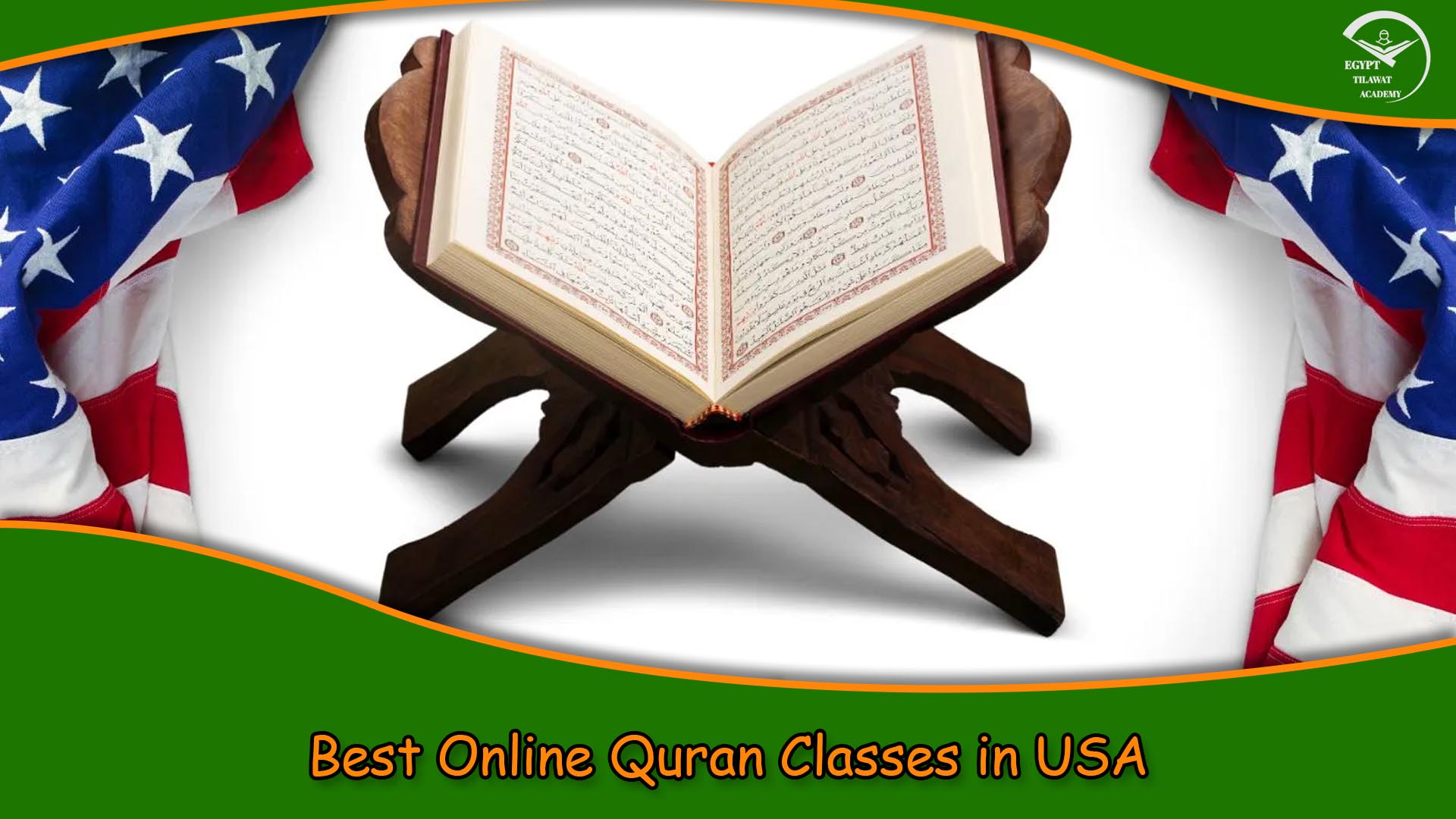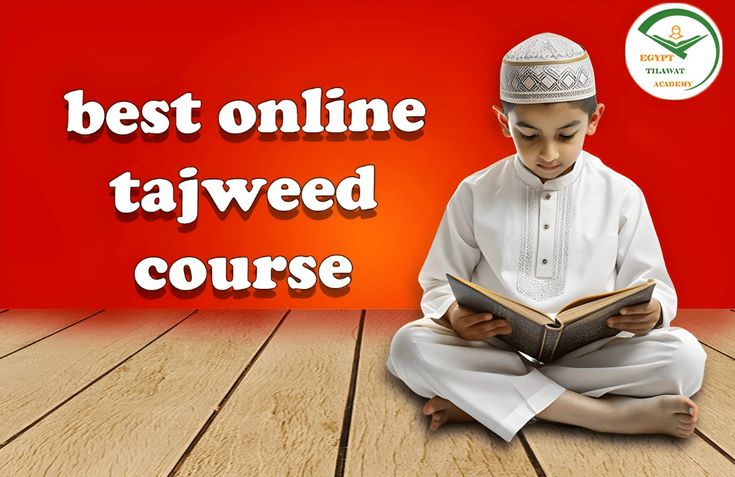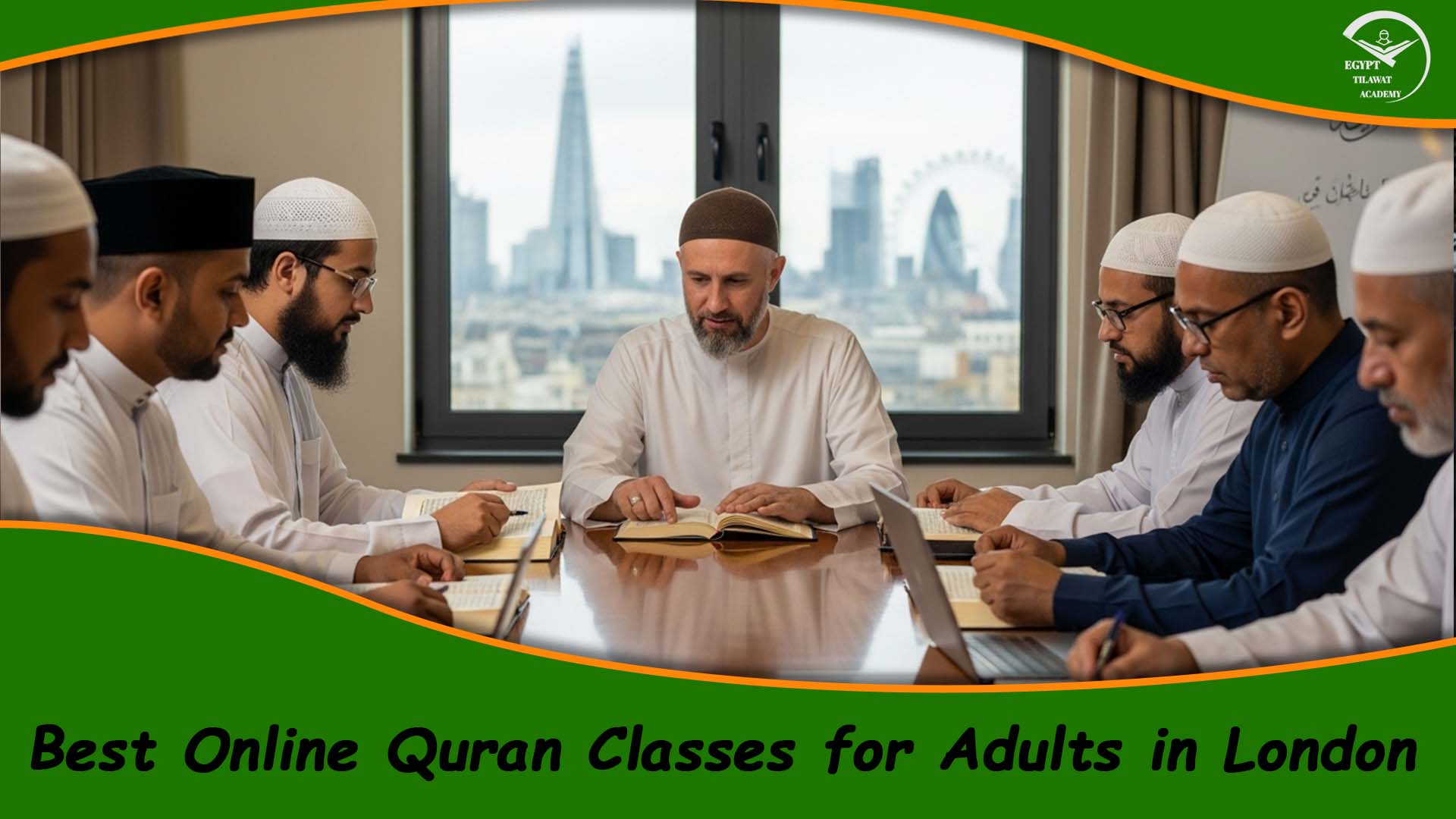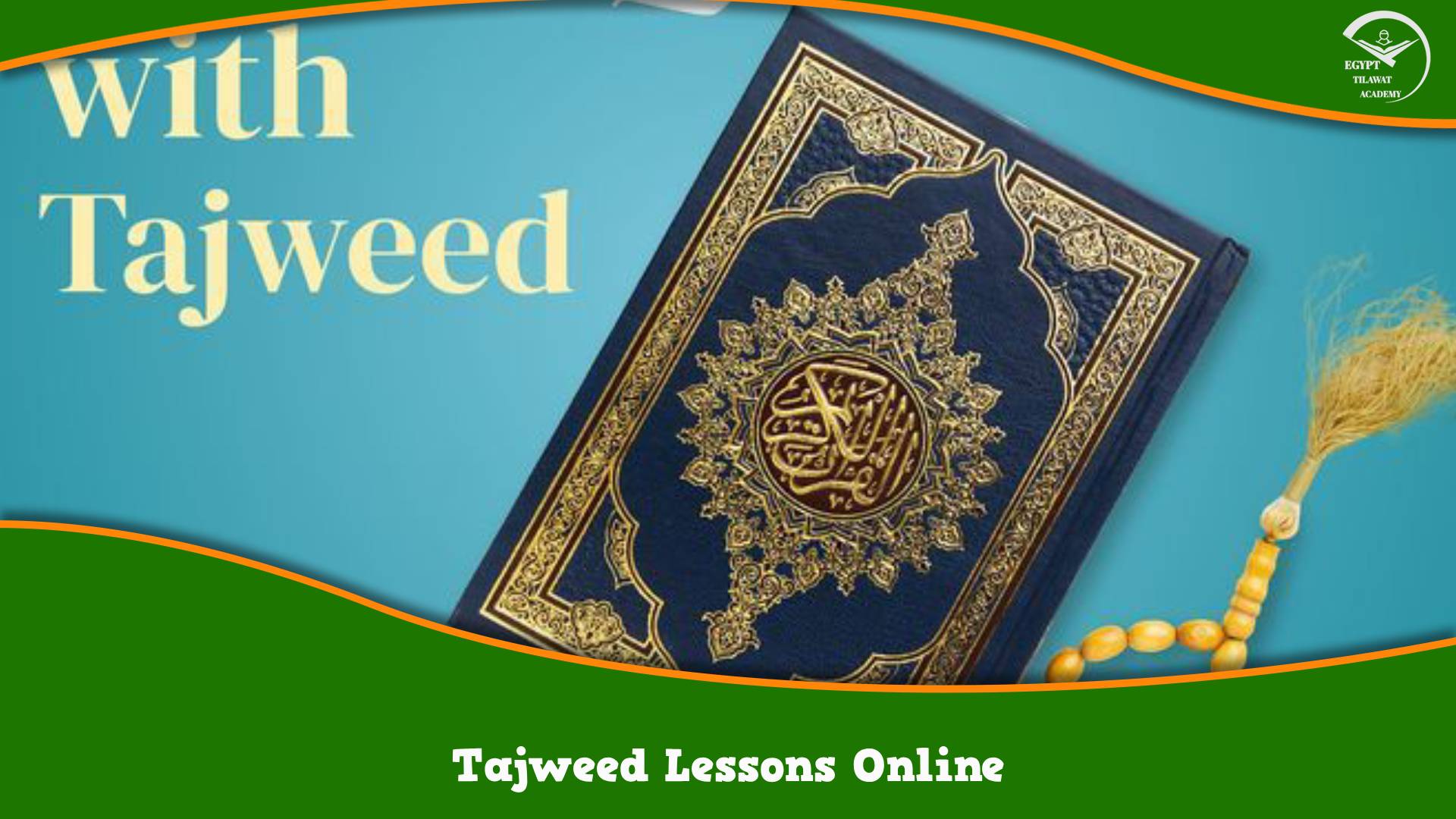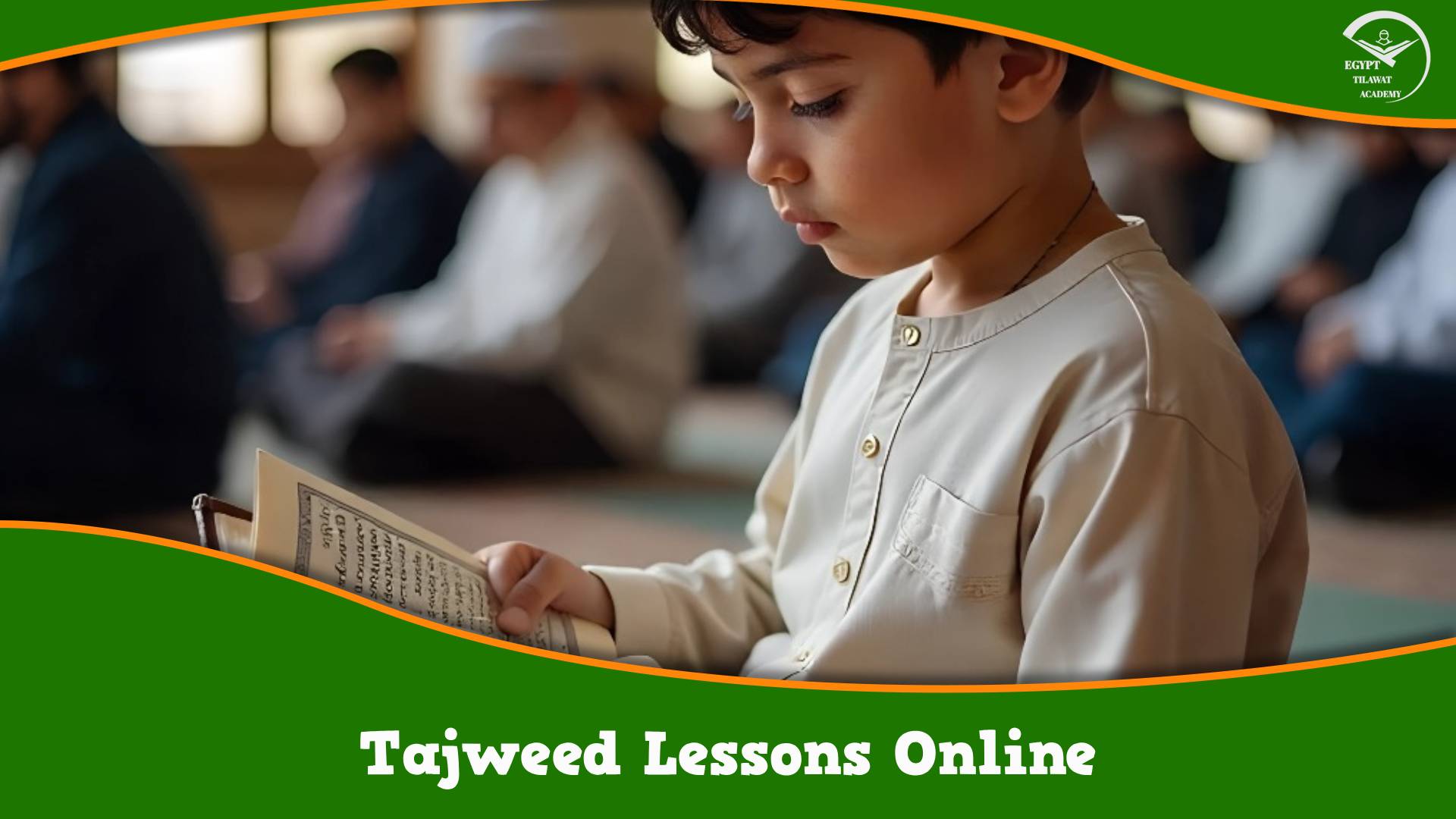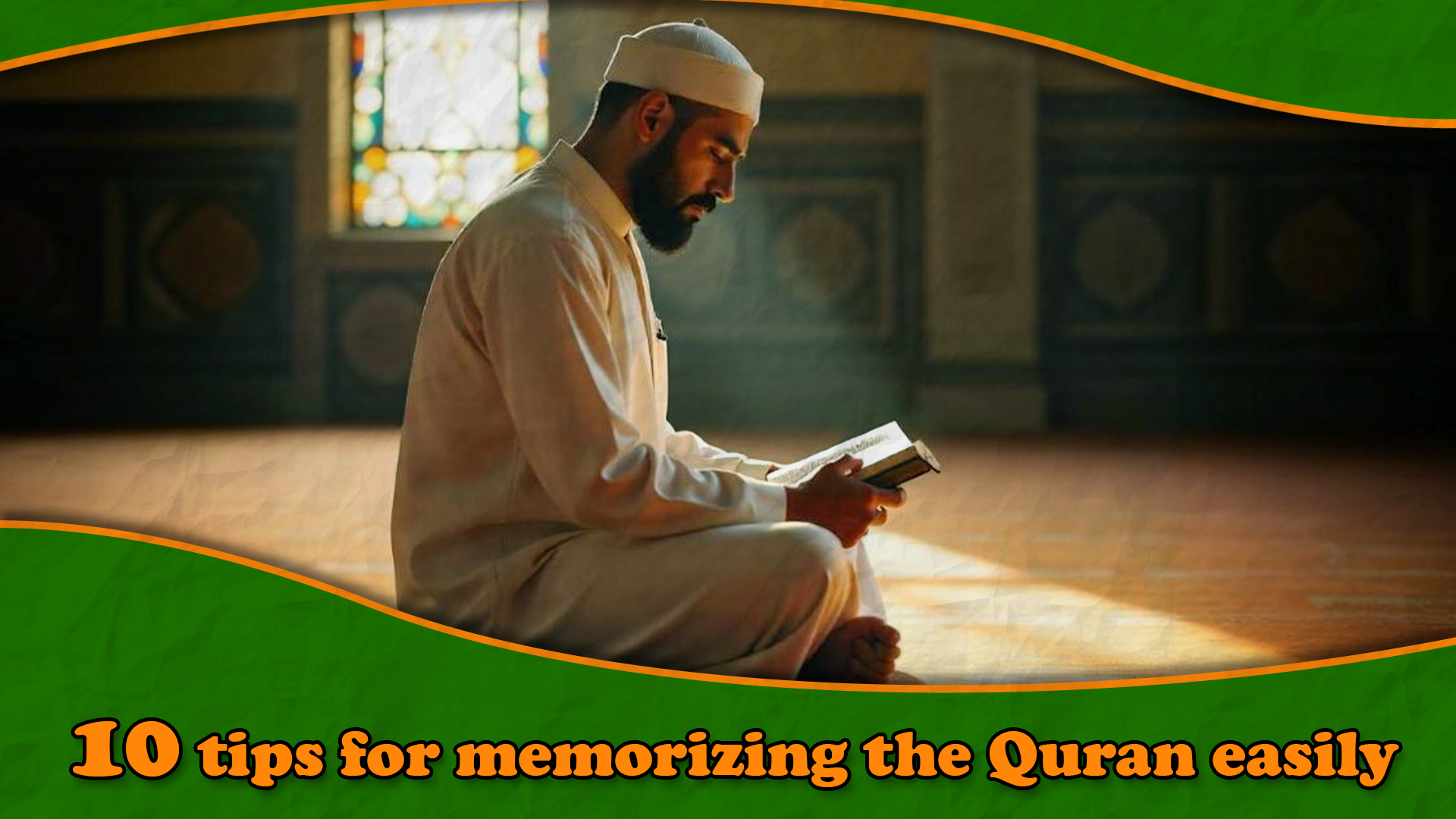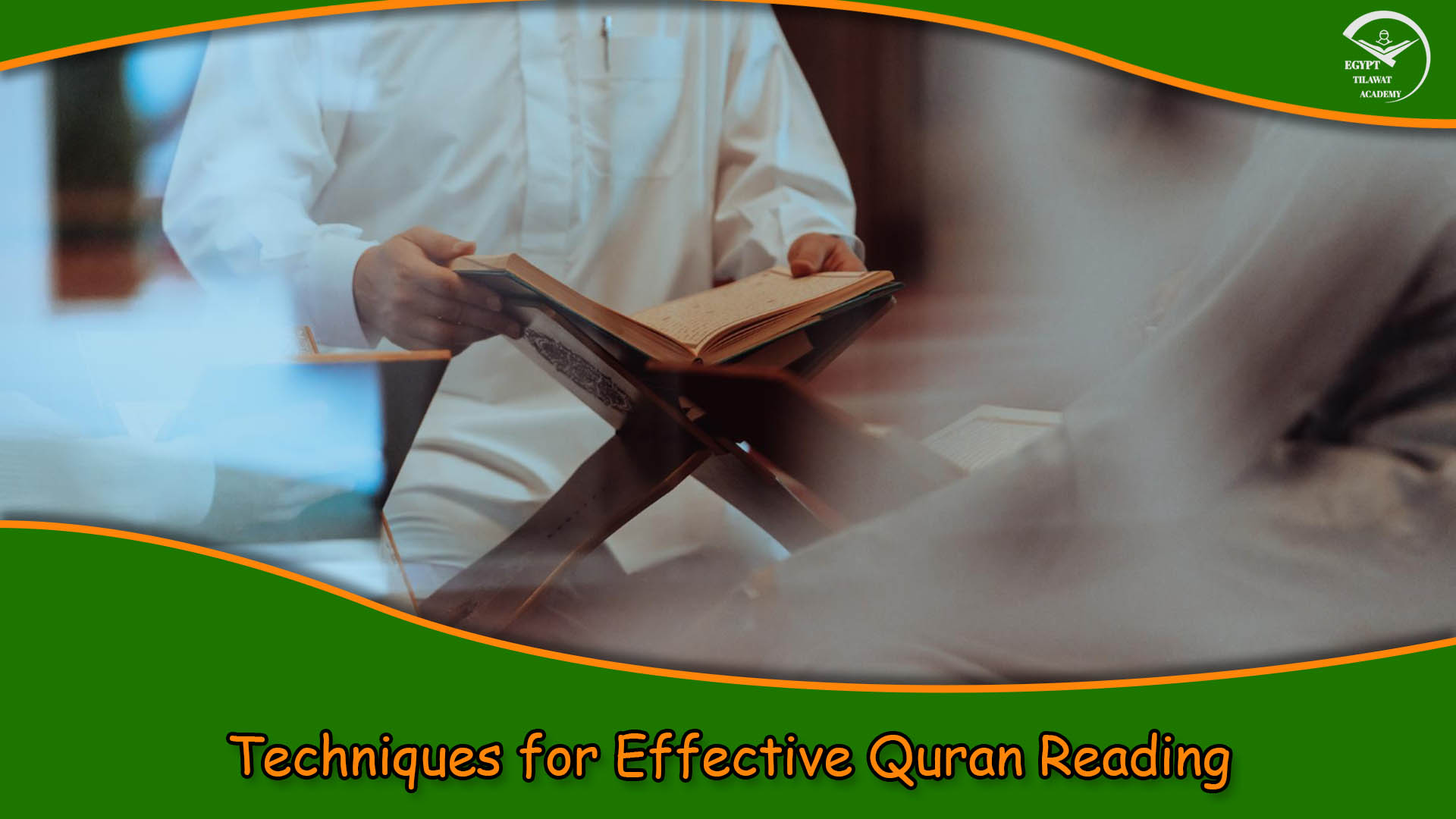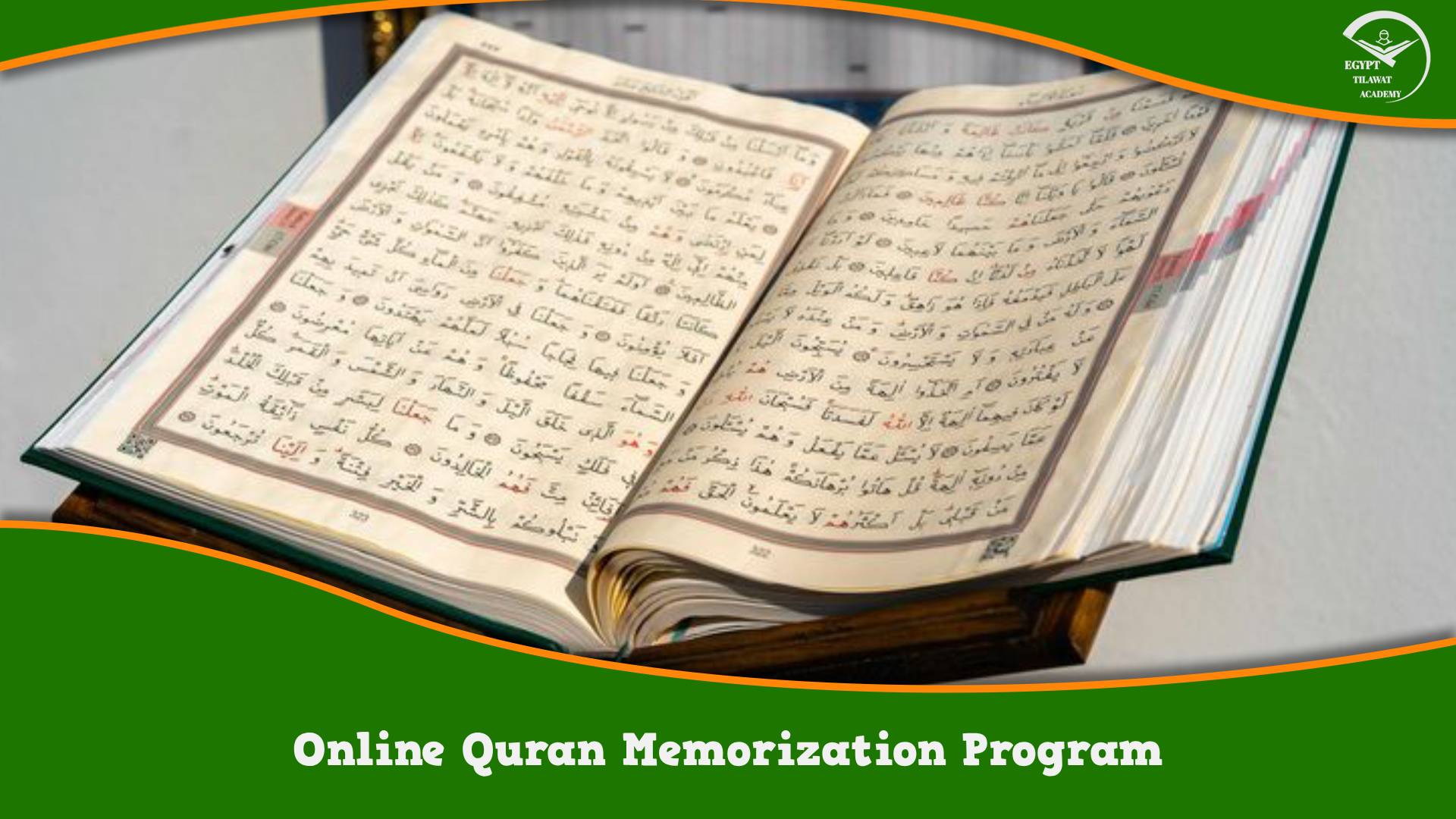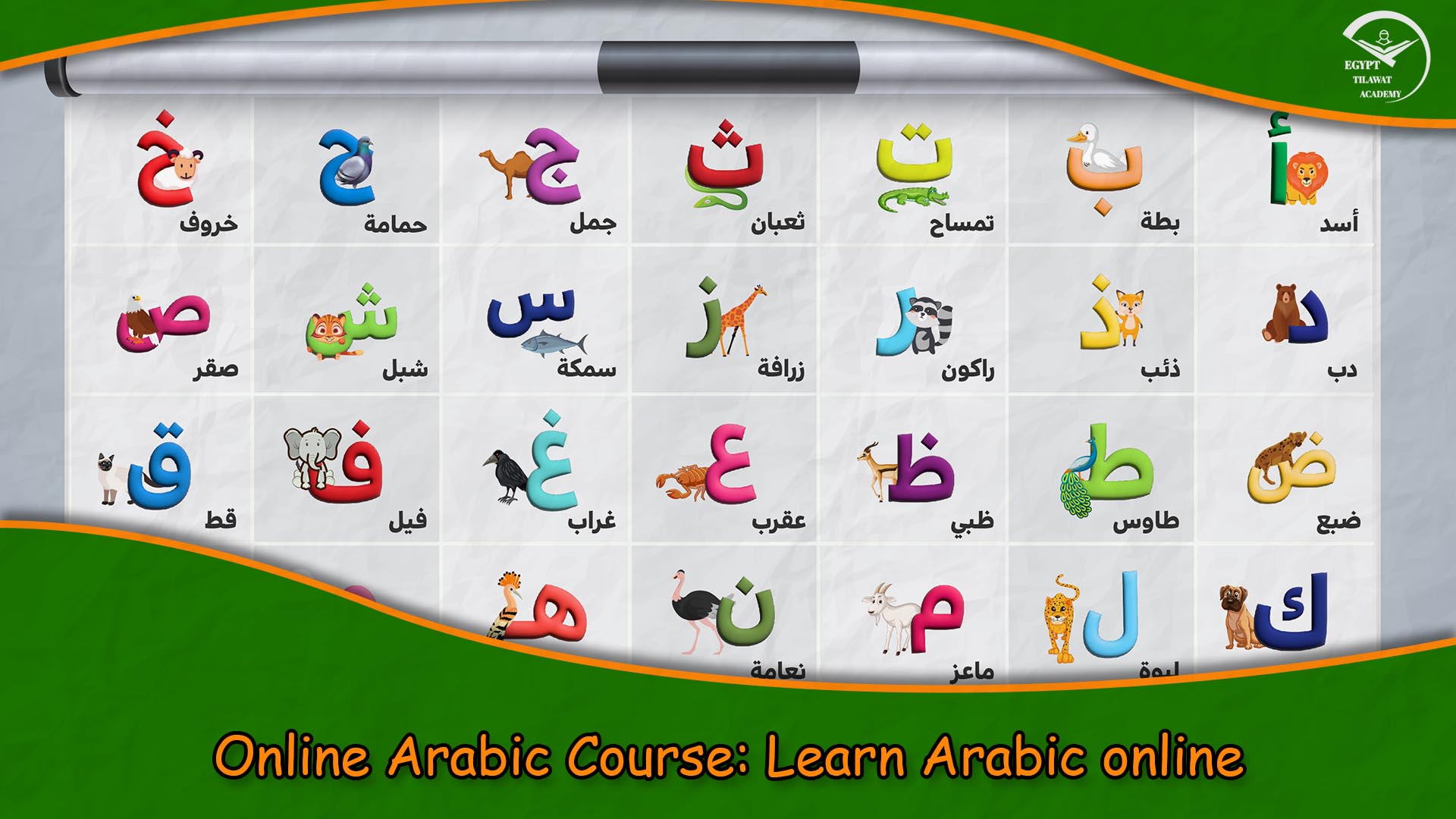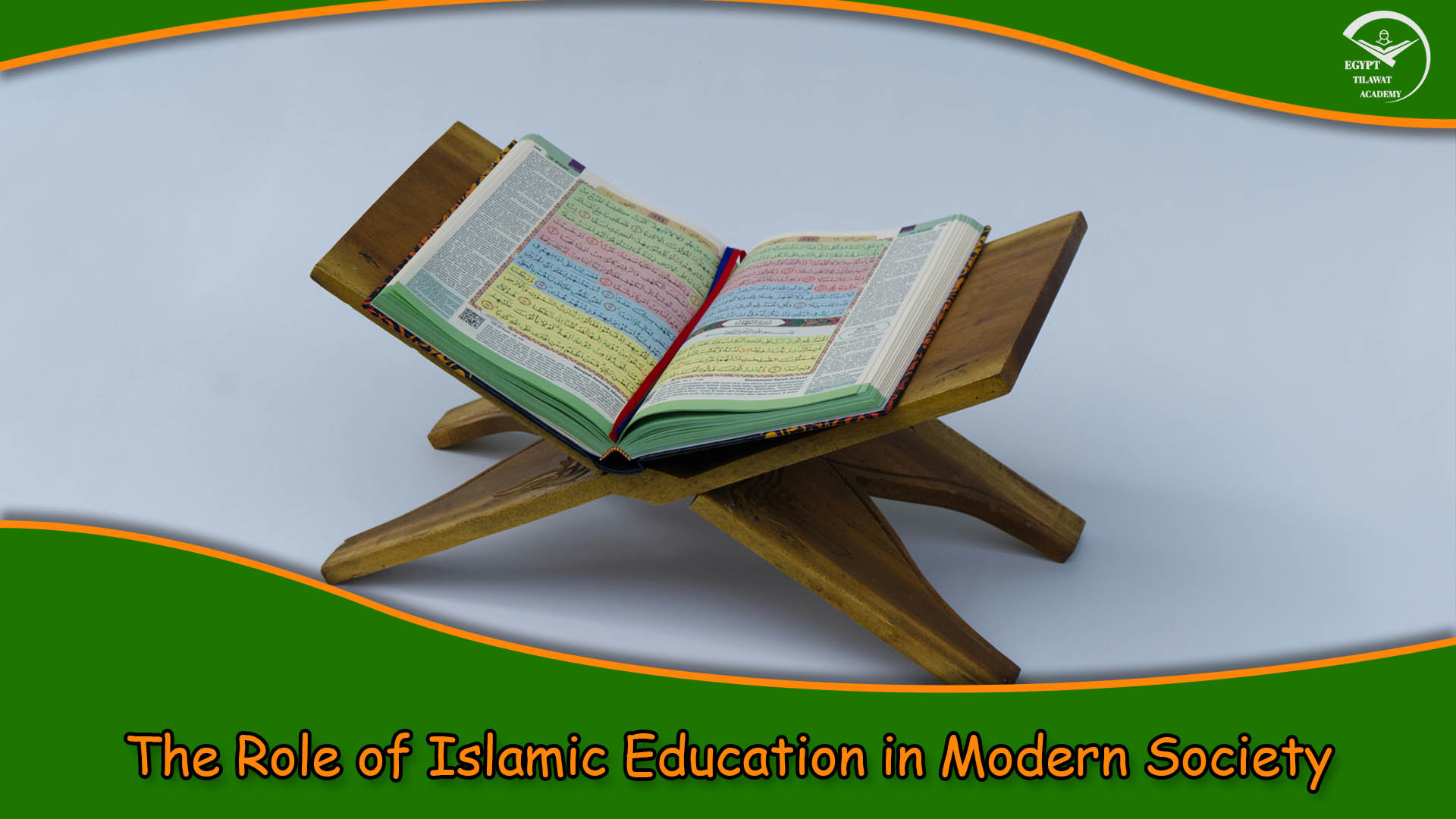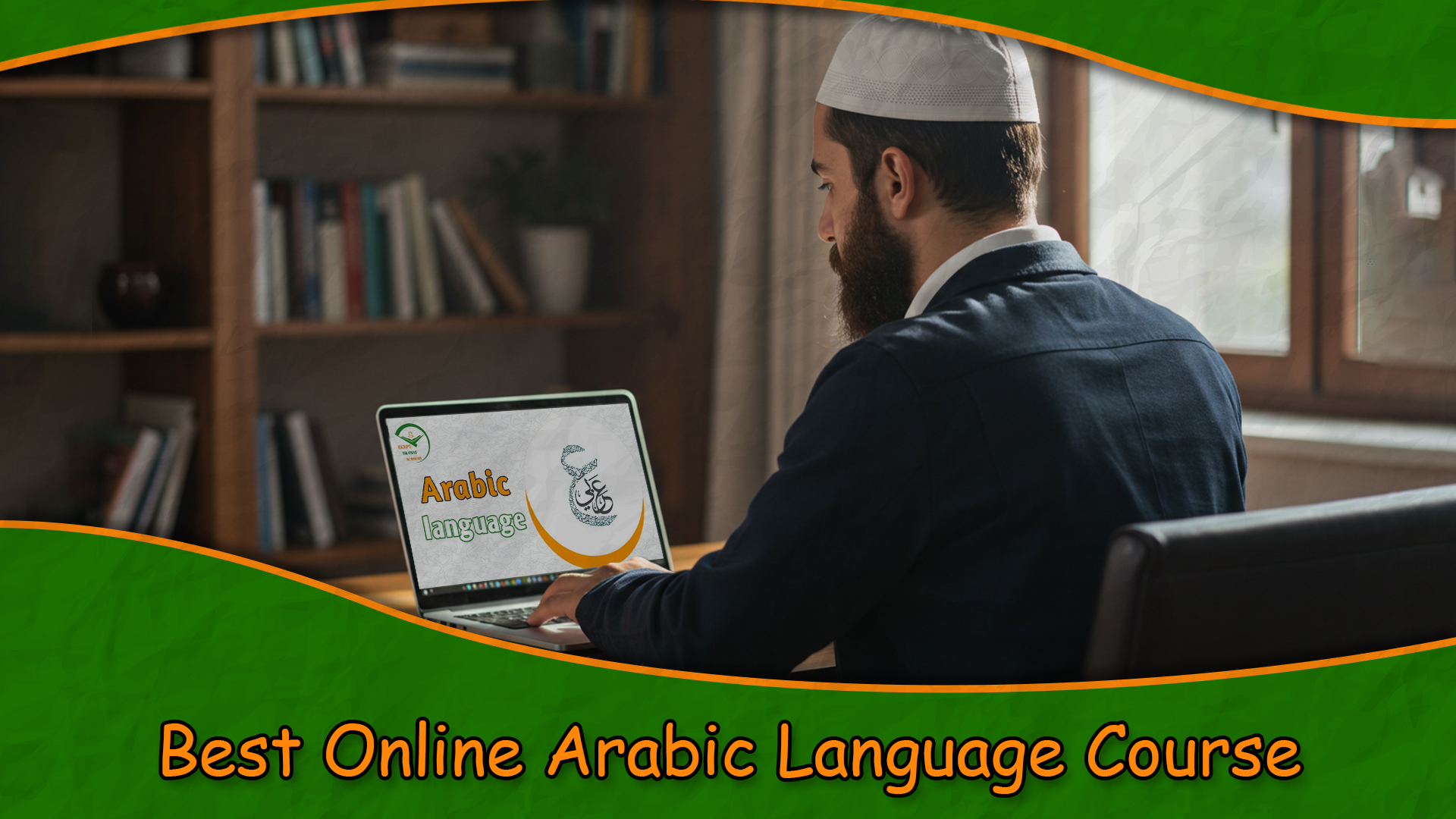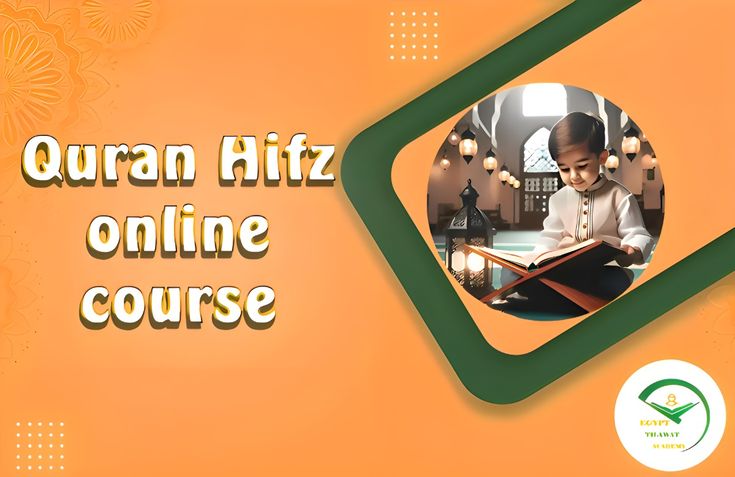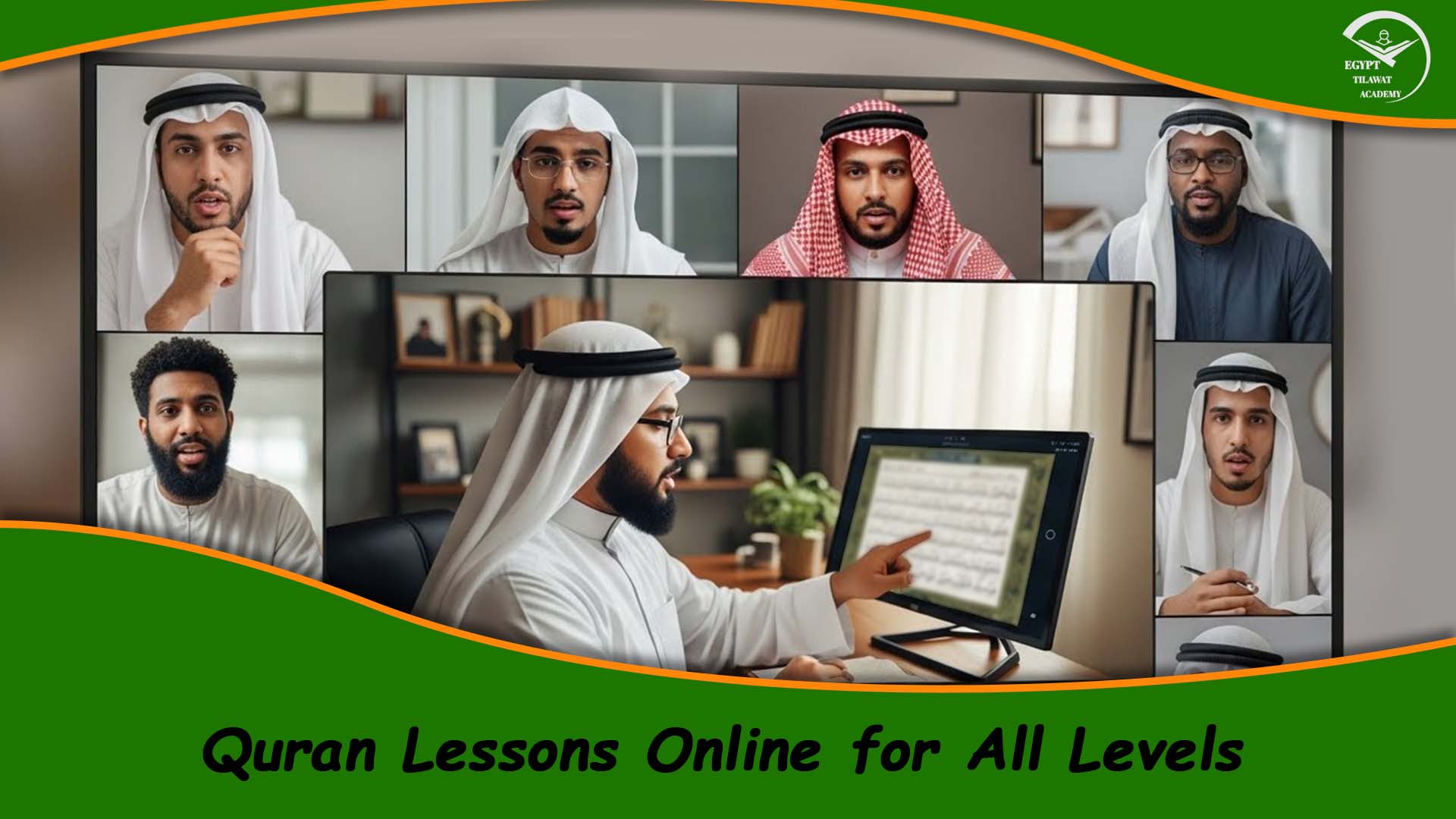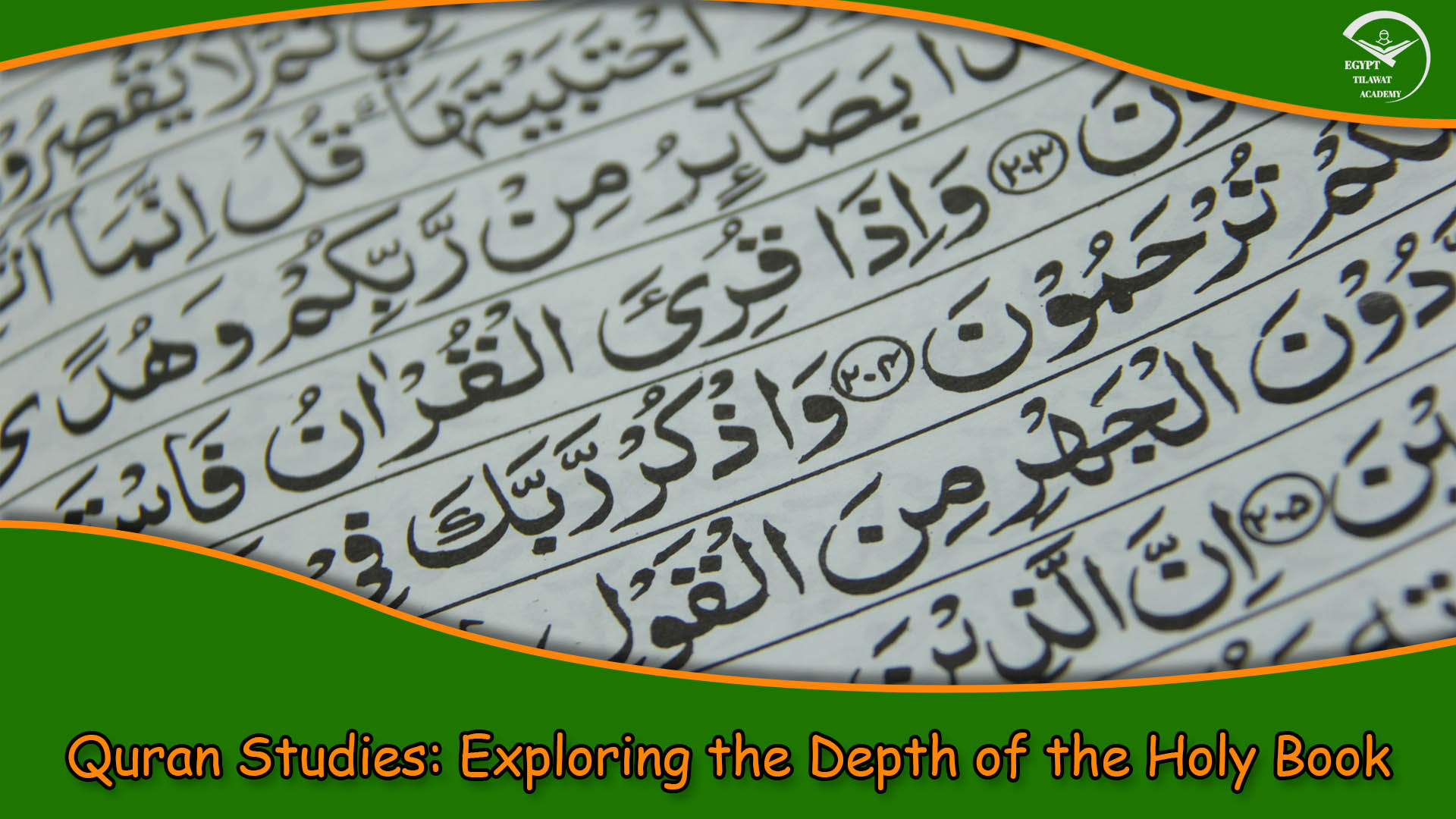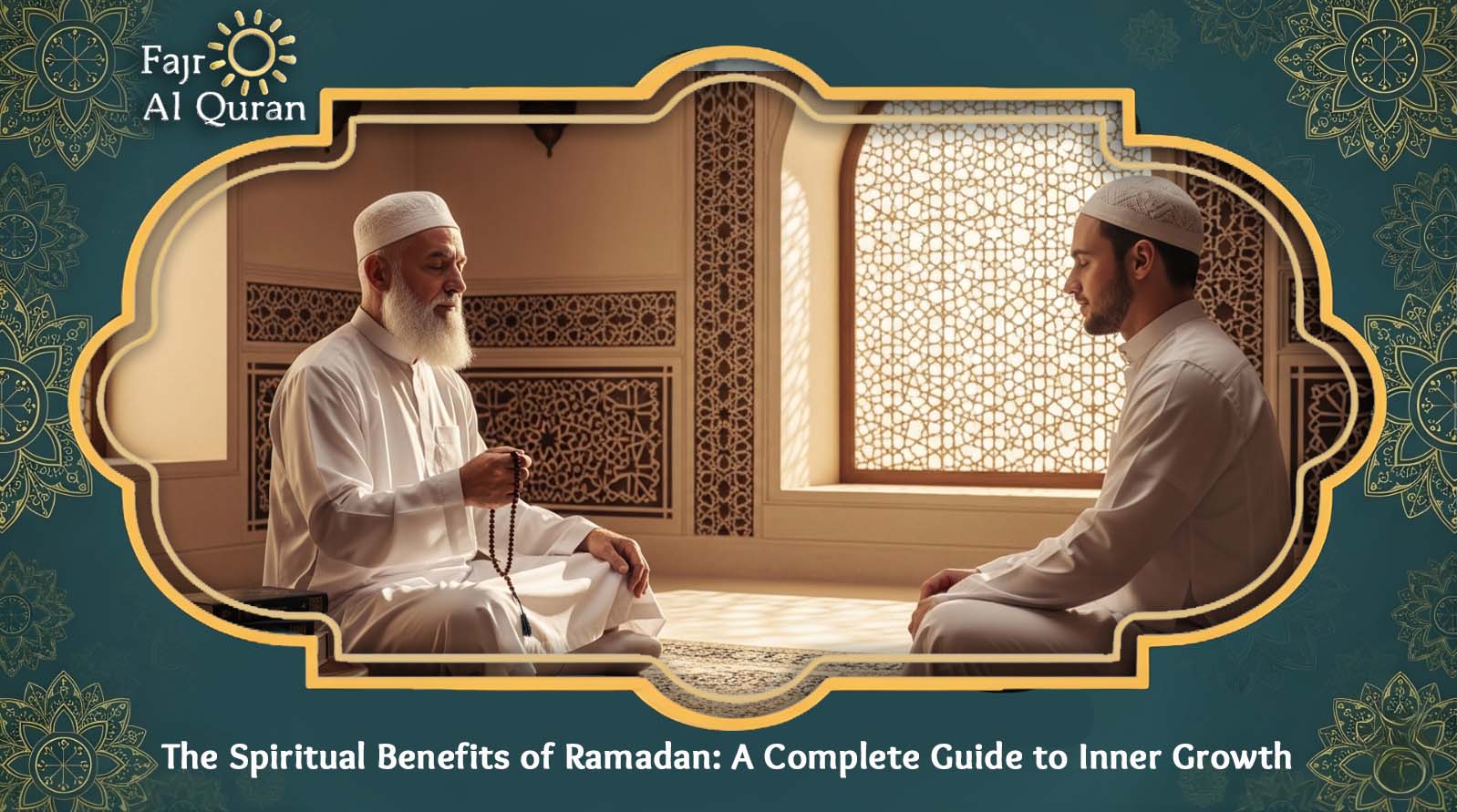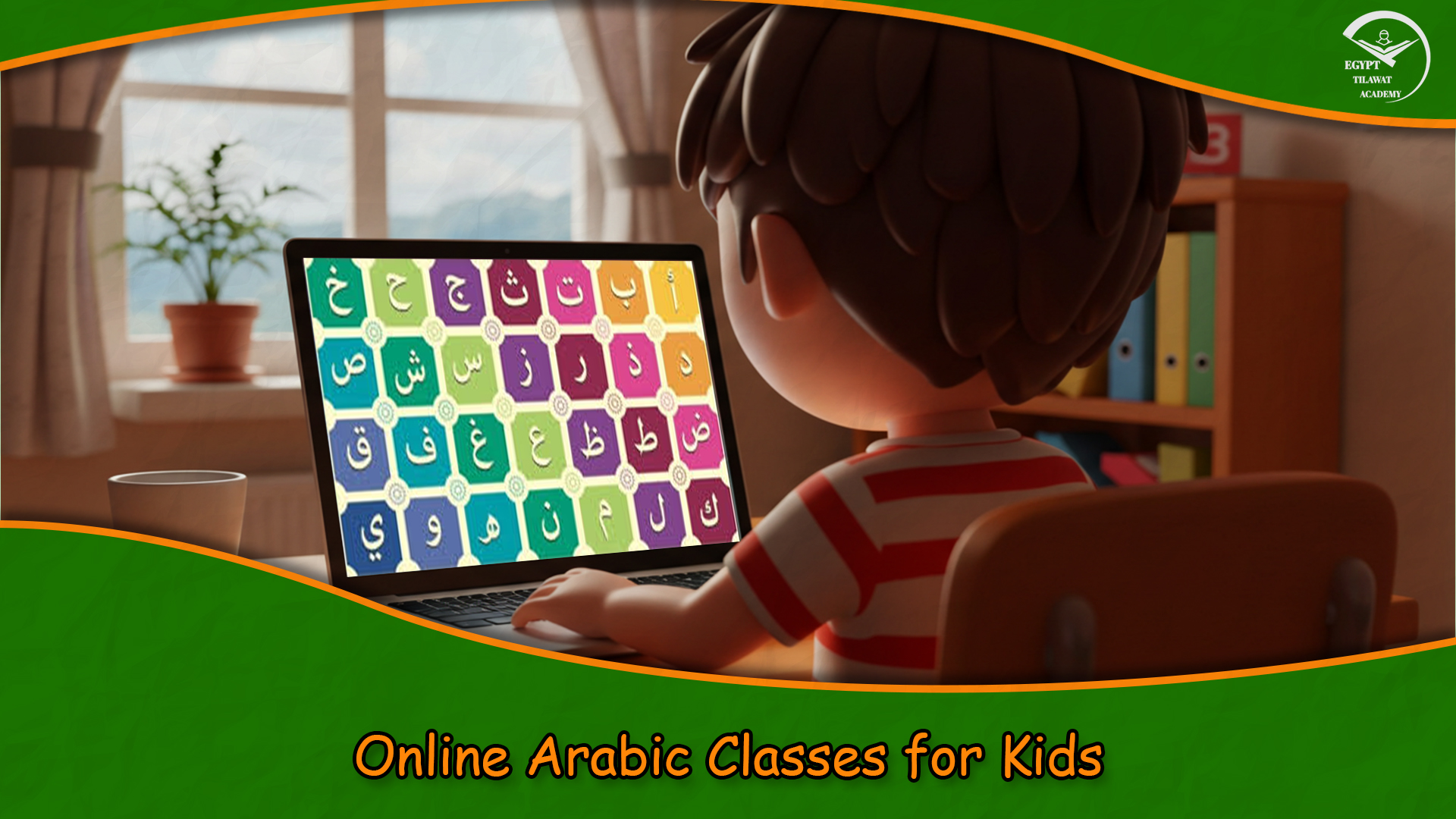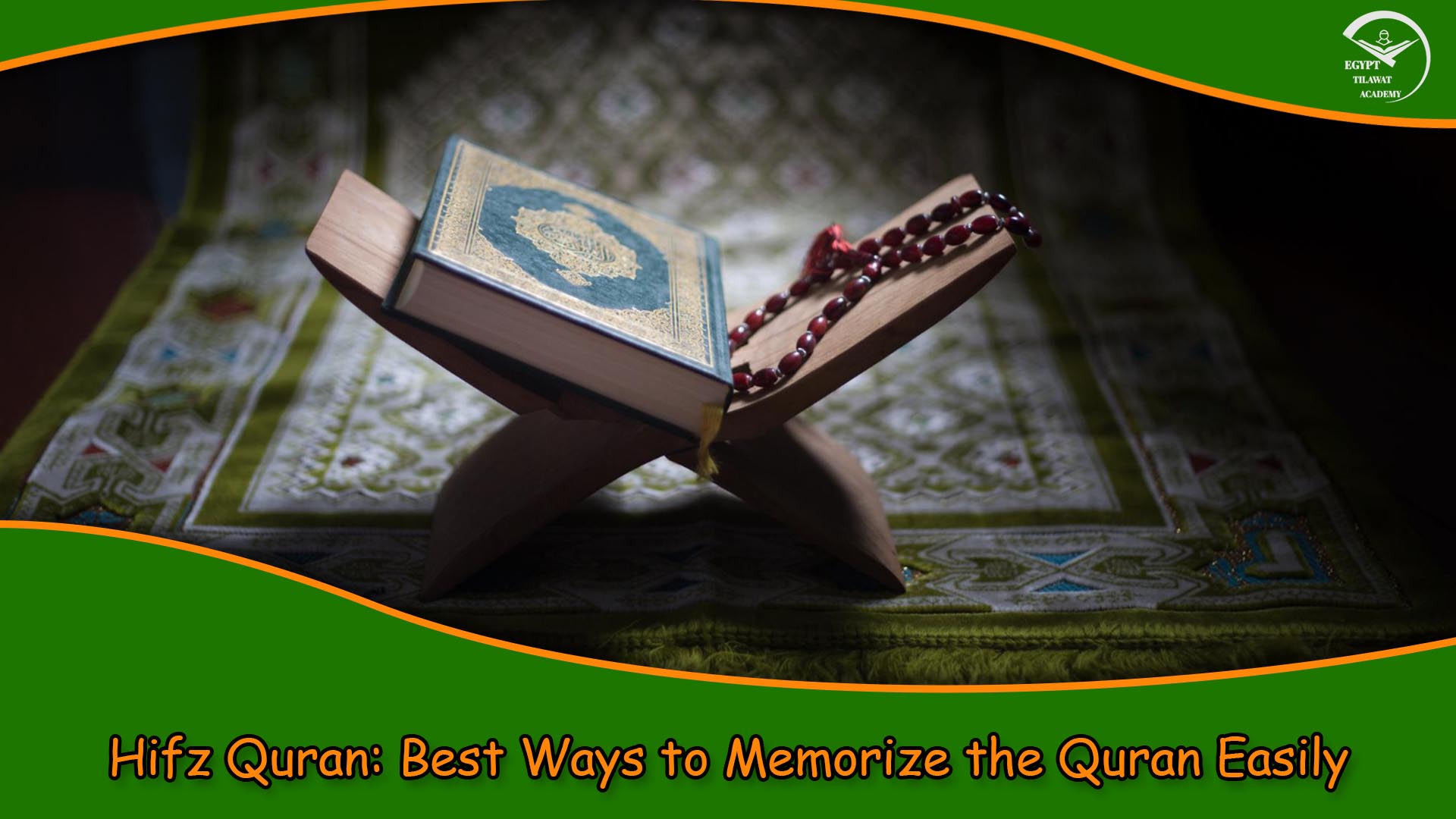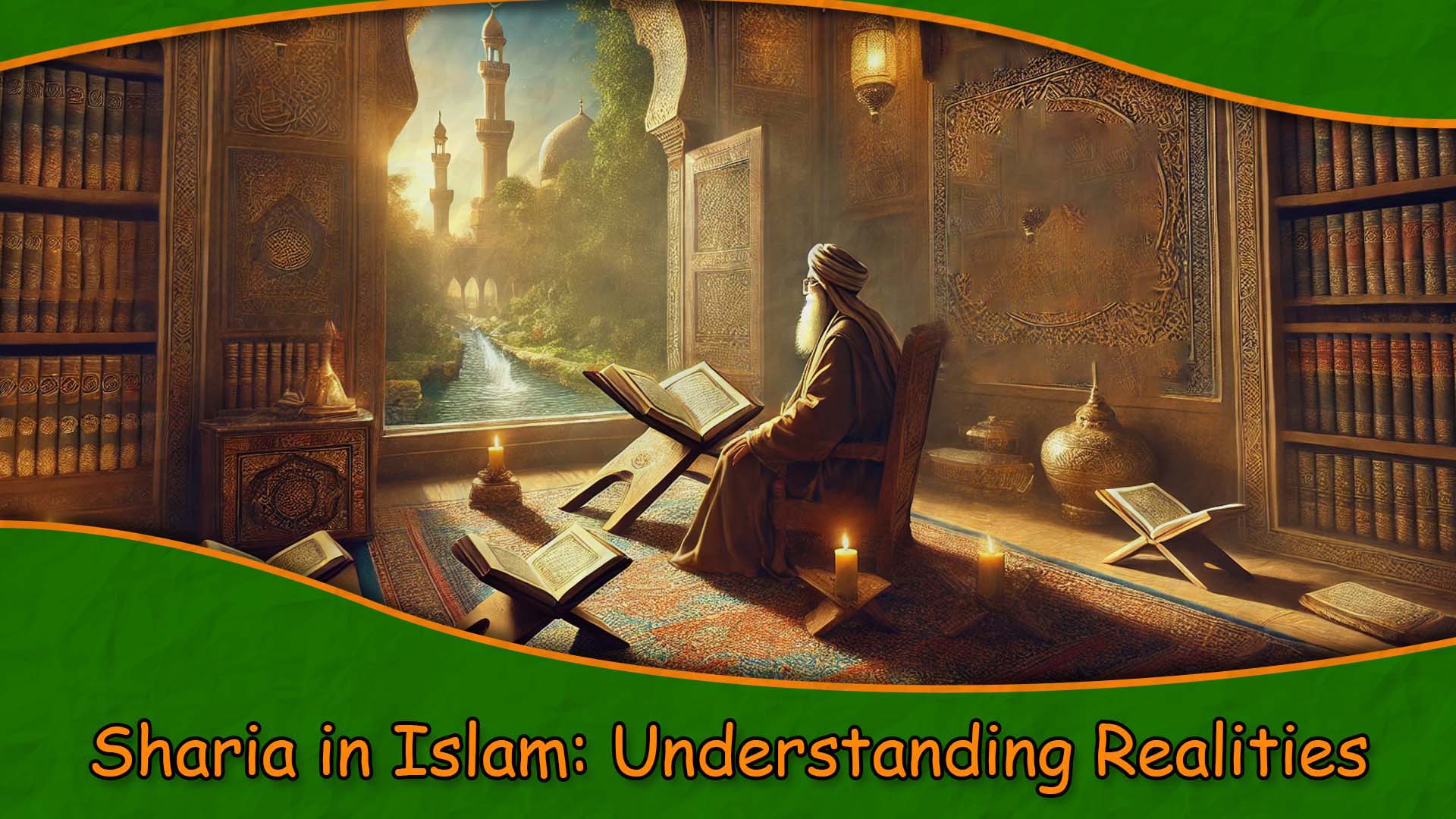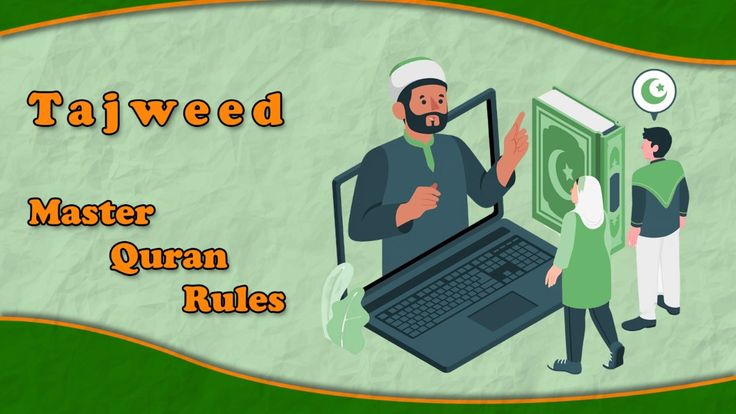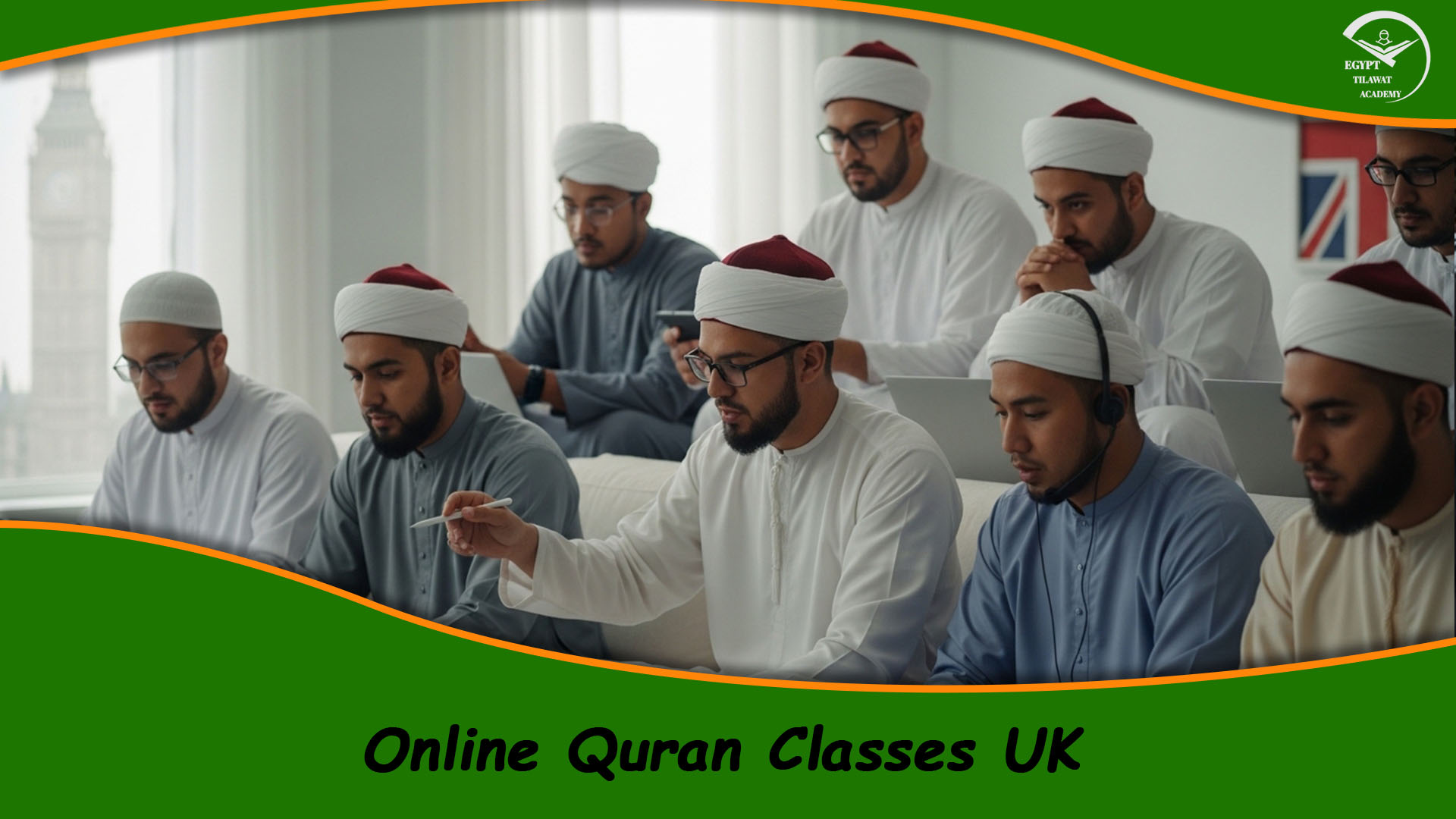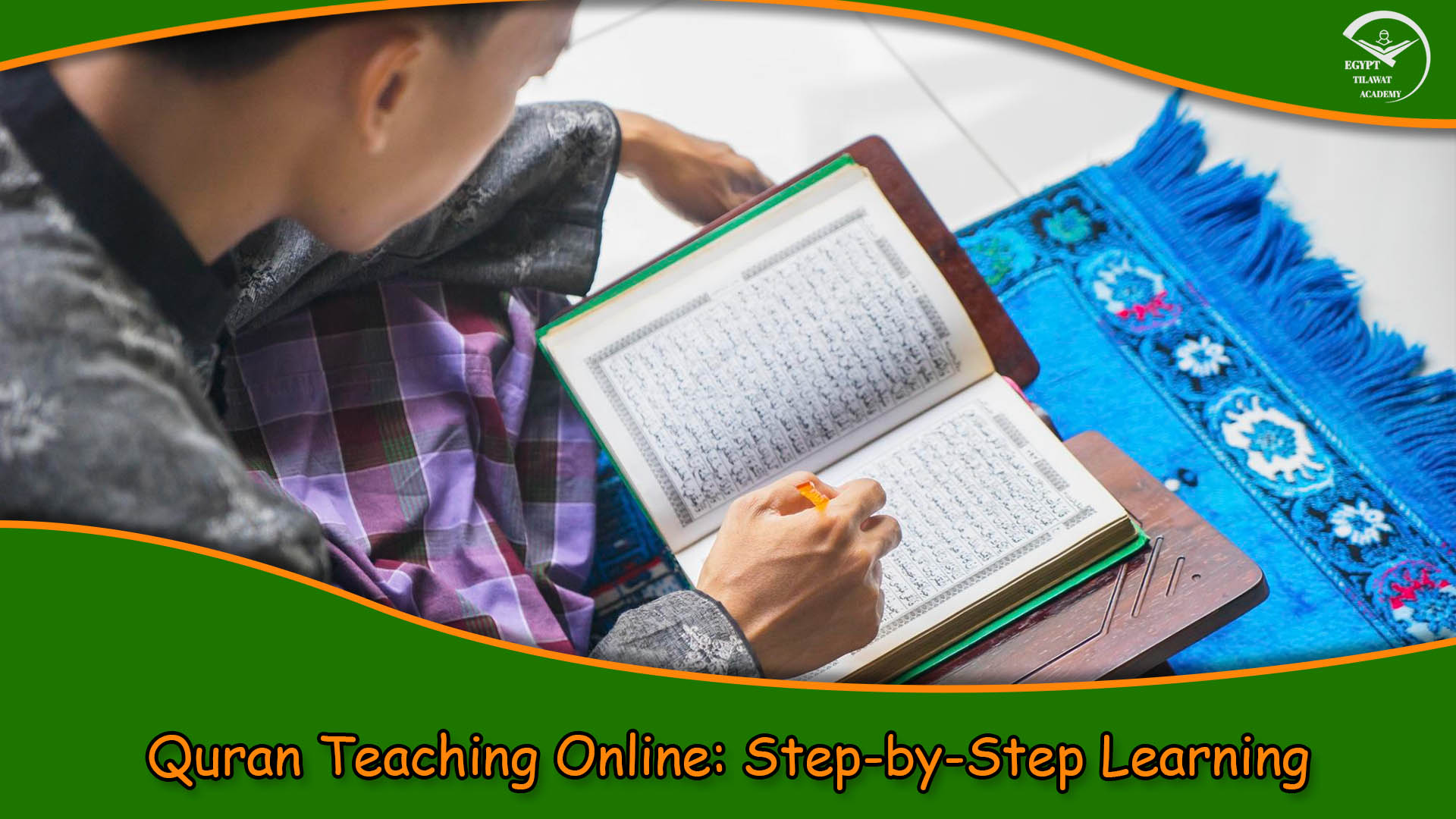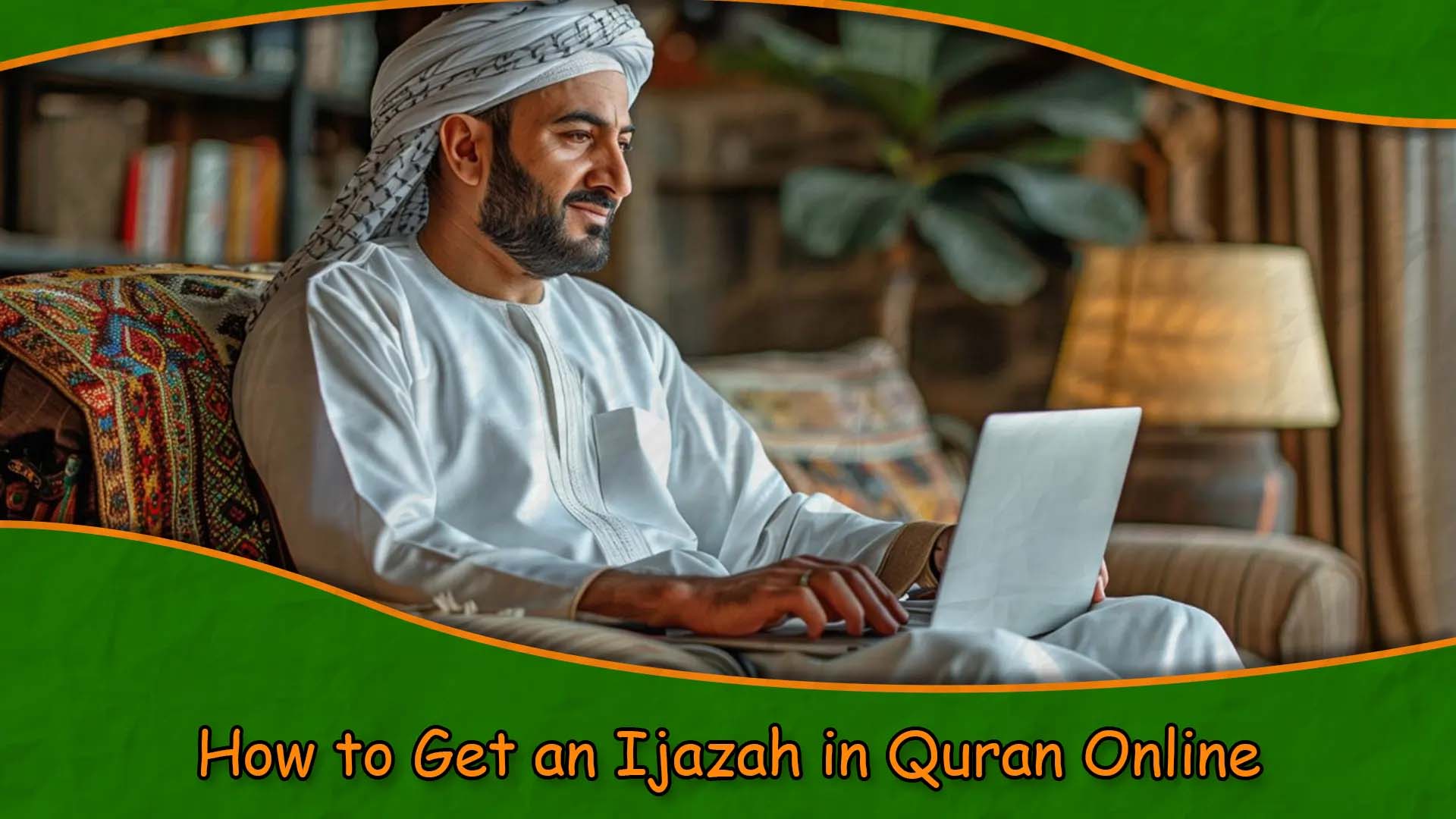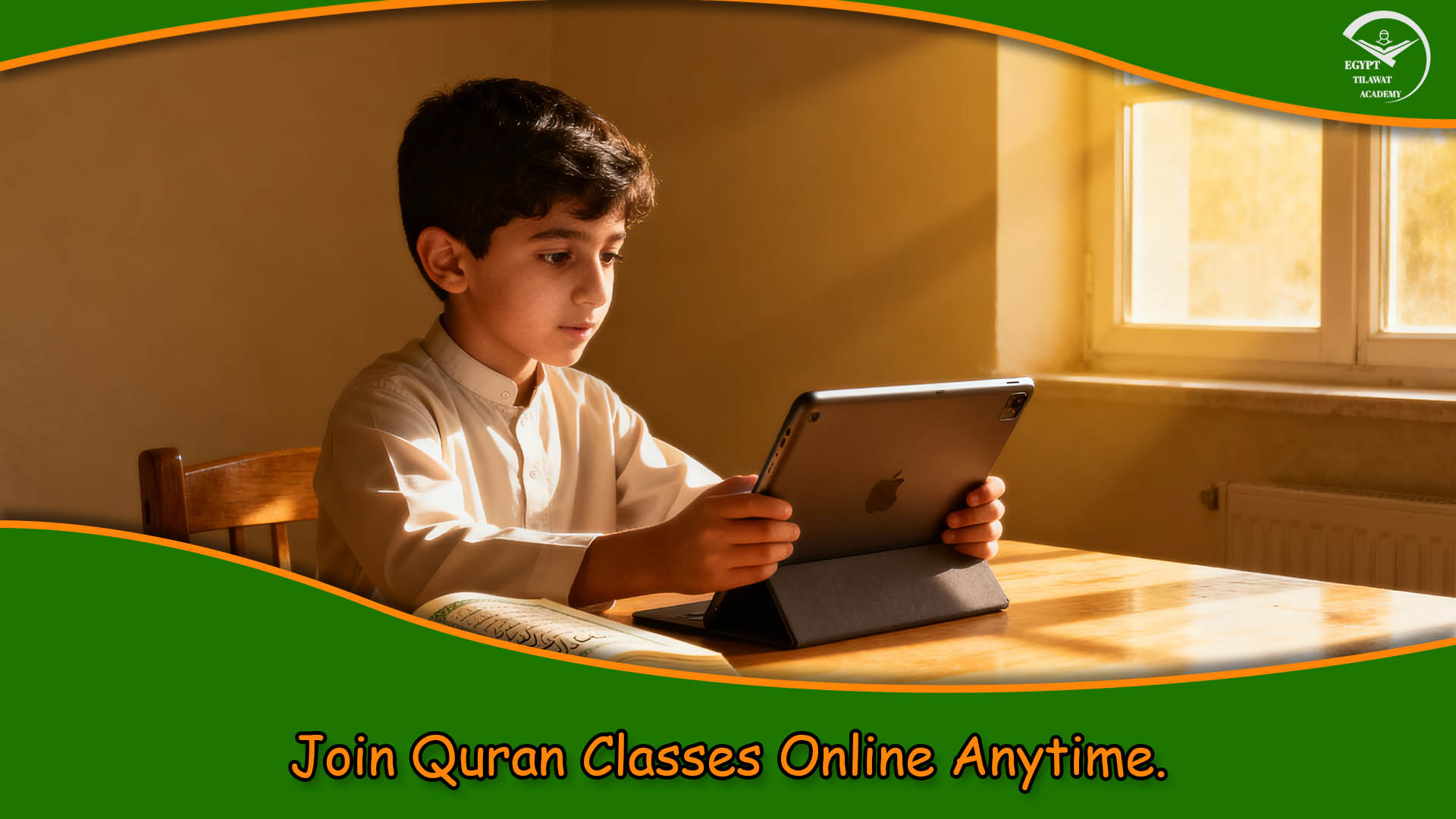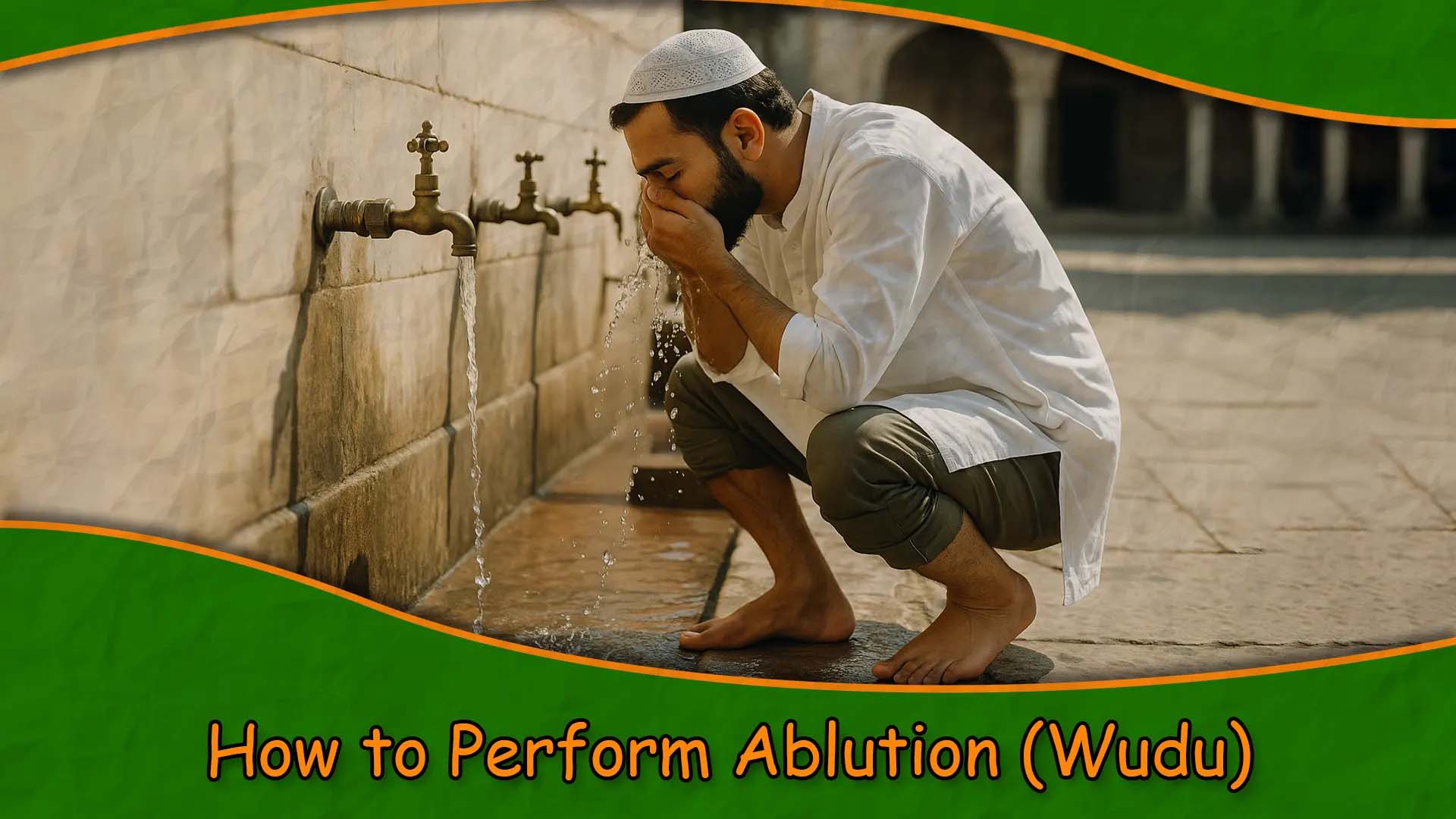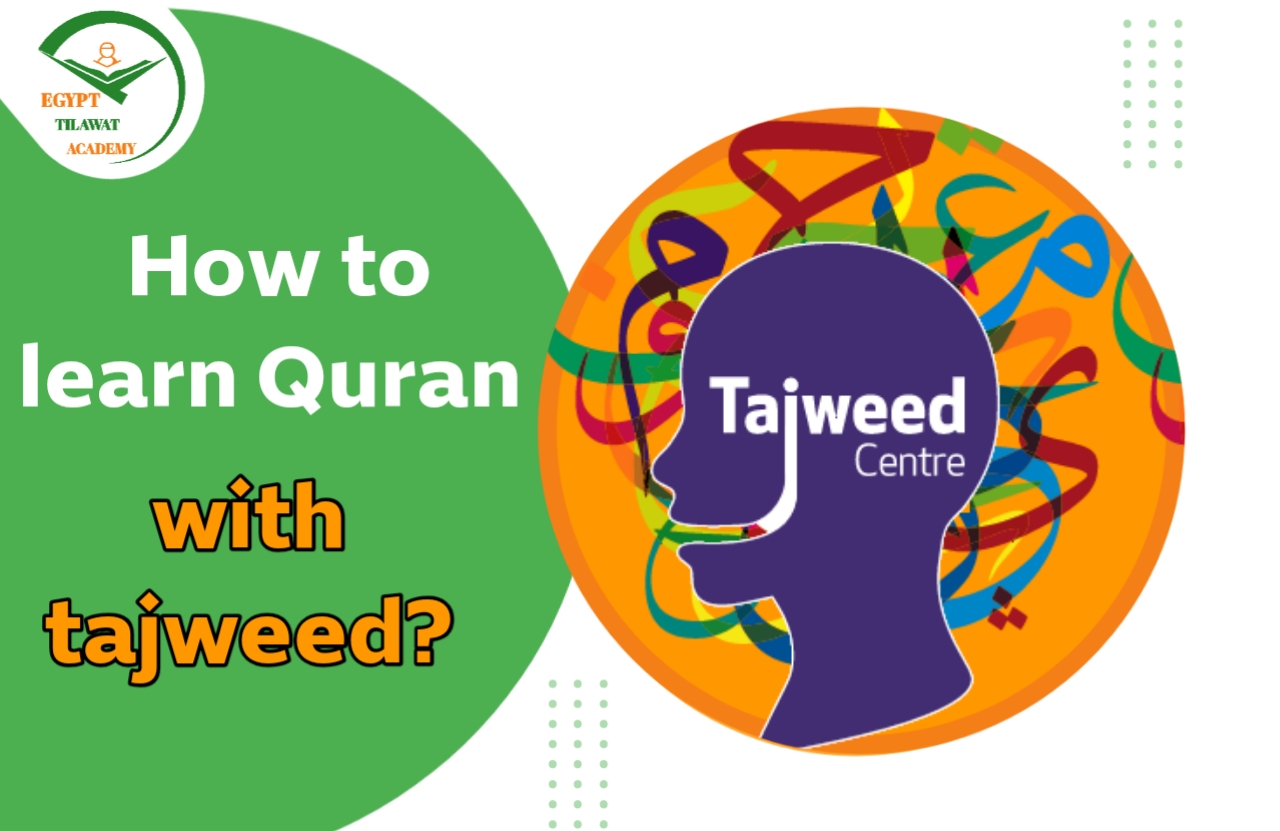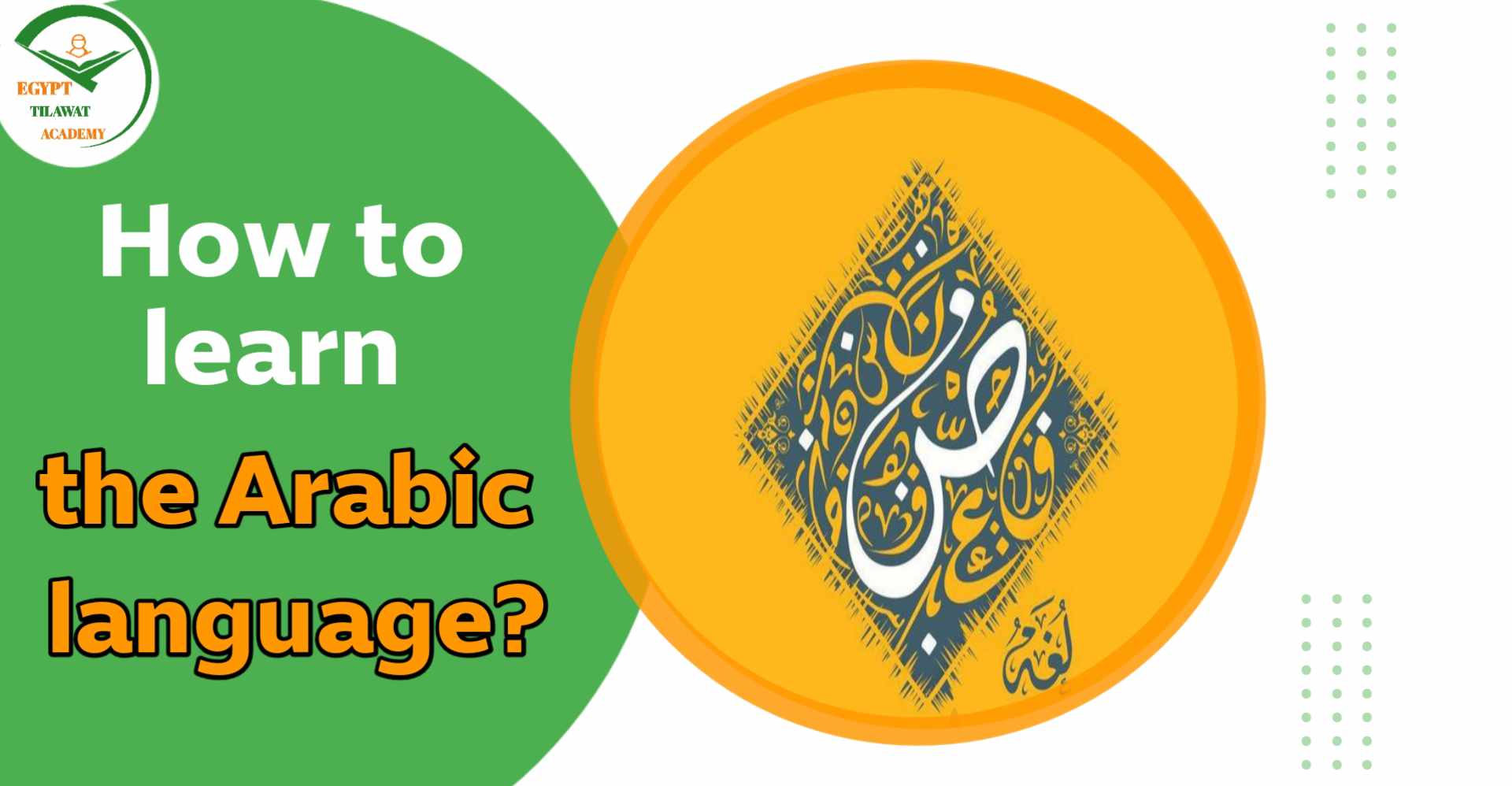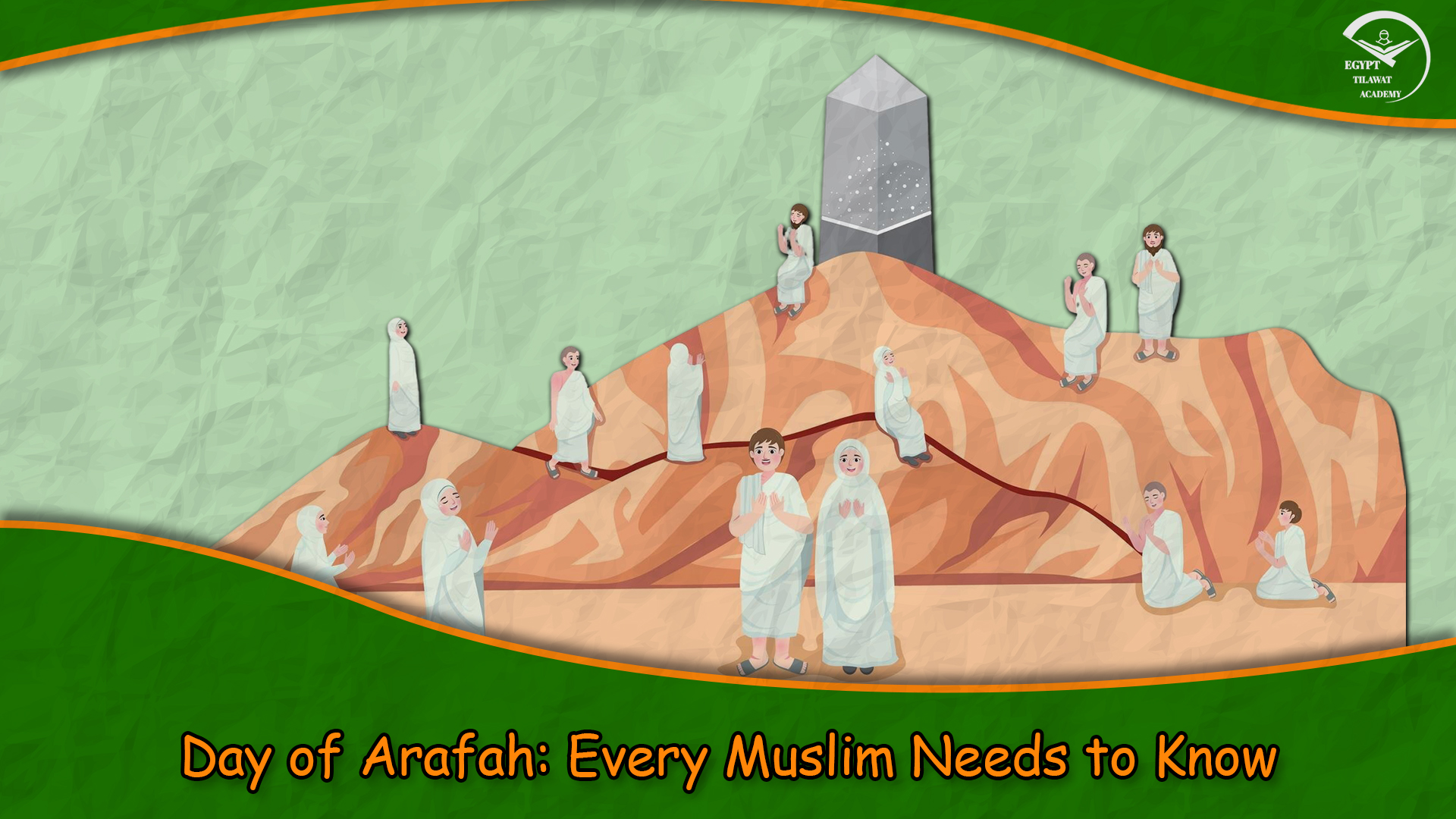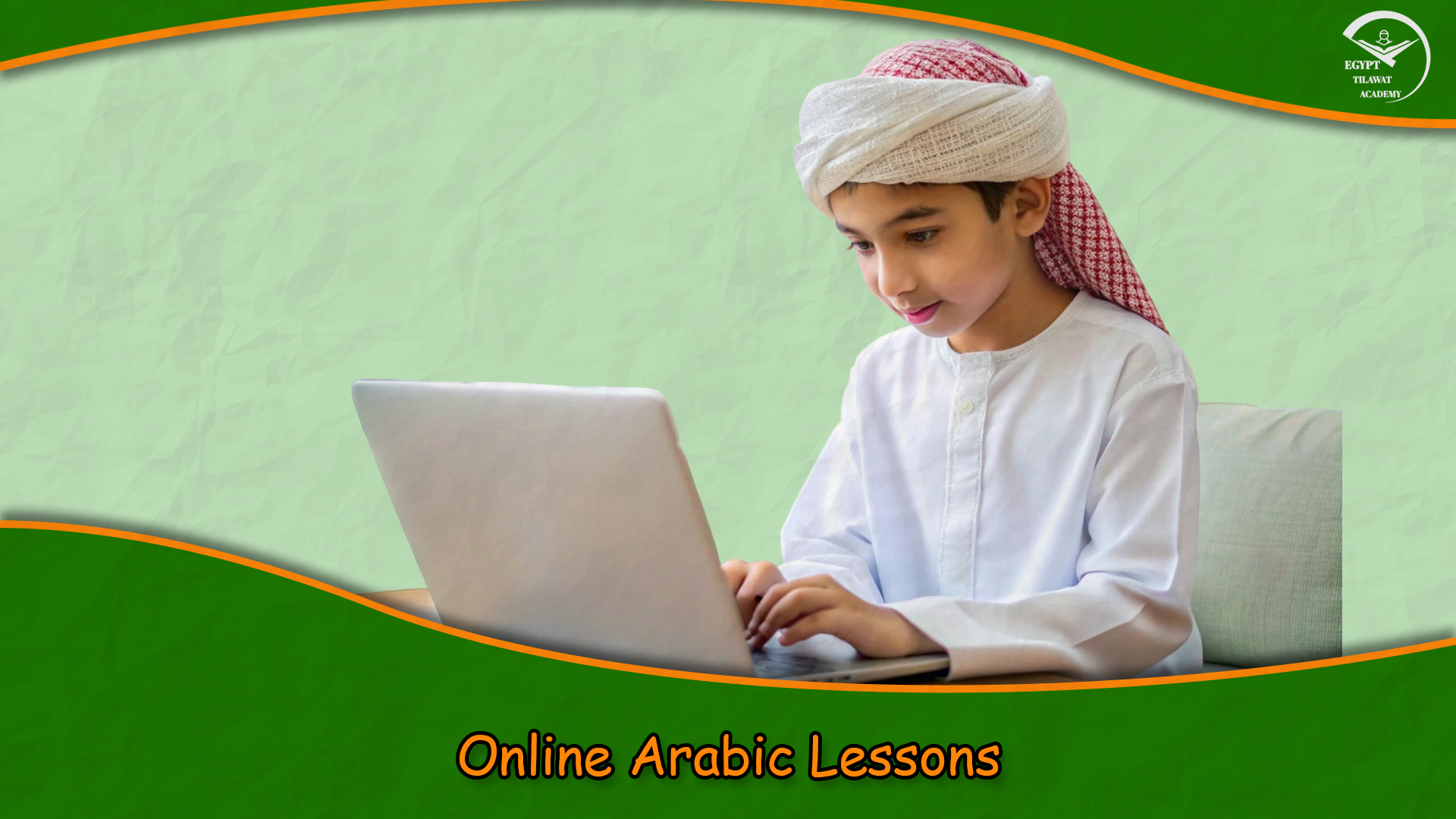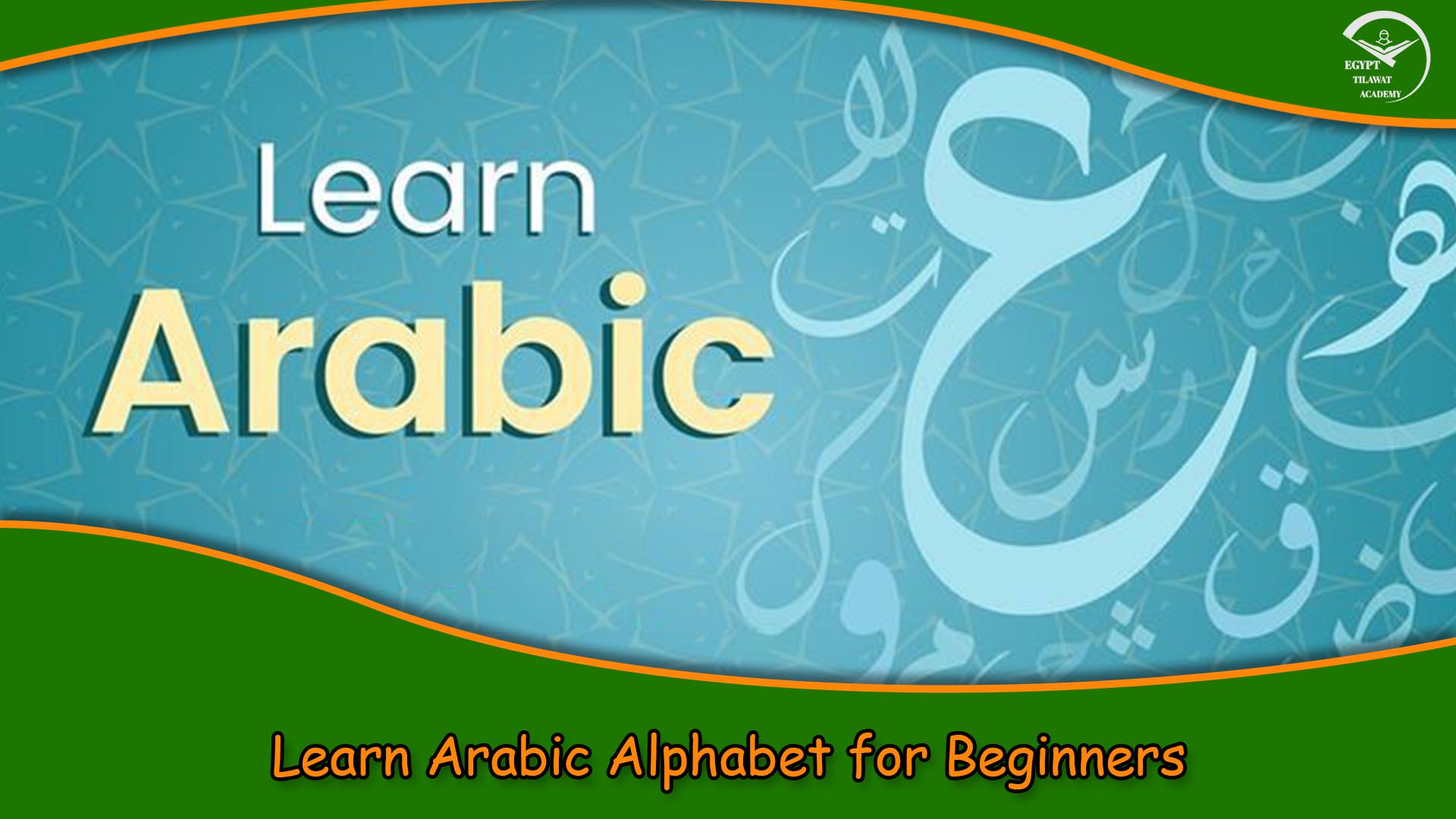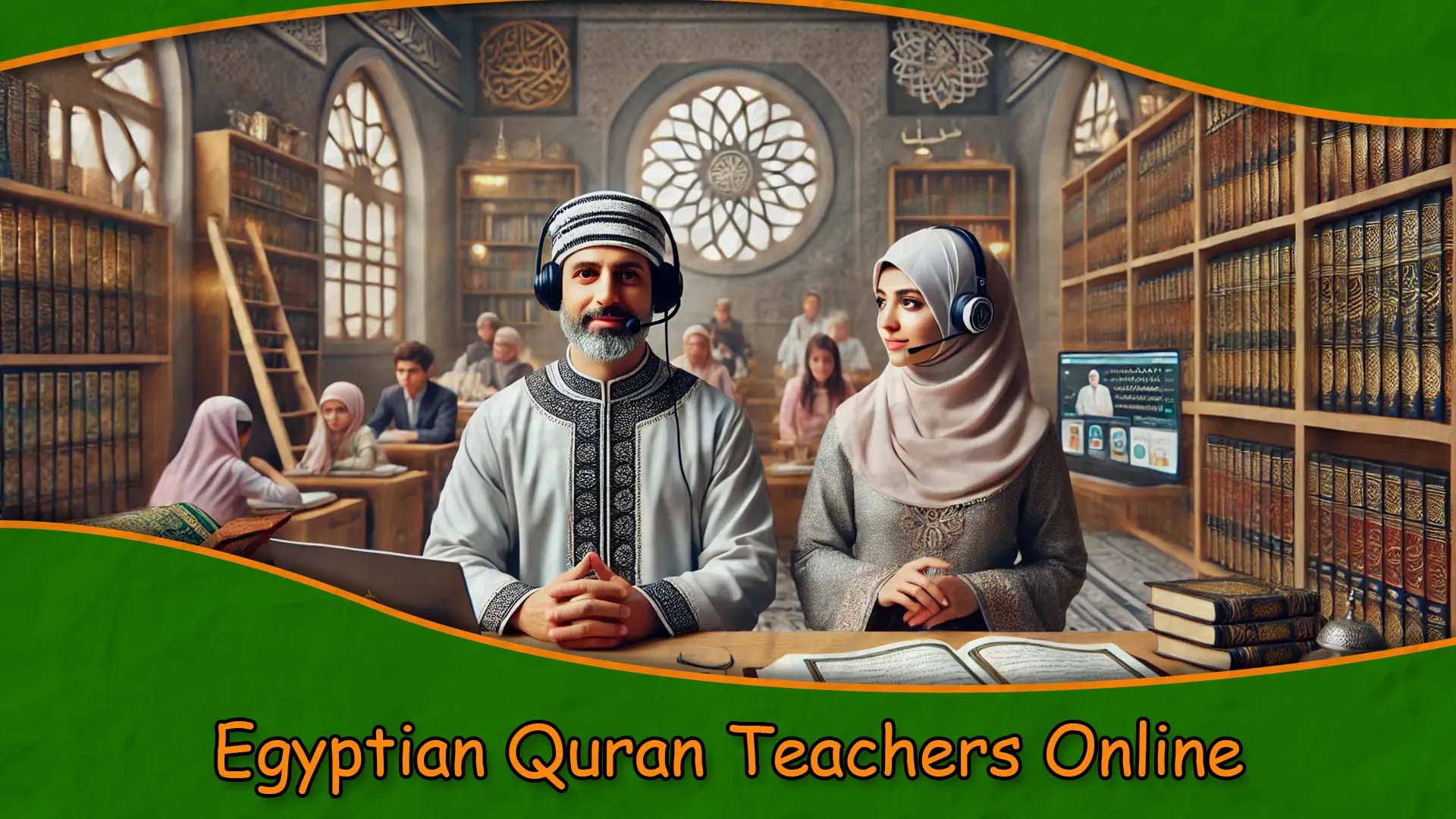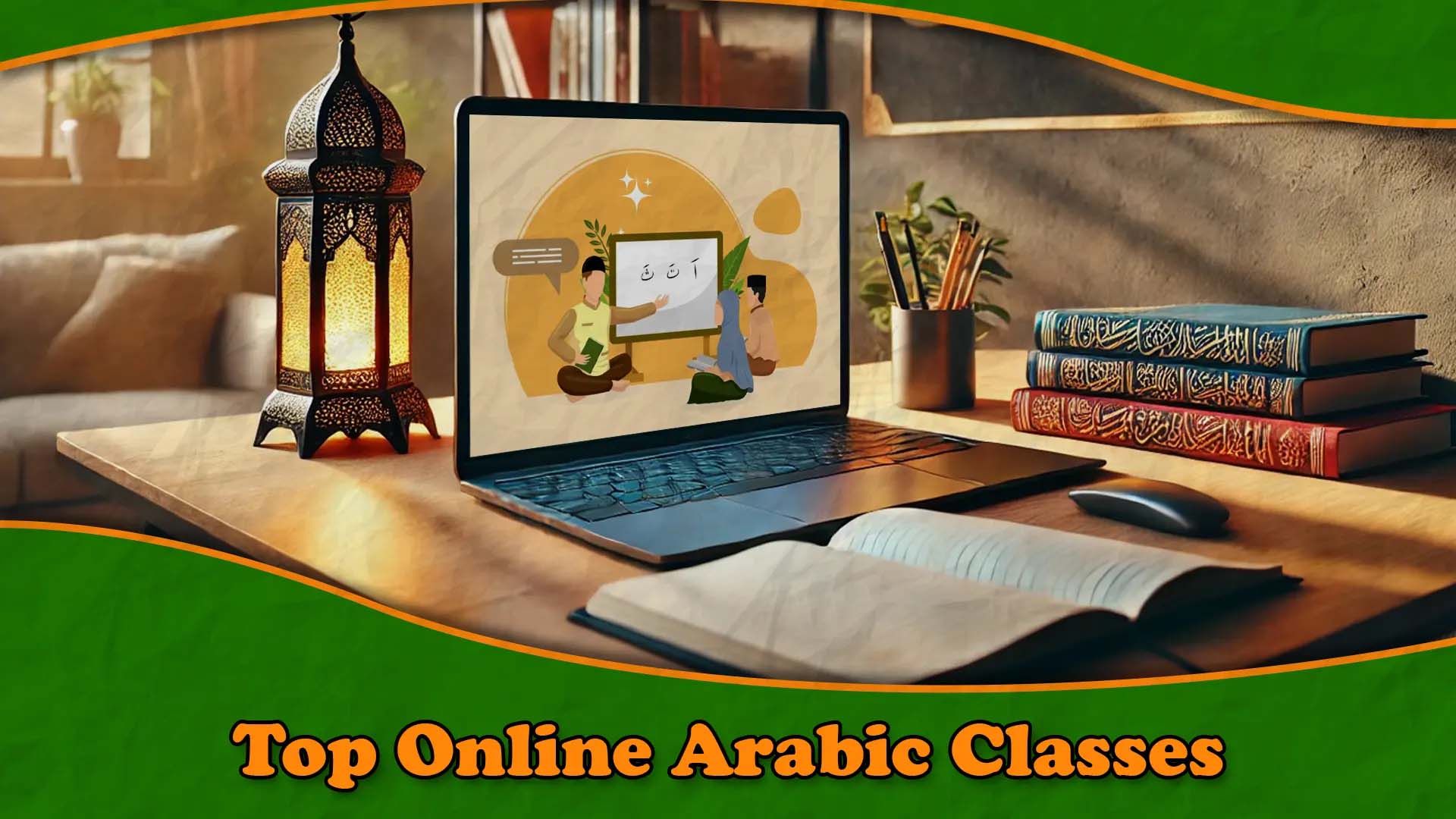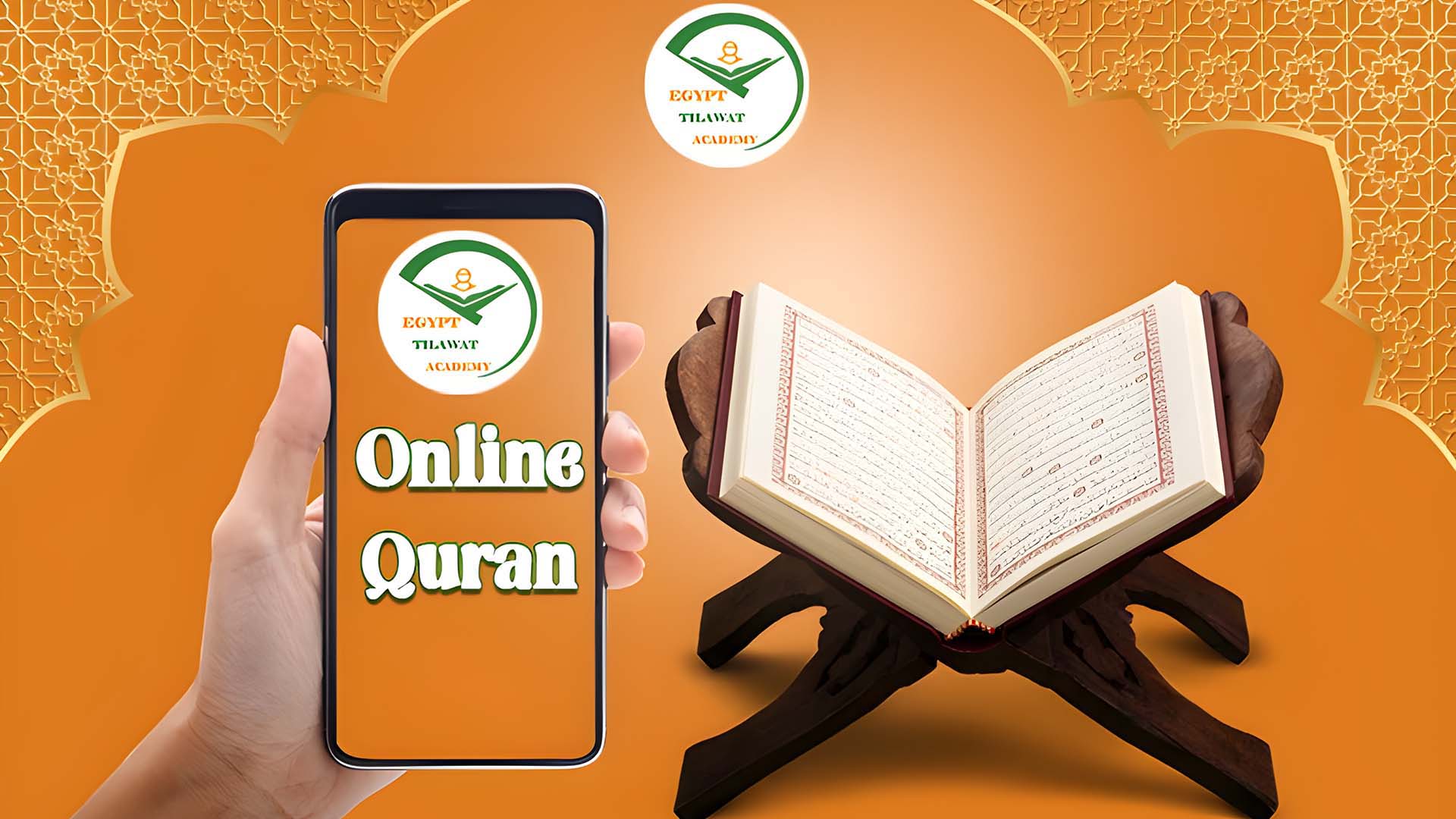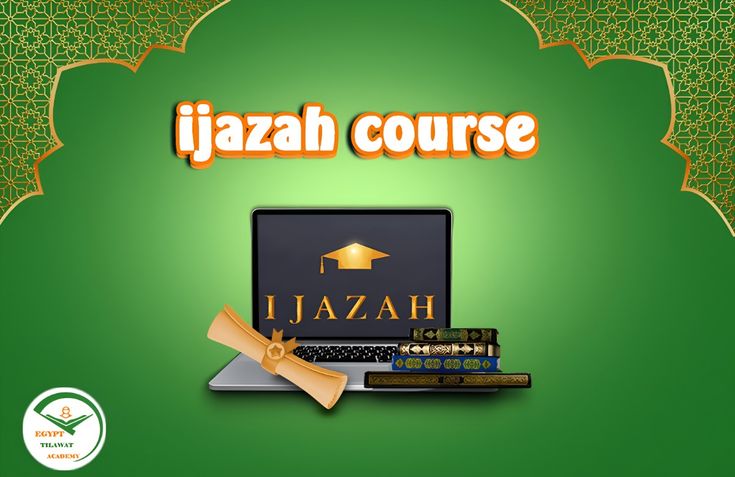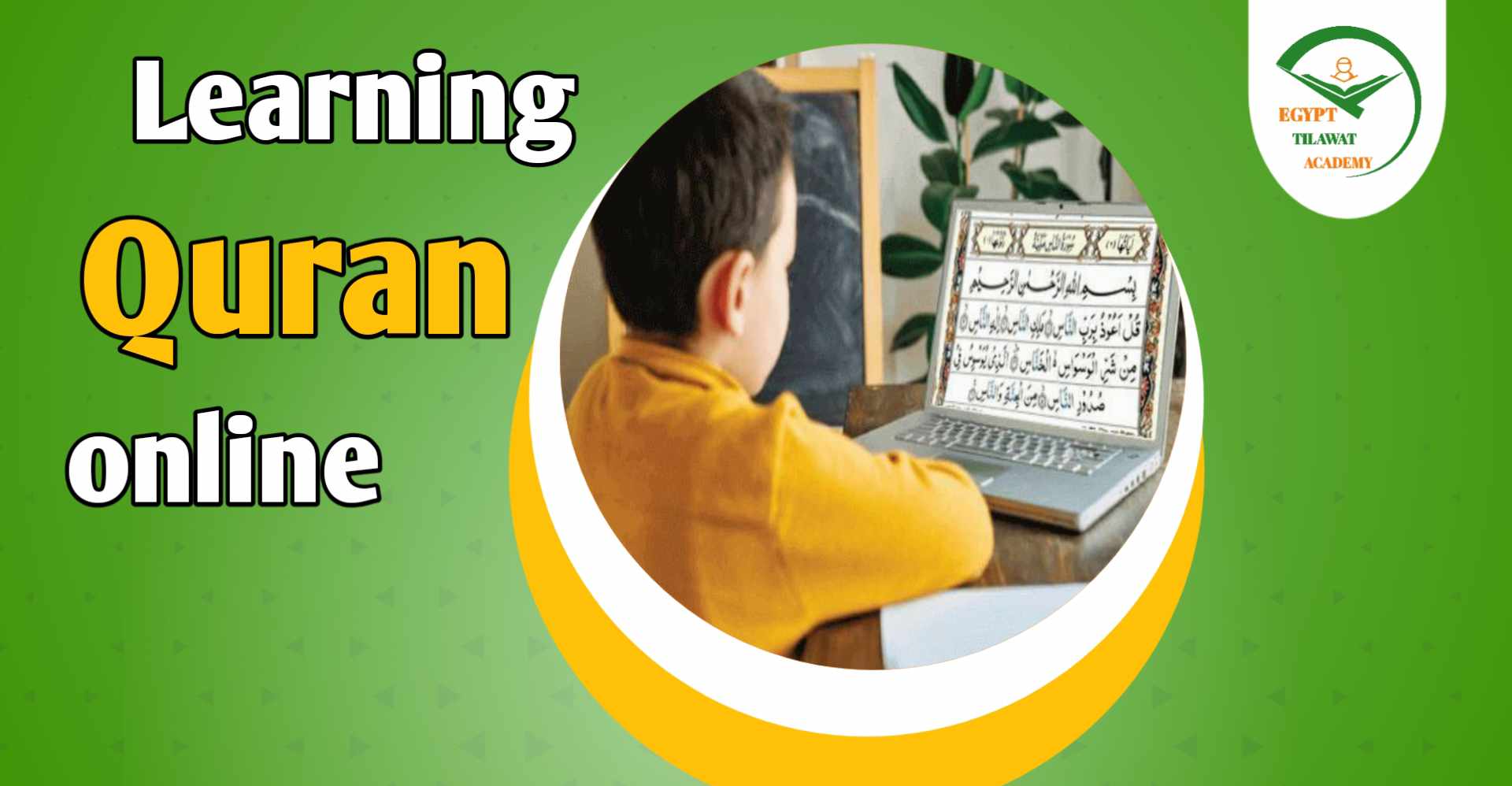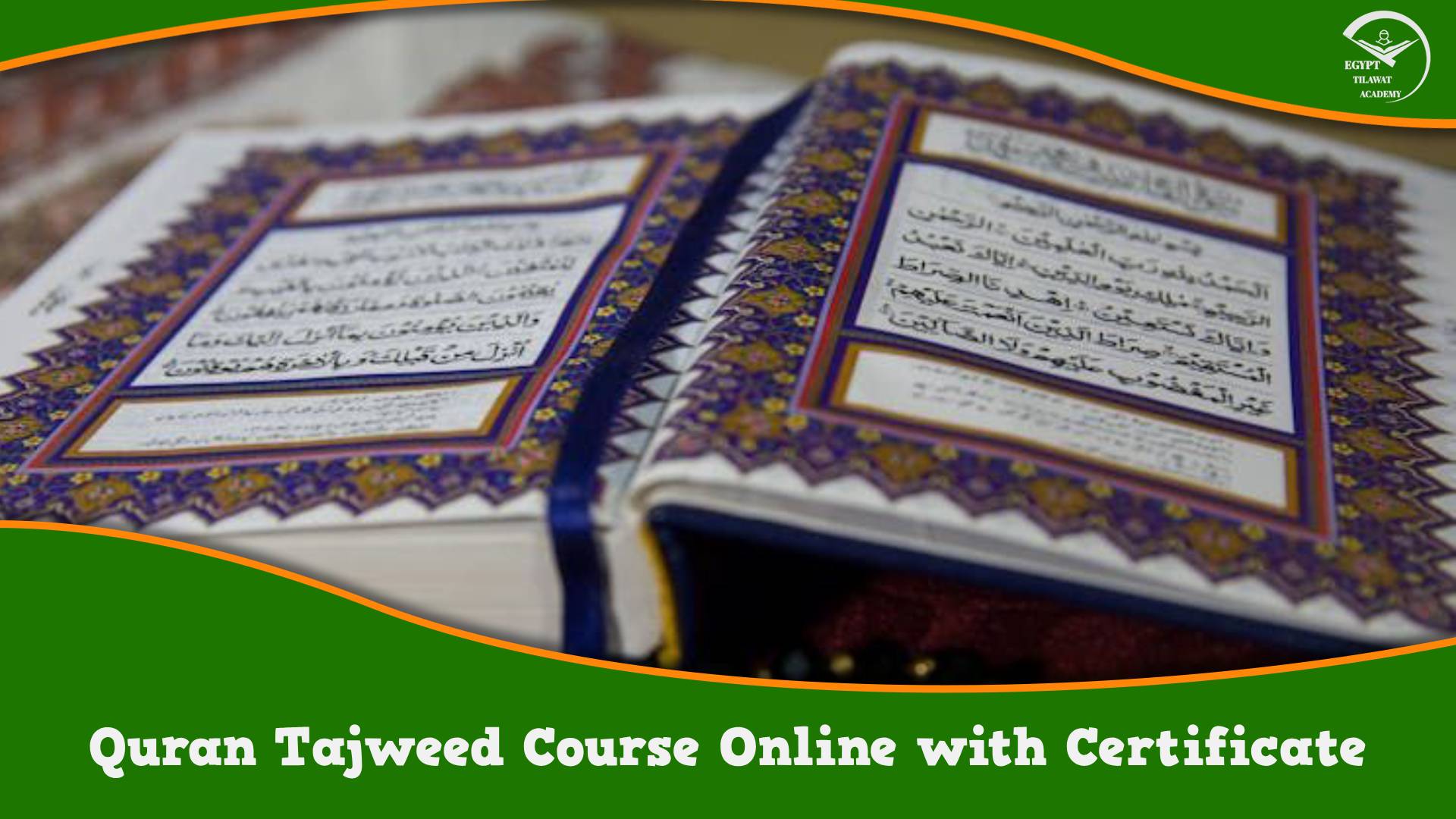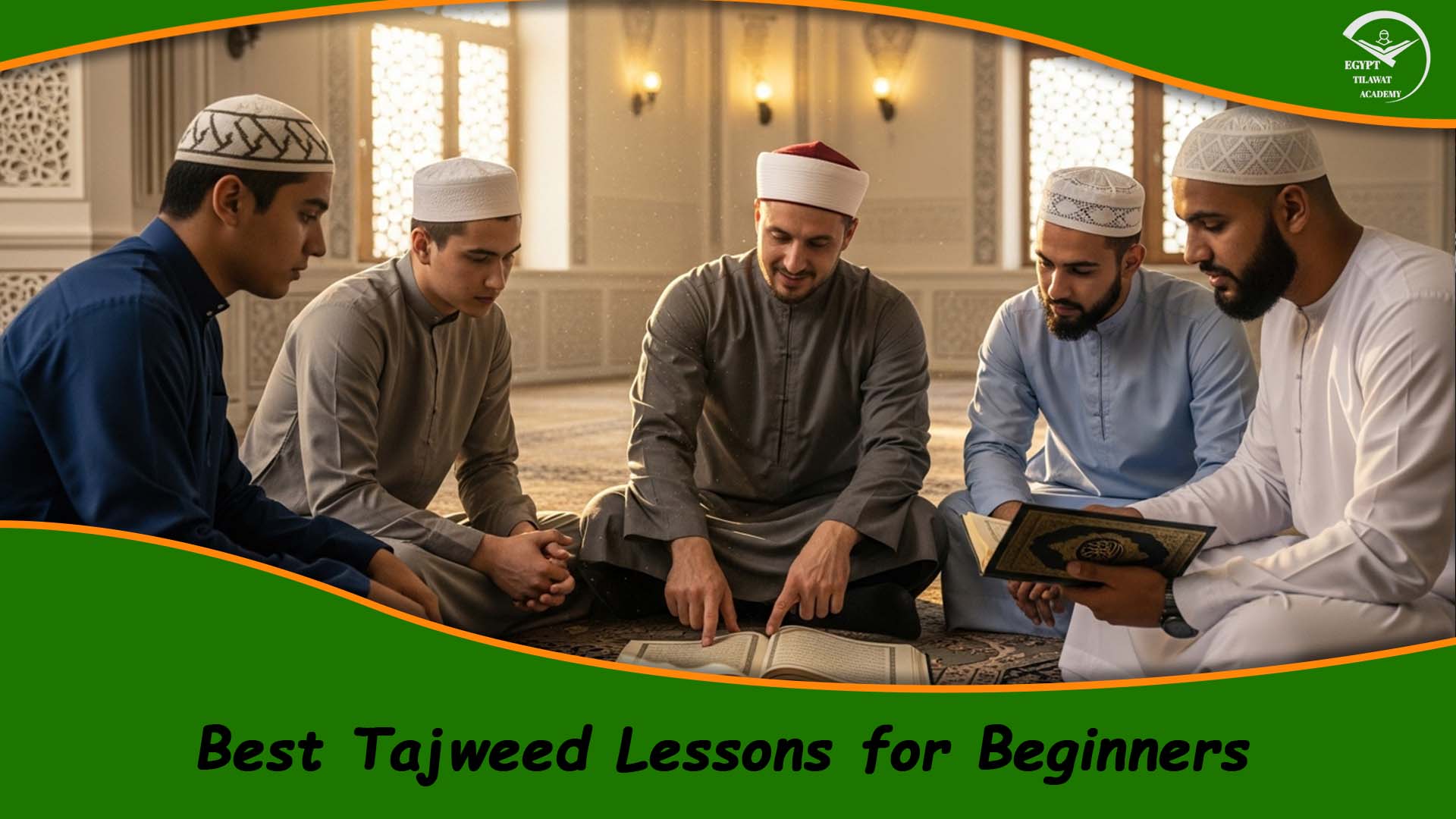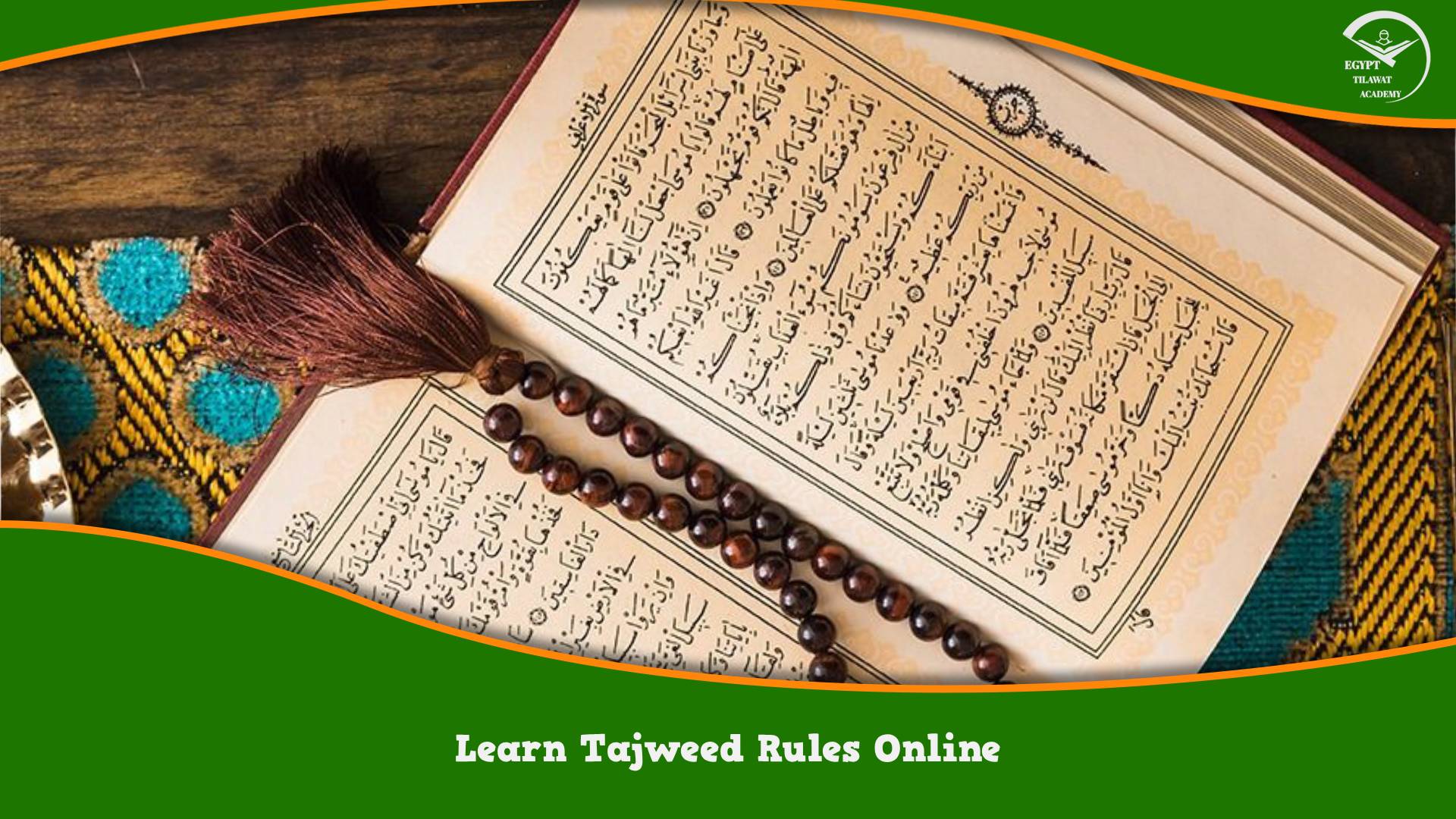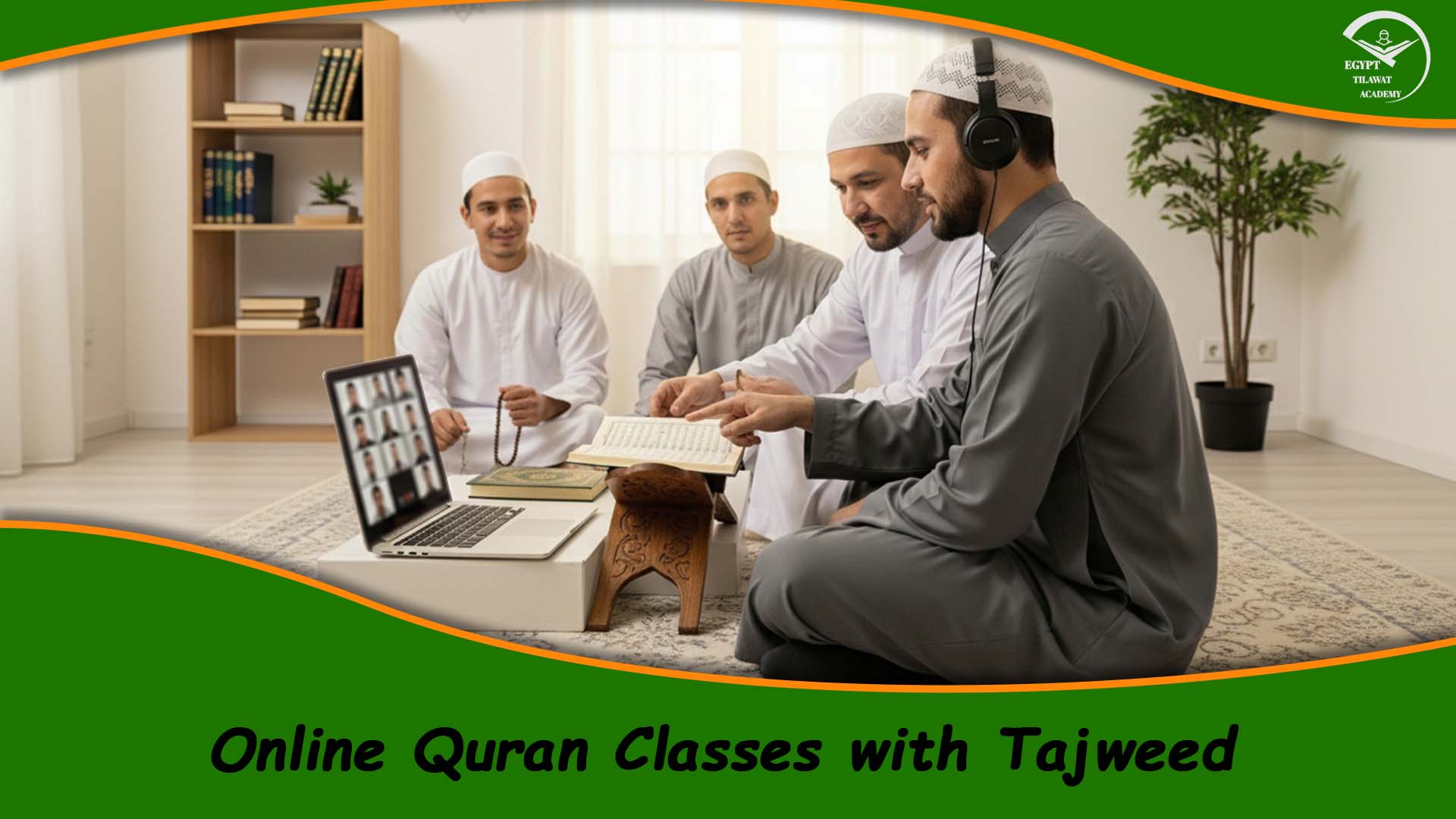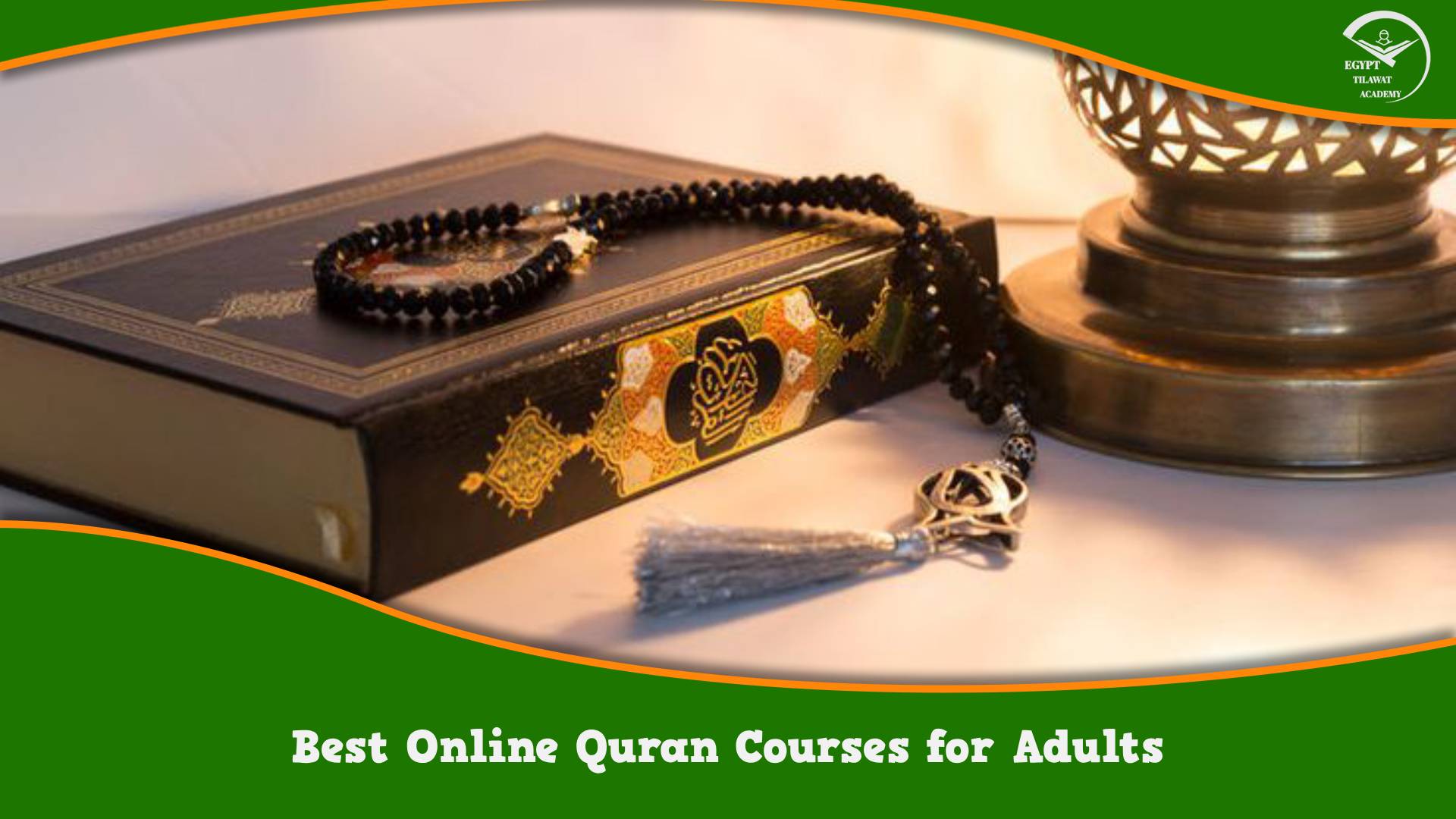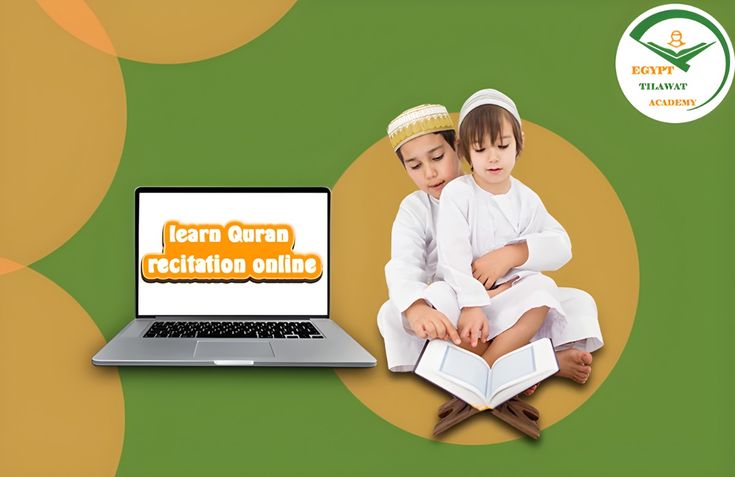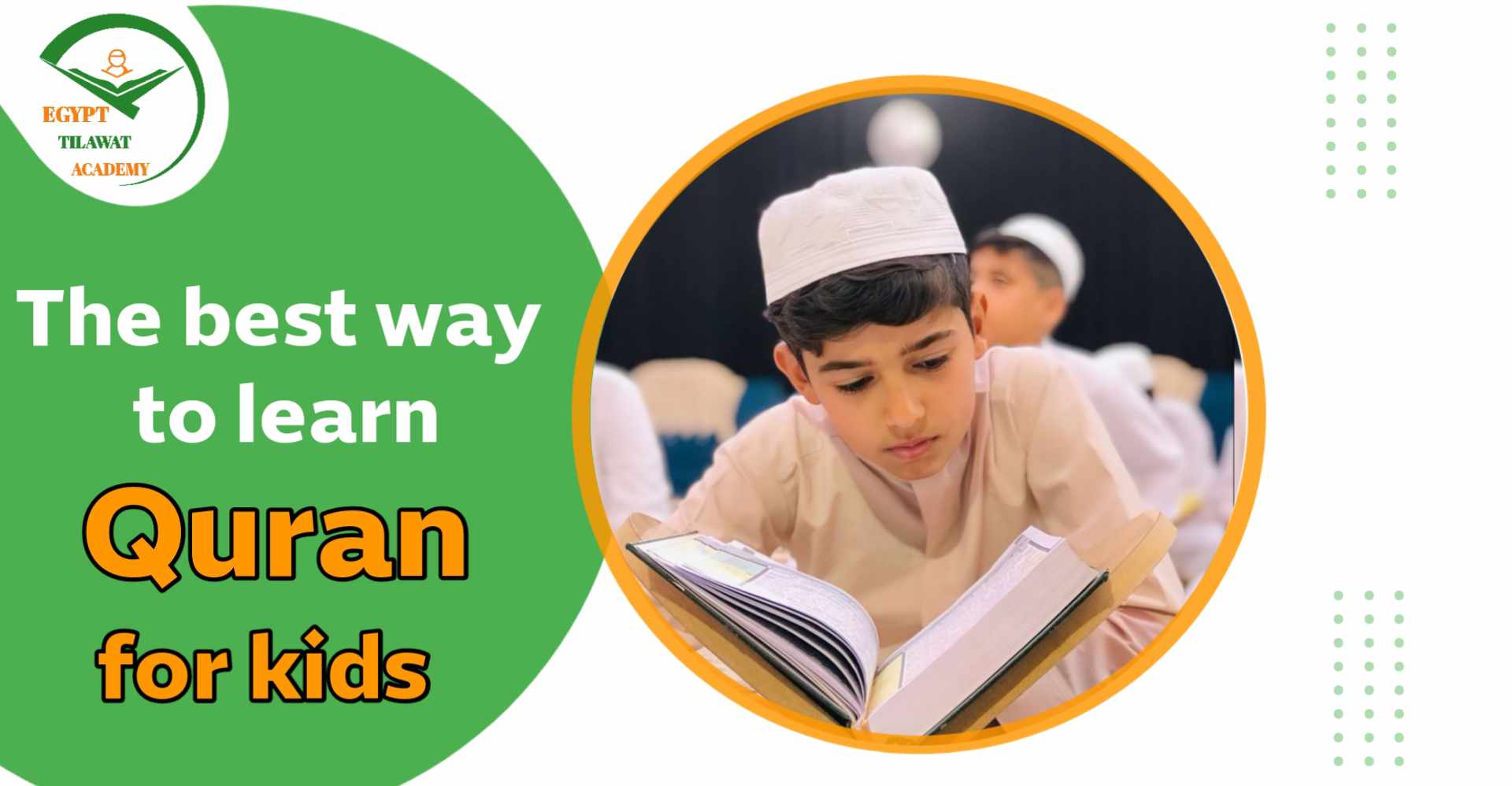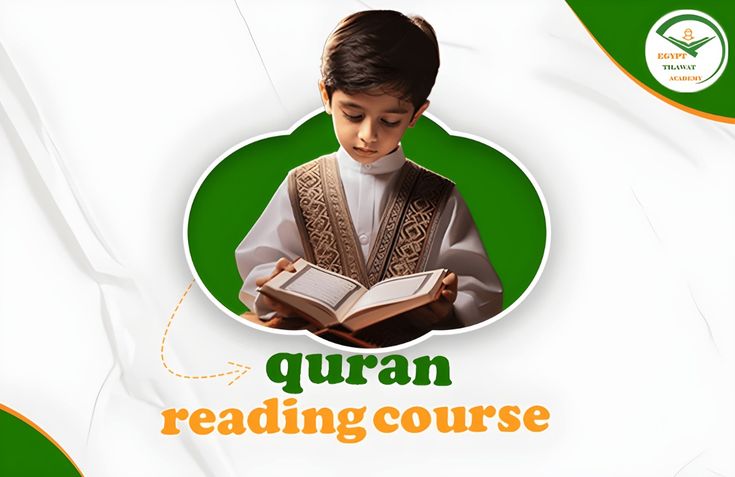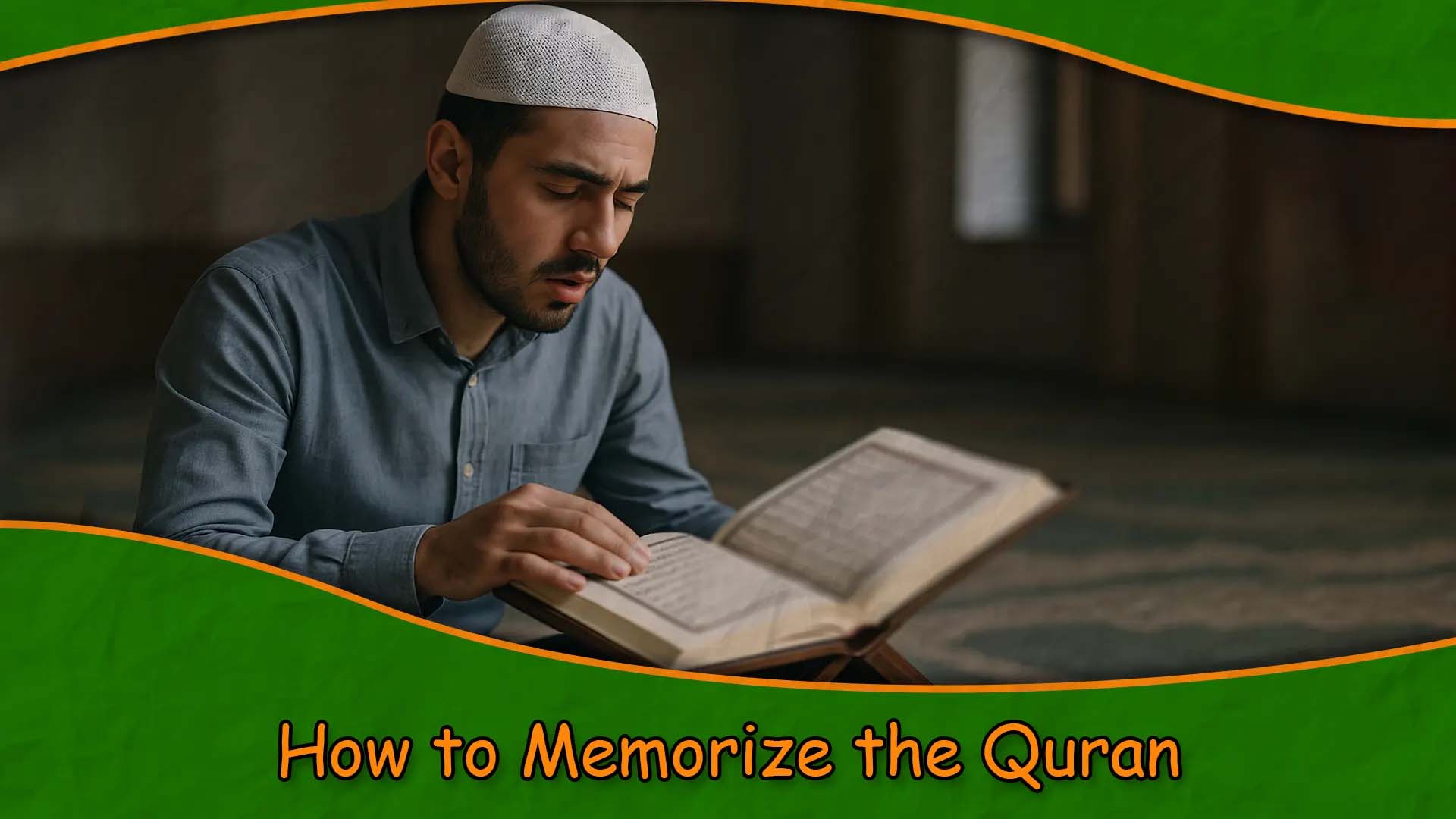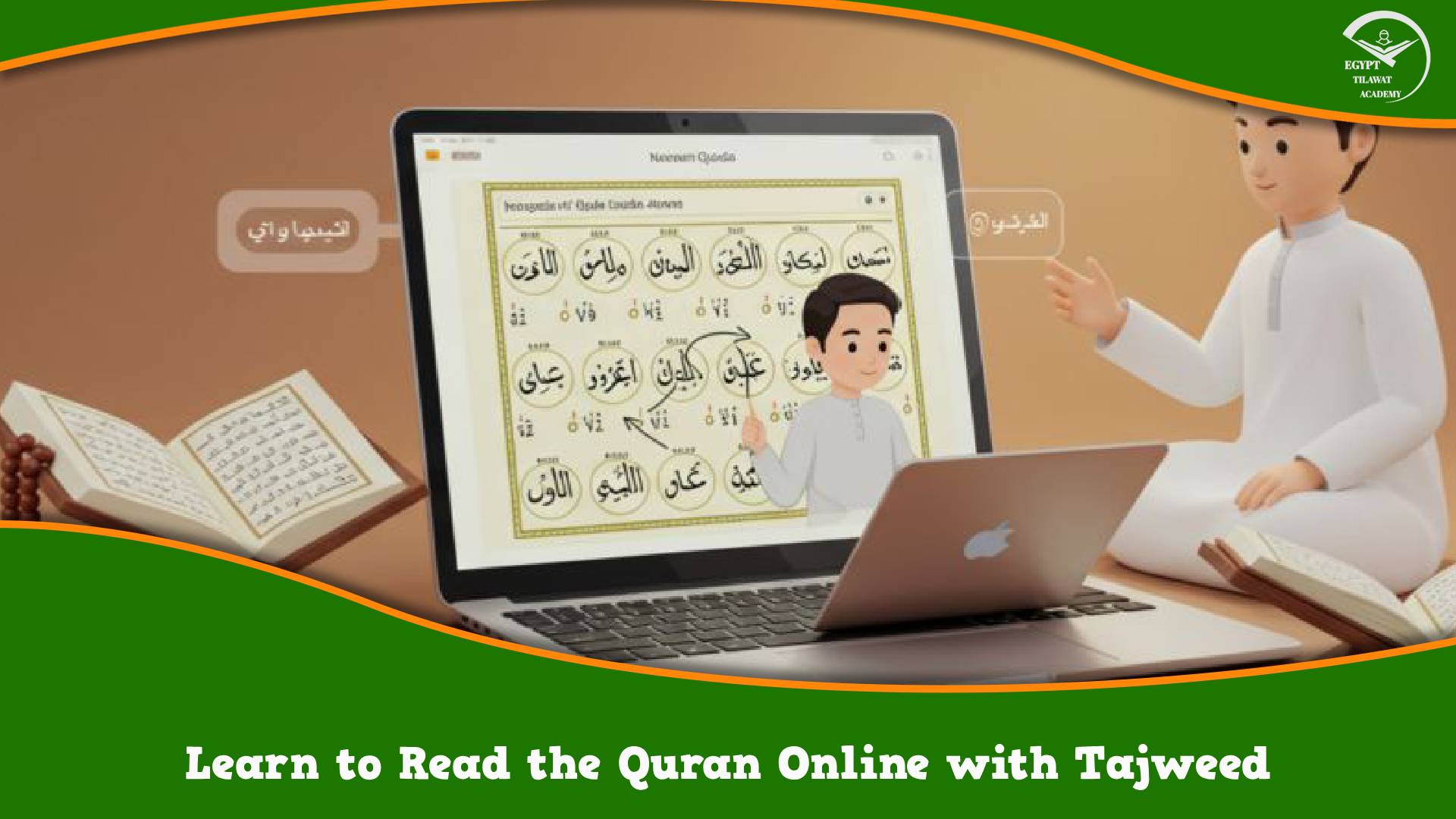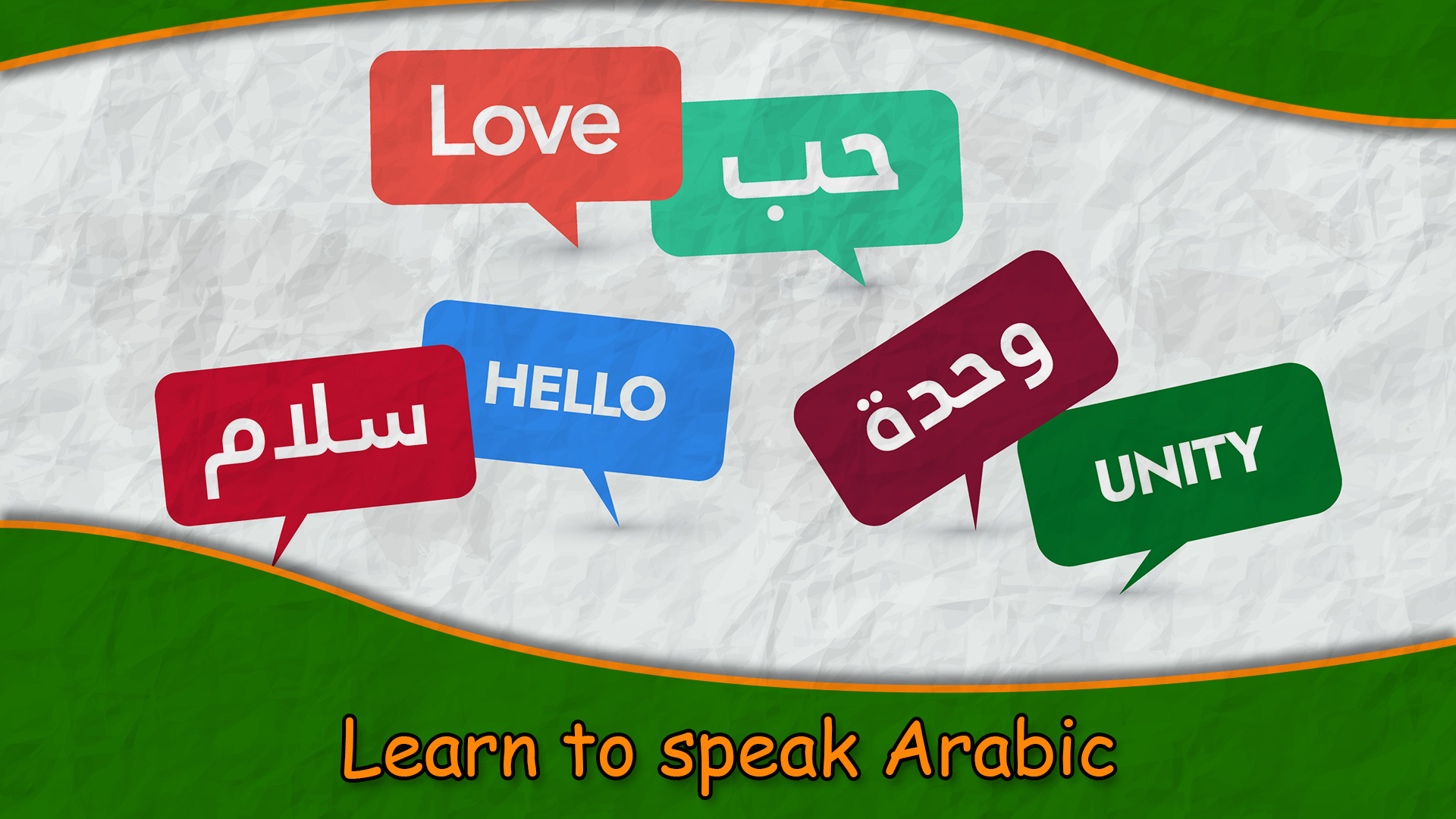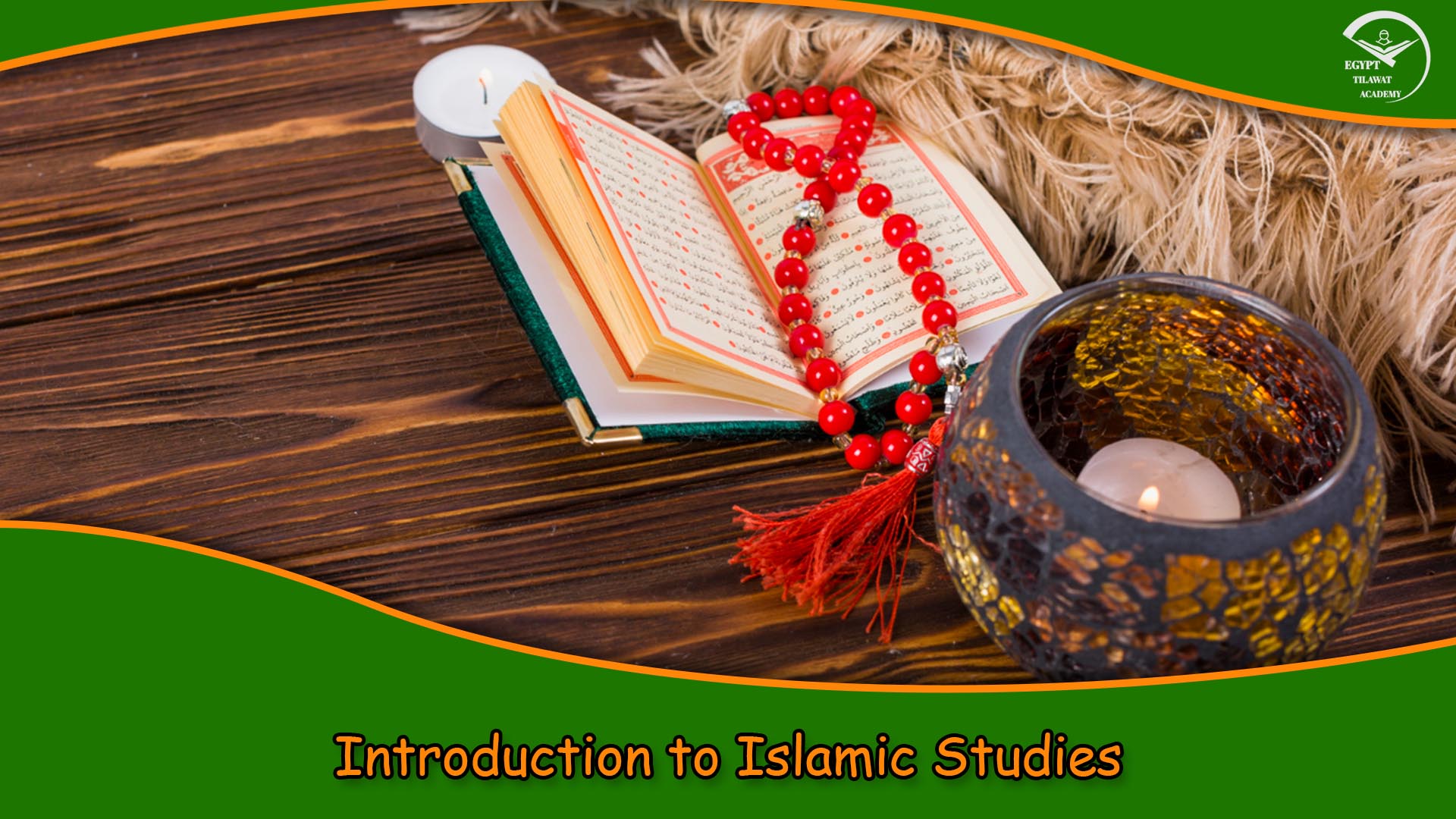
Introduction to Islamic Studies
Introduction
to Islamic Studies: Foundations and Importance
Islamic Studies encompasses various disciplines such as Quranic studies, Hadith, Islamic law (Fiqh), history, culture, and the religion's impact on societies.
It is an academic field dedicated to the systematic study of Islam.
The Islamic Studies aims to understand and know Islamic beliefs, practices.
Islamic studies play a vital role in fostering a deeper understanding of
Islam, its history, and its role in the world, promoting cross-cultural
dialogue and challenging misconceptions.
Islamic Studies has a history as rich as the religion itself.
From the time of the Prophet Muhammad (PBUH), Islamic knowledge was passed
through oral teaching and direct practice.
The early Muslims learned directly from the Prophet, observing his actions,
memorizing the Quran, and following his guidance in every aspect of life.
As Islam spread, scholars began to specialize in various branches of Islamic
knowledge, Quranic sciences, Hadith, Fiqh, Seerah, Aqeedah, and more.
Over time, Islamic scholarship developed into a comprehensive system, with
graded levels of study.
Specialized fields and certified teachers (tutors) ensure the authenticity
of Islamic knowledge.
Islamic Studies can be learned online through professional academies like
Egypt Tilawat Academy, bringing centuries of Islamic learning to students
worldwide.
Including in the UK, USA, and beyond.
What Is Islamic Studies?
Islamic Studies is the systematic study of Islam’s beliefs, practices,
history, and ethics.
It covers all aspects of Islamic knowledge, from the foundations of Aqidah
(beliefs) and Fiqh (jurisprudence) to the sciences of Tafseer (Quran
interpretation) and Hadith (Prophet’s sayings).
At its core, Islamic Studies introduces learners to the Quran, the Sunnah of
the Prophet Muhammad (PBUH), the lives of the Prophets, and the moral values
that guide a Muslim’s daily actions.
It is not limited to academic learning but is a comprehensive way to live Islam
through Islamic knowledge, worship, and good manners.
Islamic Studies starts for kids with fun, interactive activities like Quran
recitation with Tajweed, storytelling sessions on the lives of the Prophets,
and games that teach Islamic etiquette.
For adults, it may include a more in-depth study of Islamic law, ethics, and
history.
The Historical Development of Islamic Studies
Islamic Studies has a history as rich as the religion itself.
From the time of the Prophet Muhammad (PBUH), Islamic knowledge was passed
through oral teaching and direct practice.
The early Muslims learned directly from the Prophet, observing his actions,
memorizing the Quran, and following his guidance in every aspect of life.
As Islam spread, scholars began to specialize in various branches of Islamic
knowledge, including Quranic sciences, Hadith, Fiqh, Seerah, Aqidah, and
others.
Centers of learning such as Al-Azhar in Egypt became beacons of Islamic
scholarship, offering structured programs to students from all over the world.
Over time, Islamic scholarship evolved into a comprehensive system,
featuring graded levels of study.
With specialized fields and certified teachers (tutors) who ensured the
authenticity of Islamic knowledge.
Islamic Studies can be learned online through professional academies like
Egypt Tilawat Academy.
By bringing centuries of Islamic learning to students worldwide, including
in the USA and beyond.
Foundations of Islamic Studies.
The foundations of Islamic Studies form the essential base upon which all
Islamic knowledge is built.
They encompass the core beliefs, practices, and values that every Muslim
needs to understand and live by.
These foundations center on Aqidah: belief in the oneness of Allah, His
prophets, angels, divine books, the Day of Judgment, and divine decree.
Alongside belief, the practical aspects of faith are established through
Fiqh (Islamic jurisprudence), which teaches how to perform acts of worship such
as prayer, fasting, zakat, and Hajj in Islam.
The foundations of Islamic Studies cover the essential Islamic knowledge
every Muslim should know to live by Allah’s guidance.
The Quran and Sunnah serve as the primary sources of guidance, and learning
them involves recitation, Tajweed, and understanding their meanings through
Tafseer.
These fundamentals of Islamic Studies include:
- Aqeedah: encompasses belief in the oneness of Allah, His prophets, angels,
scriptures, the Day of Judgment, and divine decree.
- Fiqh (Islamic Jurisprudence): Learning how to perform daily prayers,
fasting, zakat, and Hajj correctly.
- Seerah: The Prophet Muhammad (PBUH )'s life, character, and mission.
- Tafseer: Understanding the meanings of Quranic verses.
- Hadith: Learning the sayings and actions of the Prophet (PBUH ).
- Manners and Etiquette: Applying Islamic values in daily life—respect,
honesty, kindness, and patience.
These basics can be introduced to kids through fun, storytelling, games, and
interactive classes that make learning engaging and memorable.
For adults, the same topics are covered with deeper explanations, historical
context, and practical application in modern life.
Institutions like Egypt Tilawat Academy design interactive, age-appropriate
programs to introduce these basics to kids, youth, and adults through
storytelling, games, and live classes.
Importance of Islamic Studies
Islamic studies are crucial because they establish a strong basis of faith
and Islamic knowledge.
They also foster moral and ethical values, while promoting responsibility
and independence.
Islamic education helps individuals build a solid ethical foundation.
Furthermore, studying Islam is considered a noble act, underscoring its
significance and importance in shaping individuals and society.
The importance of Islamic Studies cannot be overstated; it is the key to
building a strong foundation of faith.
With understanding Islamic identity, and living according to Allah’s
guidance.
- Strengthening Faith (Iman): Islamic Studies helps Muslims understand why
they believe, deepening their love for Allah and the Prophet.
- Preserving Identity: In a rapidly changing world, Islamic Studies gives
children and youth the values and confidence to live as proud Muslims.
- Guiding Daily Life: It teaches how to apply Quranic teachings and the Sunnah
to personal, social, and professional situations.
- Connecting with the Quran: Learning Tafseer and Tajweed fosters a deeper
relationship with Allah’s words.
- Passing Islamic Knowledge to the Next Generation: Families who learn together can nurture a strong Islamic environment at home.
Whether through live classes, weekend programs, or daily lessons, Islamic
Studies provides practical guidance for living a life aligned with faith and
good character.
How to Begin Your Journey in Islamic Knowledge
Starting your journey in Islamic knowledge is a step-by-step process that
should be enjoyable and inspiring.
Here’s how beginners—children, youth, or adults—can start:
- Set Your Intention (Niyyah): Learning for the sake of Allah ensures your
studies are blessed and rewarding.
- Begin with the Basics: Start with Aqeedah, Salah, and Quran recitation.
- Choose the Right Academy: Platforms like Egypt Tilawat Academy offer
interactive, live classes with certified teachers who make learning accessible
for all ages.
- Follow a Structured Curriculum: A comprehensive series of lessons, covering
Fiqh, Tafseer, Hadith, and Seerah, helps learners progress gradually.
- Stay Consistent: Even short, daily lessons can build strong knowledge over
time.
- Engage with Resources: Use books, storytelling, educational games, and
videos to reinforce learning.
- Apply What You Learn: Islamic knowledge must be lived, not just studied.
Practice manners, prayers, and values daily.
Core Areas of Study in Islam
Core areas of study in Islam provide a comprehensive understanding of
Islamic beliefs, practices, and history.
A study Islamic program also incorporates the historical study of Islamic
civilization and the Muslim world.
The focus is on religious texts, legal frameworks, historical events, and
philosophical underpinnings to offer a deep insight into Islam.
Islamic Studies is broad, covering many areas of Islamic knowledge.
The core areas include:
- Quran and Tajweed: Learning to recite with proper pronunciation and rhythm.
- Tafseer: Understanding the meaning and wisdom behind verses.
- Hadith Sciences: Studying authentic sayings of the Prophet (PBUH).
- Aqeedah: Learning the foundations of Islamic belief.
- Fiqh: Understanding Islamic laws and daily practices.
- Seerah: Exploring the Prophet’s life as a model for all Muslims.
- Islamic History: Learning about the spread of Islam, the Caliphates, and
Islamic civilization.
- Ethics and Manners: Applying values such as honesty, kindness, and patience.
Children’s programs often cover these topics in age-appropriate, engaging
ways—using games, stories, and activities.
While adult programs may go deeper into scholarly analysis and research.
The Role of Study in Islam in Islamic Knowledge
Islamic Studies encompasses all fields of knowledge related to Islam,
playing a foundational role in shaping the Muslim community.
It instills values, knowledge, and a sense of religious fidelity.
Islamic knowledge is vast, and seeking knowledge is a core tenet.
Islamic studies contribute to the overall understanding and practice of
Islam by exploring its multifaceted dimensions.
Islamic Studies plays a central role in the development of Islamic knowledge
for individuals, families, and communities.
It acts as the foundation upon which all other learning is built.
Without understanding the basics of faith, worship, and manners, deeper
Islamic sciences cannot be properly appreciated.
For kids, Islamic Studies plants the seeds of love for Allah, the Prophet ﷺ, and the Quran.
For adults, it strengthens the ability to practice Islam in complex
situations, make ethical decisions, and guide others.
Institutes like Egypt Tilawat Academy understand this role and have designed
flexible, interactive programs that cater to all levels.
Whether you are a beginner learning how to pray or an advanced student
studying Tafseer and Fiqh.
By engaging students through live lessons, storytelling, and practical activities.
Islamic Studies becomes not just an academic subject but a life-transforming
experience.
